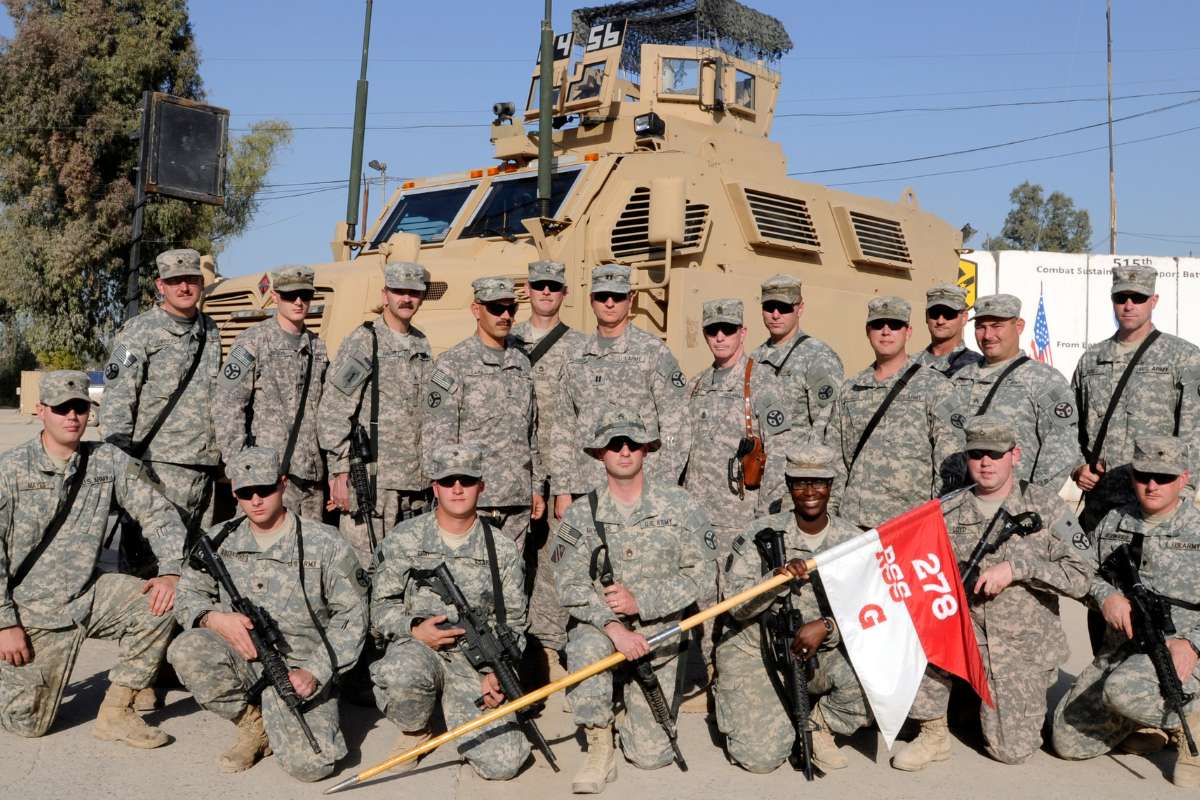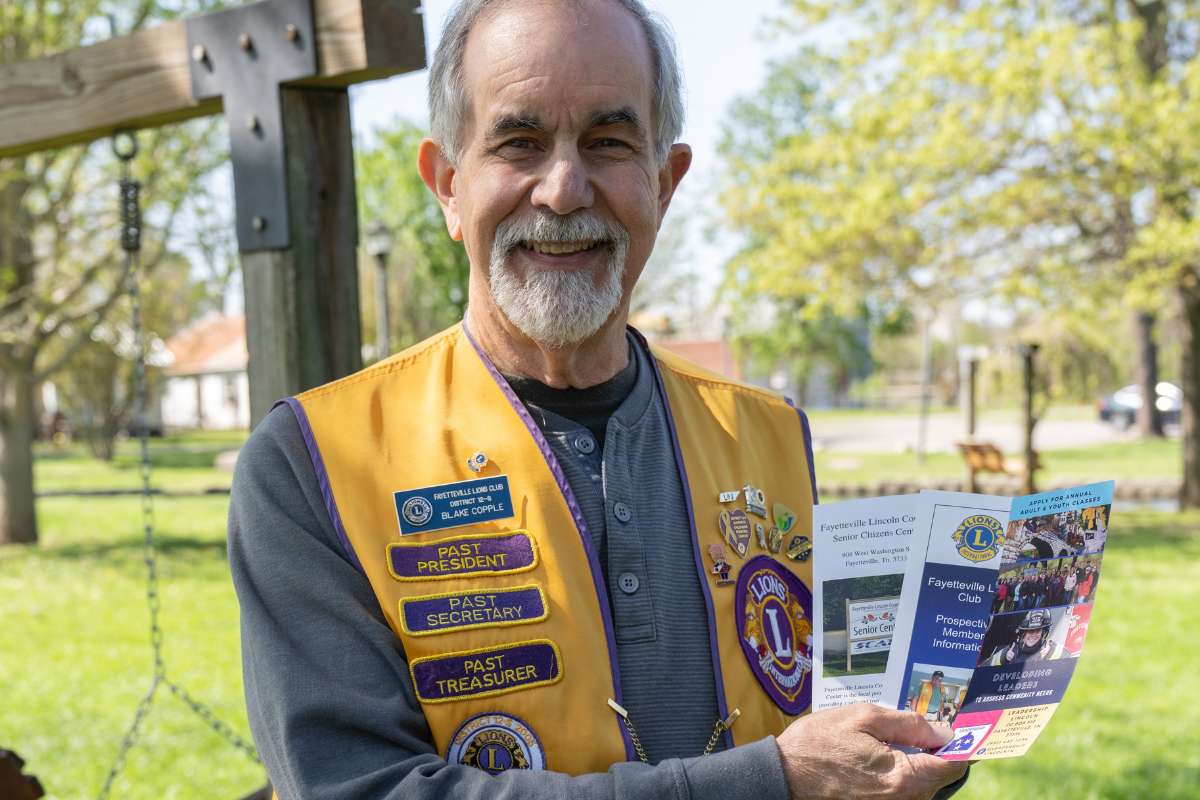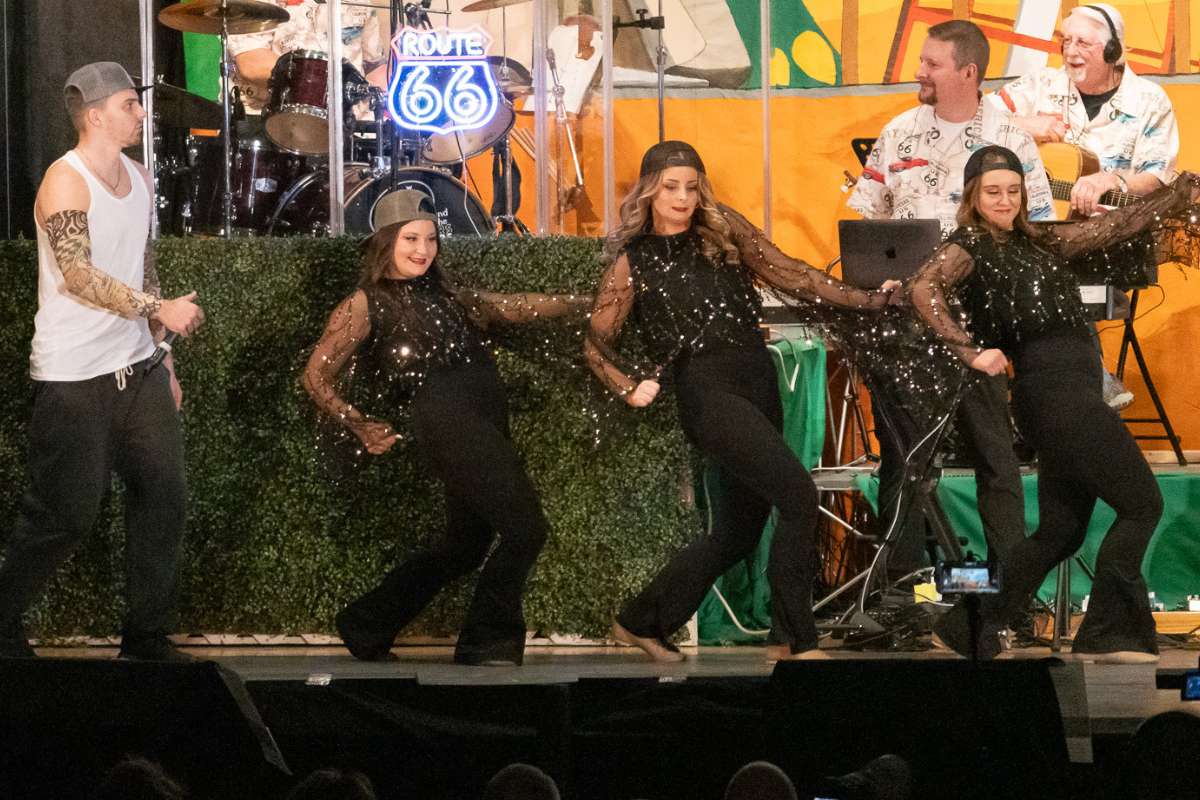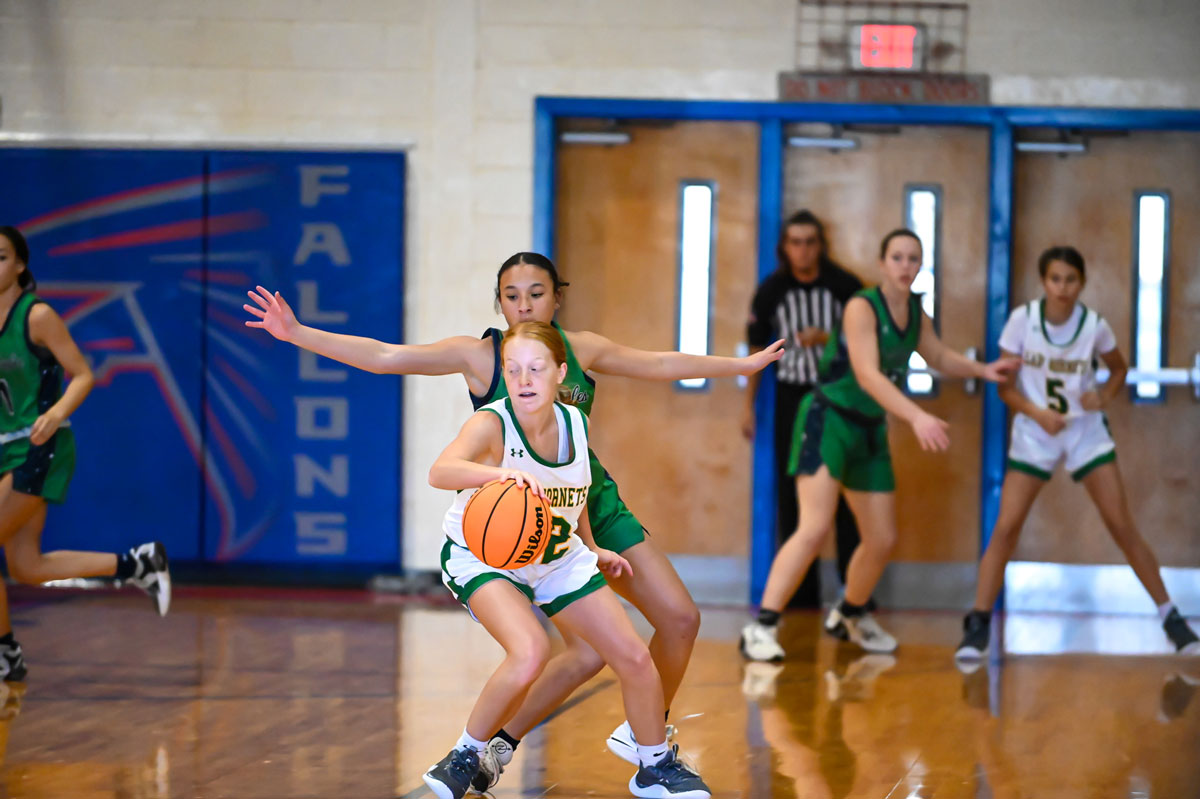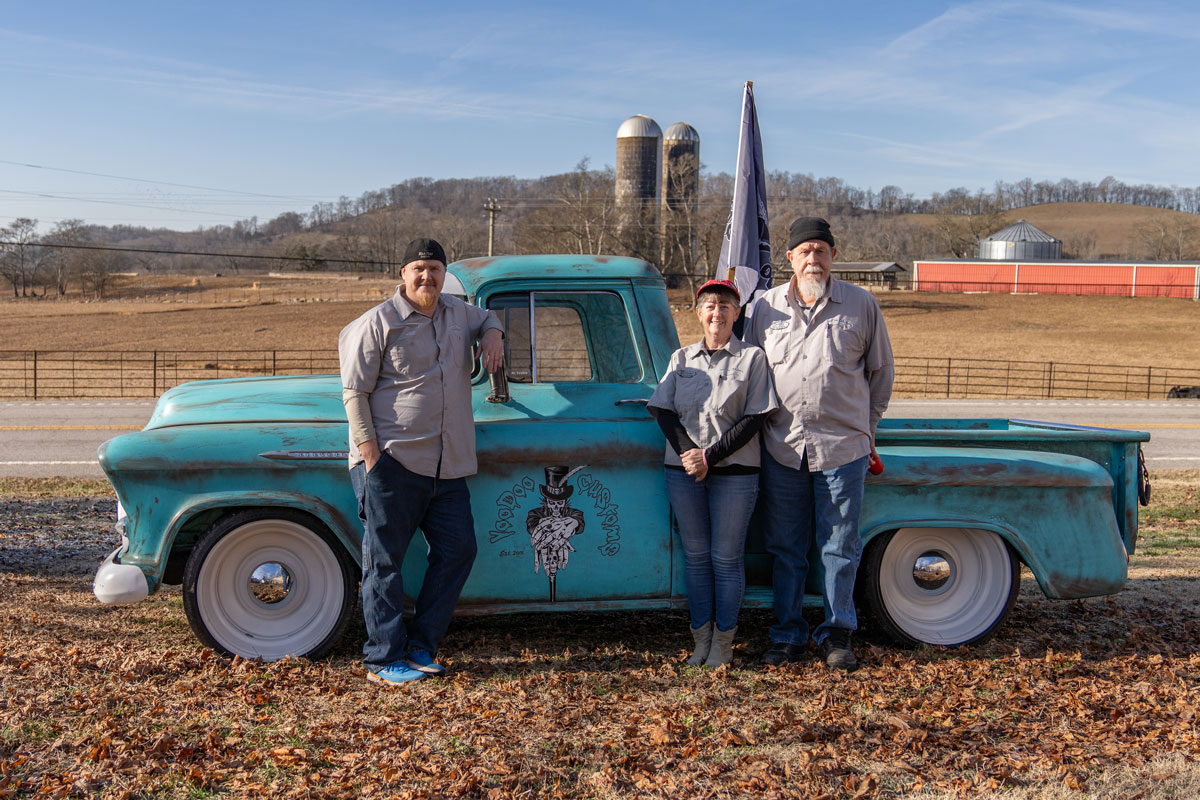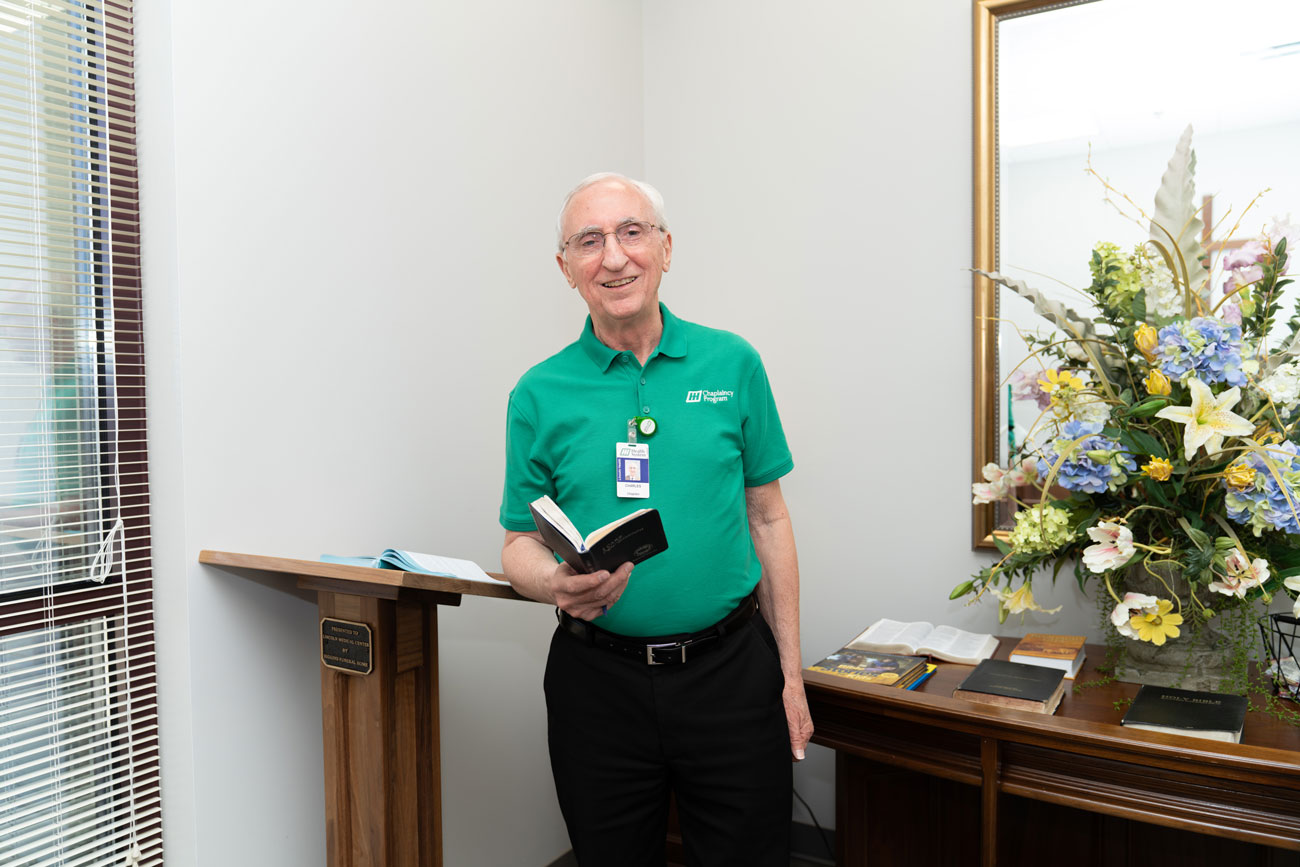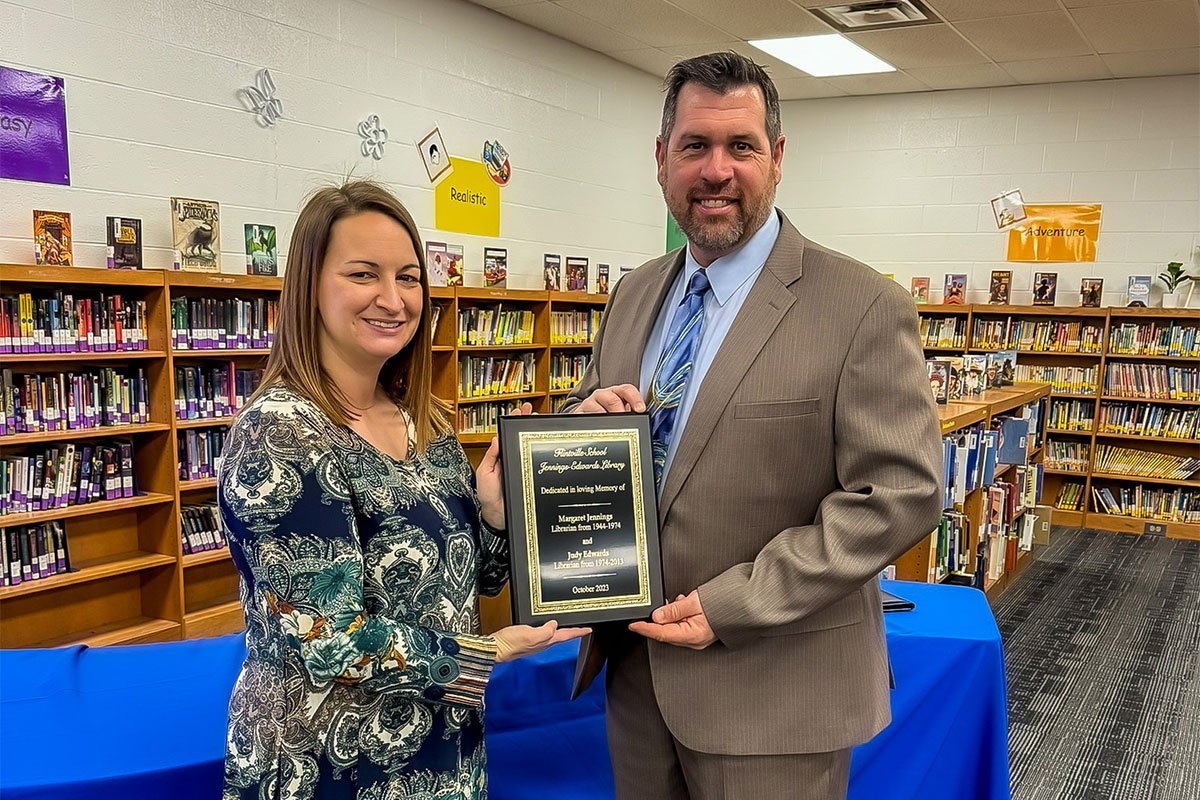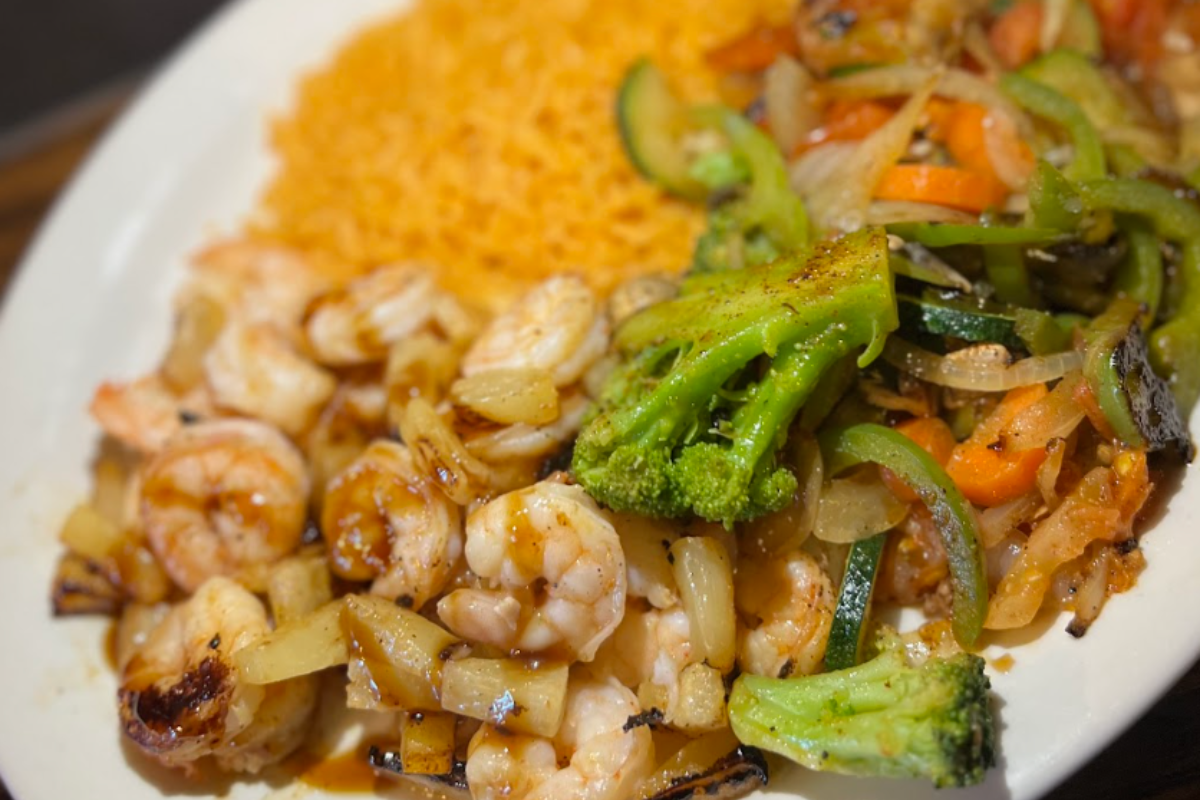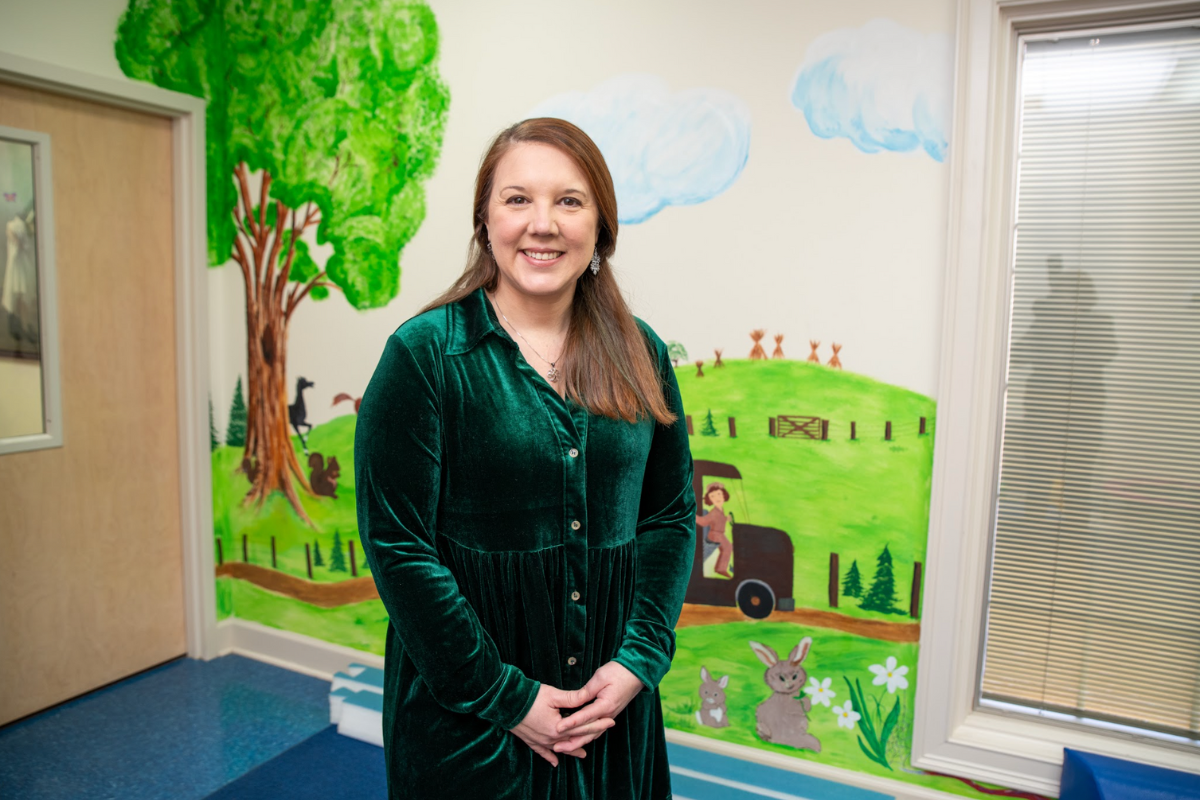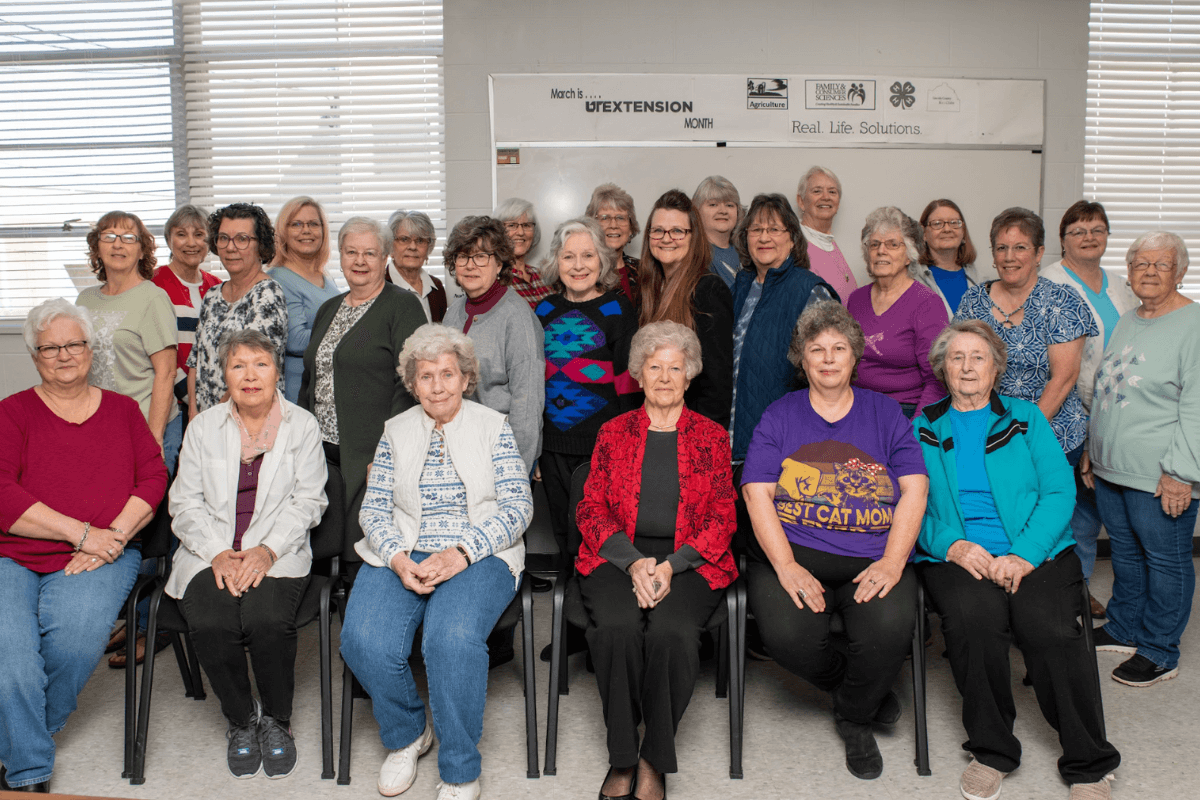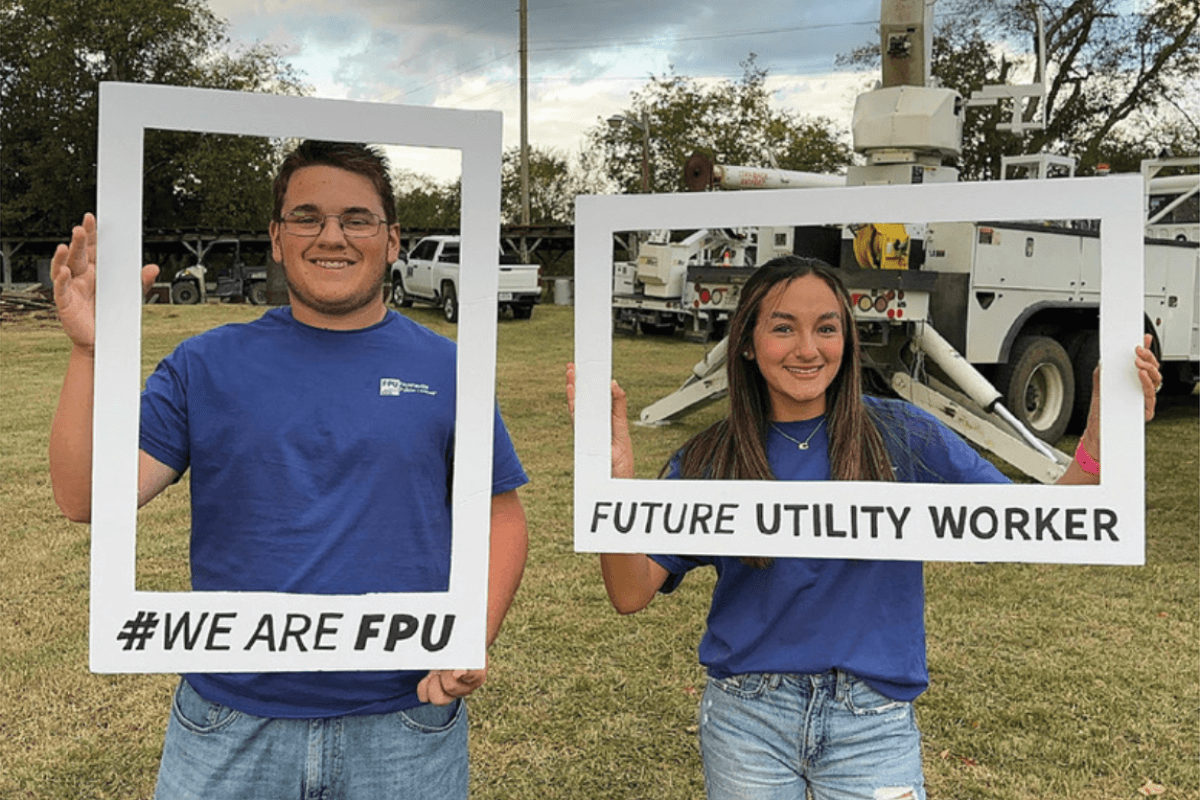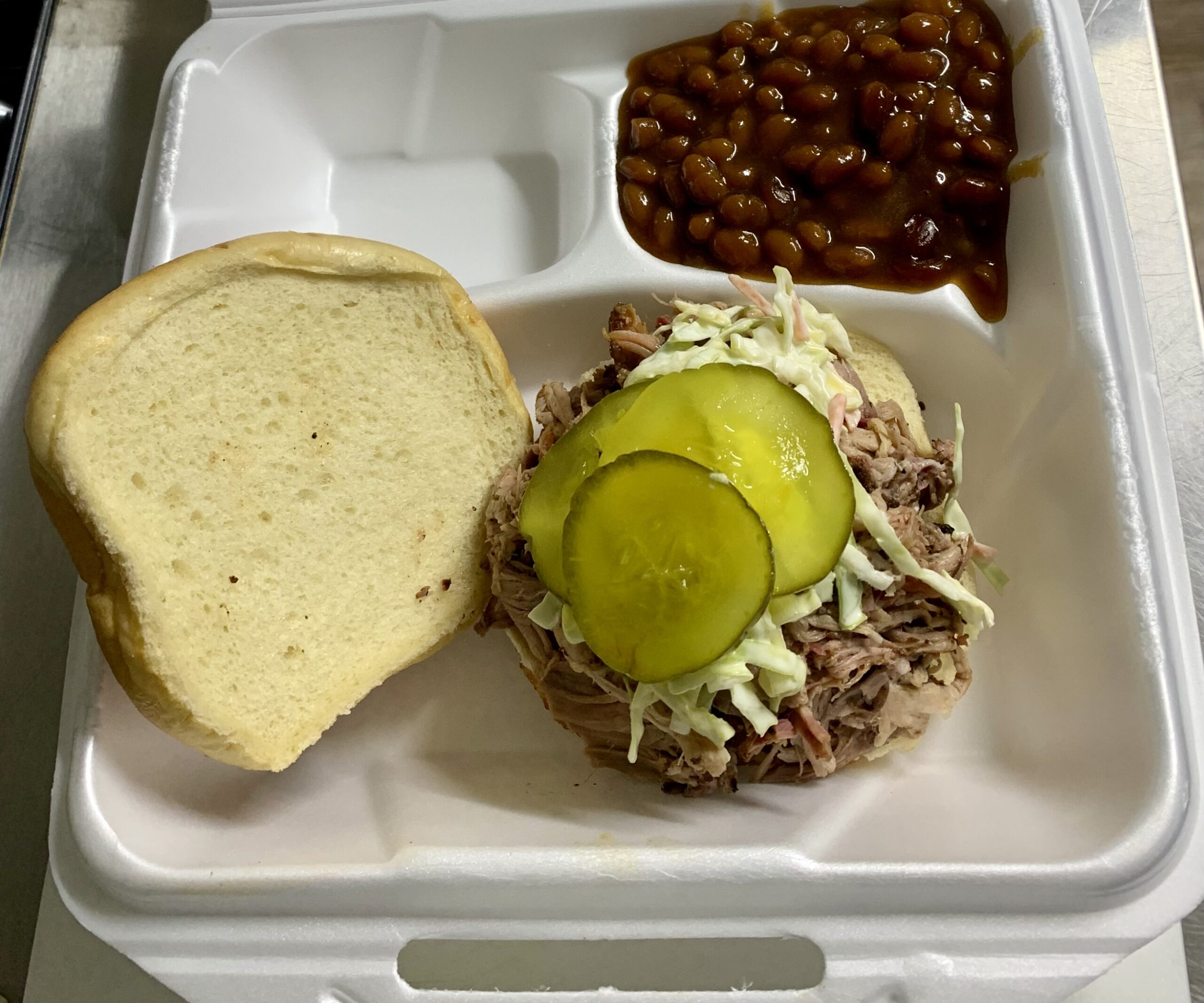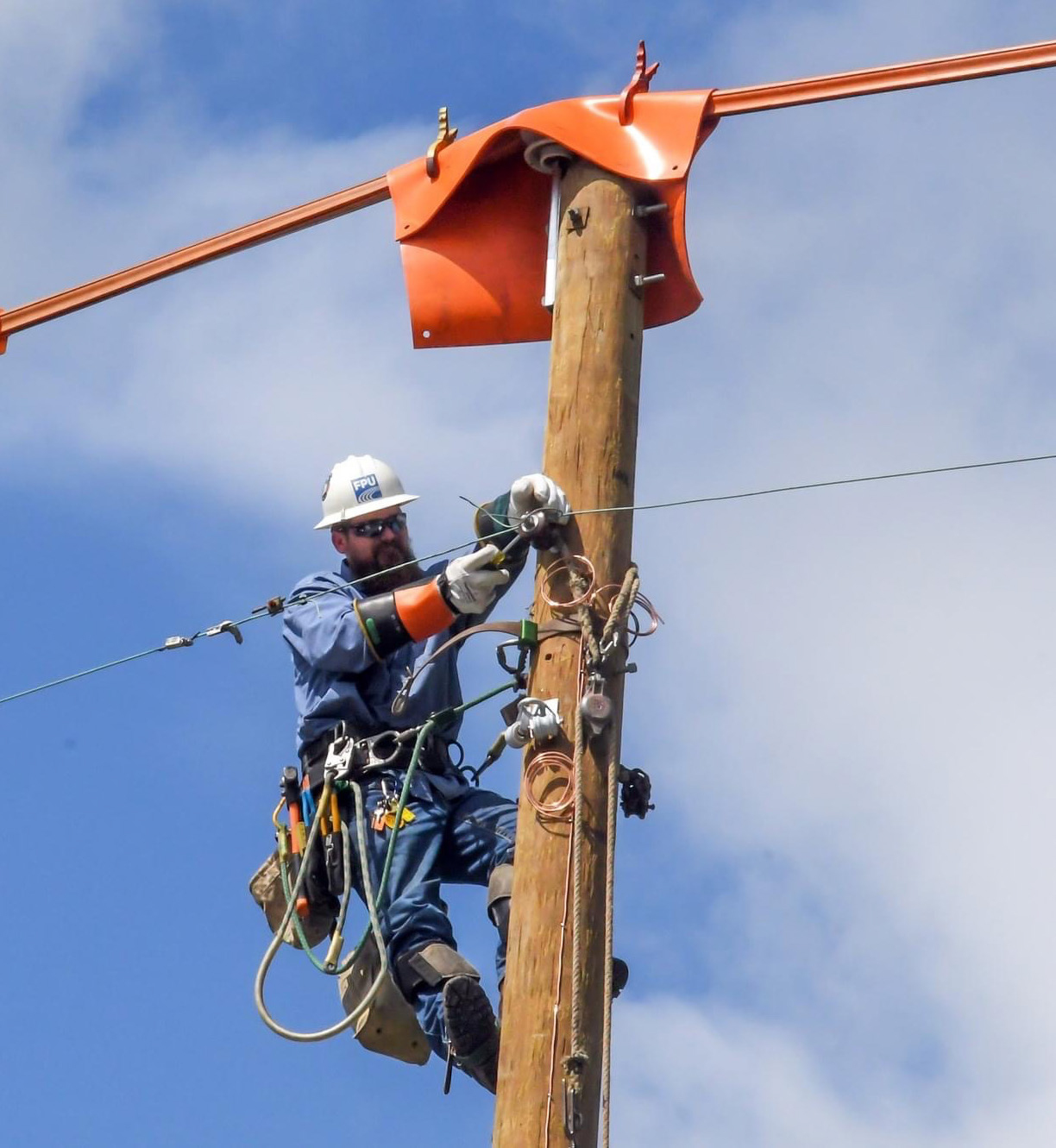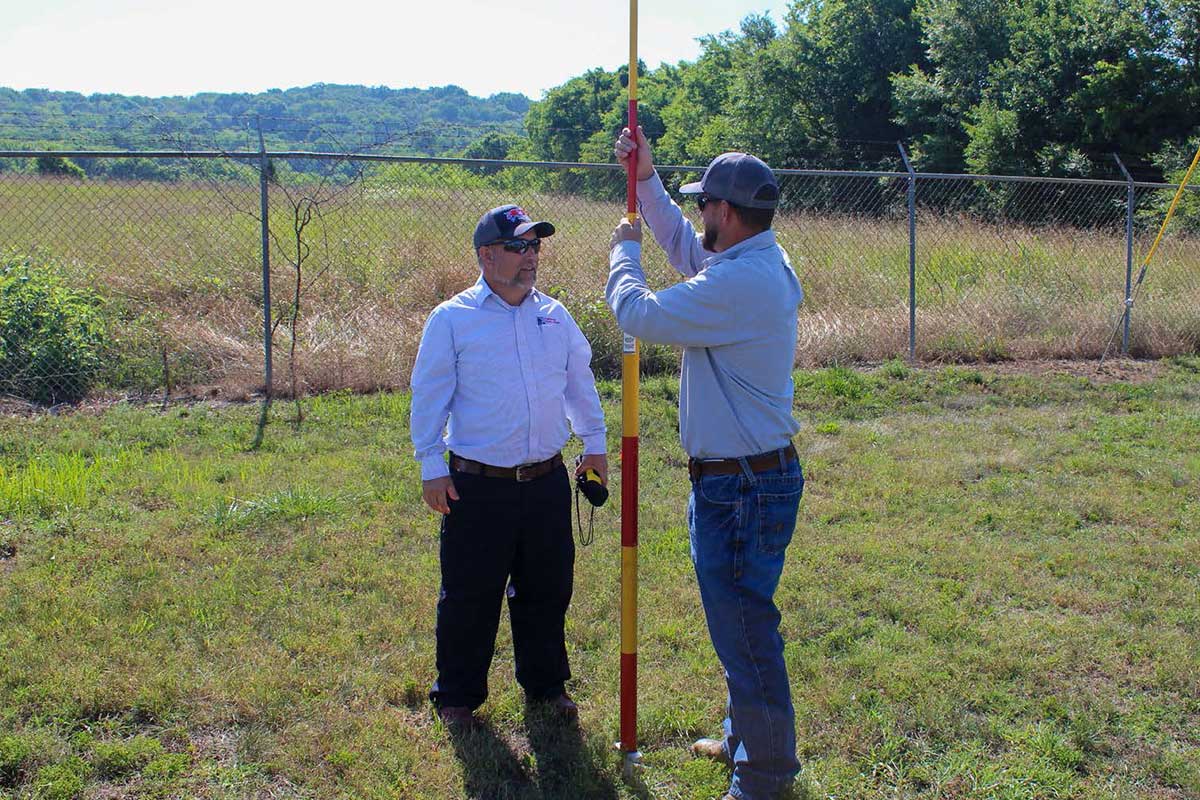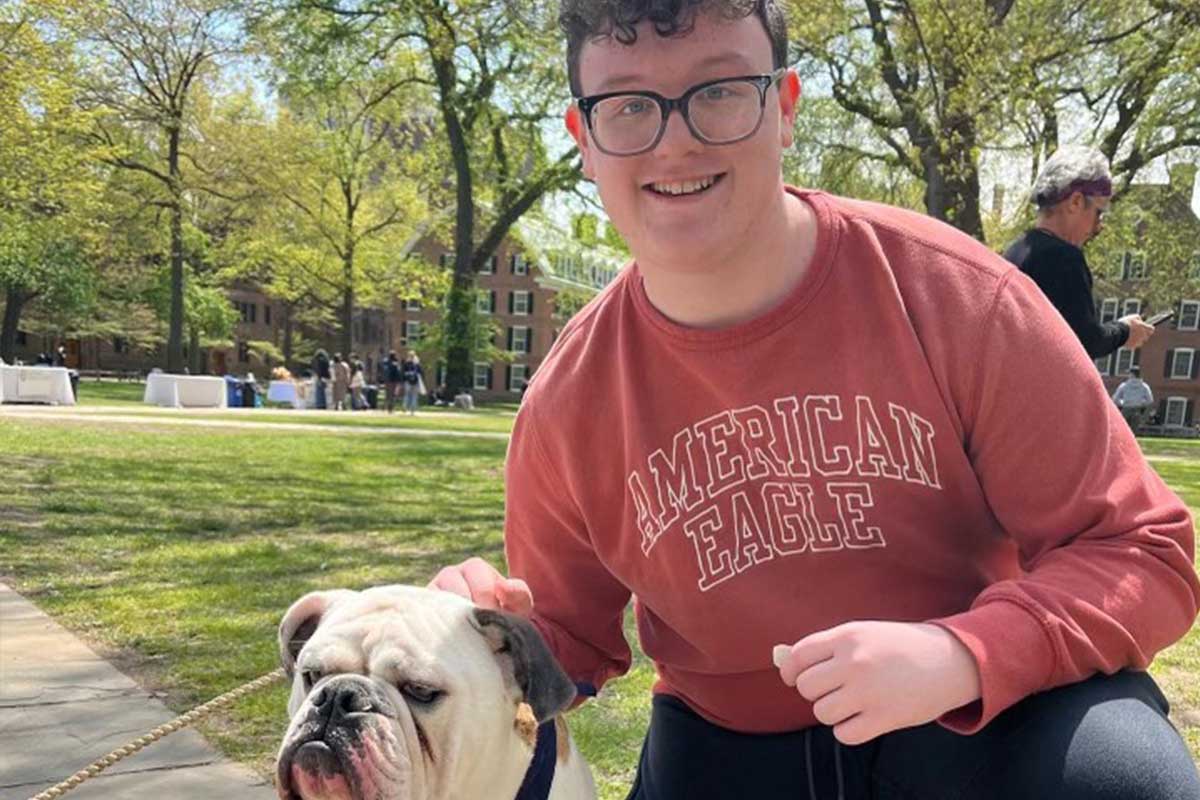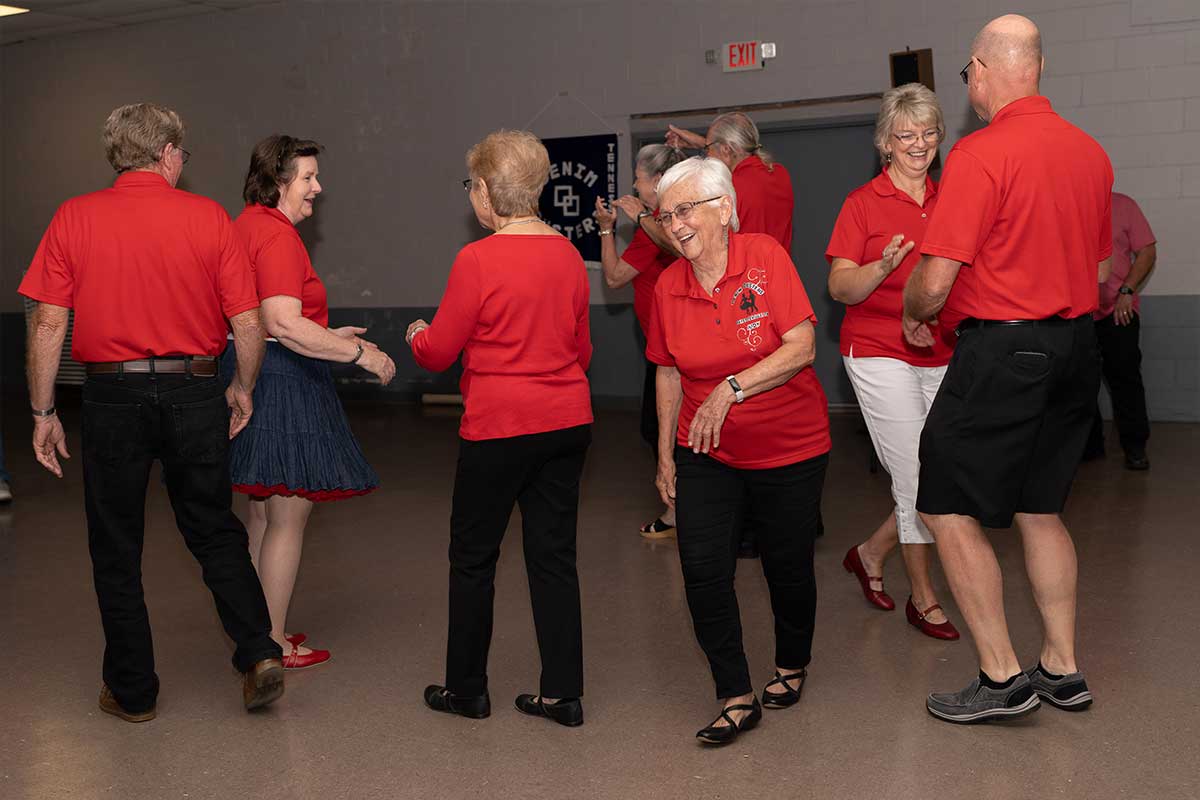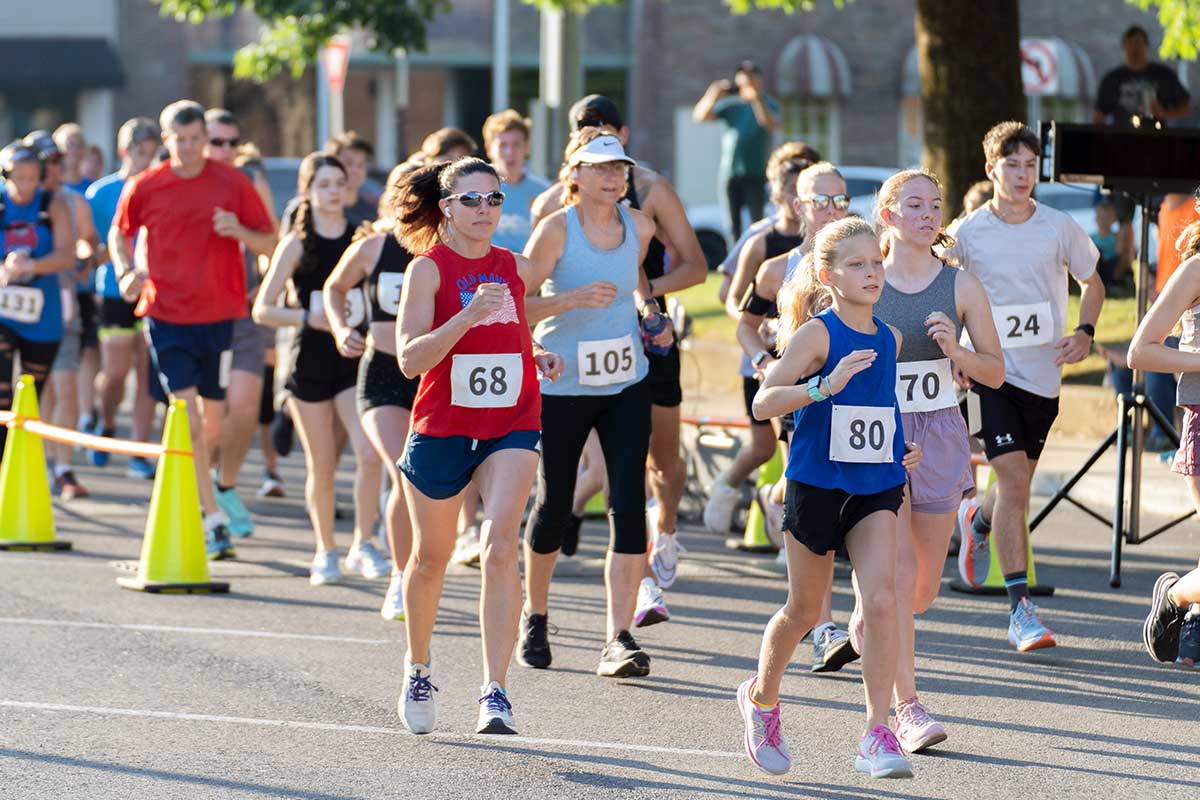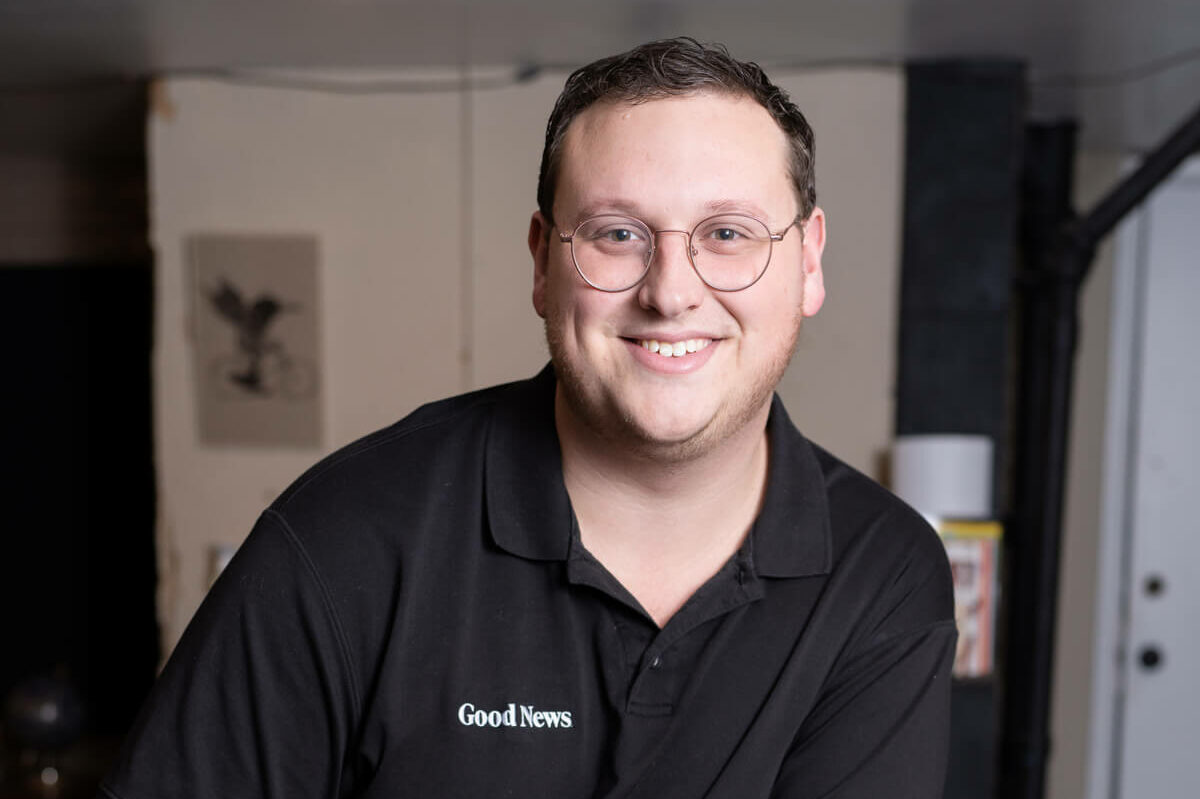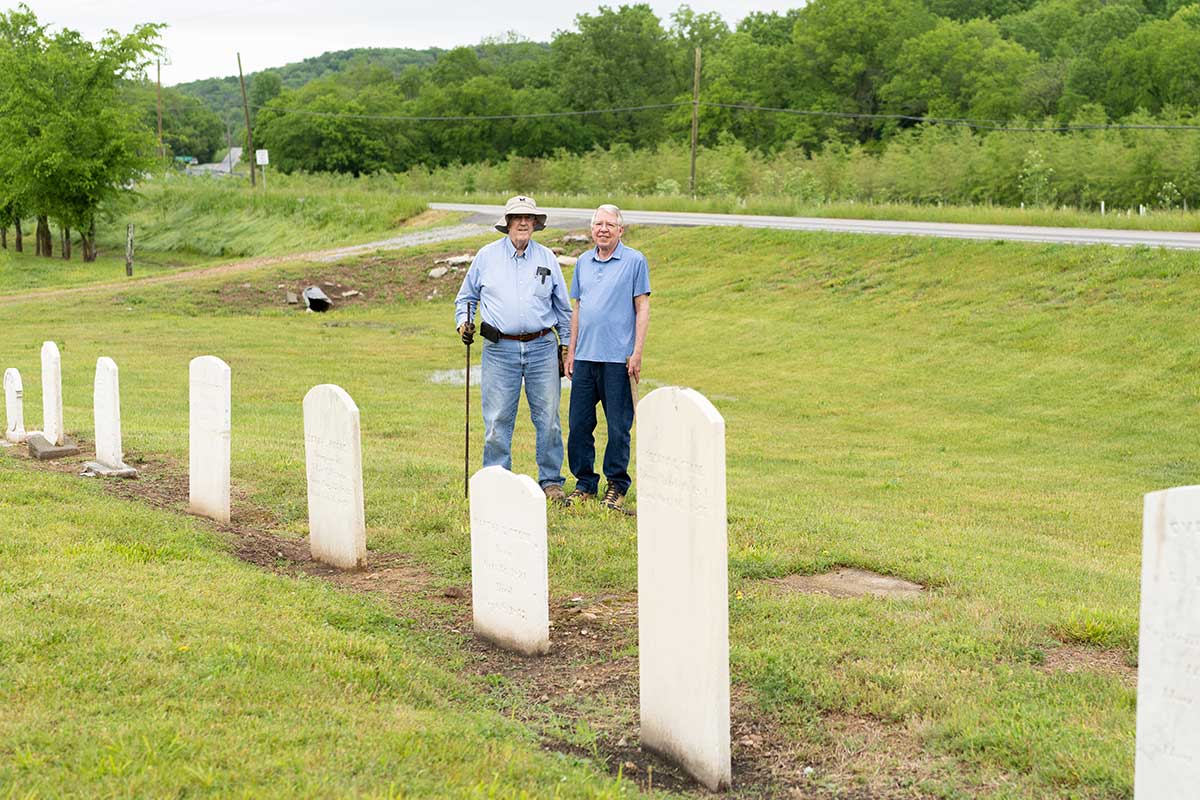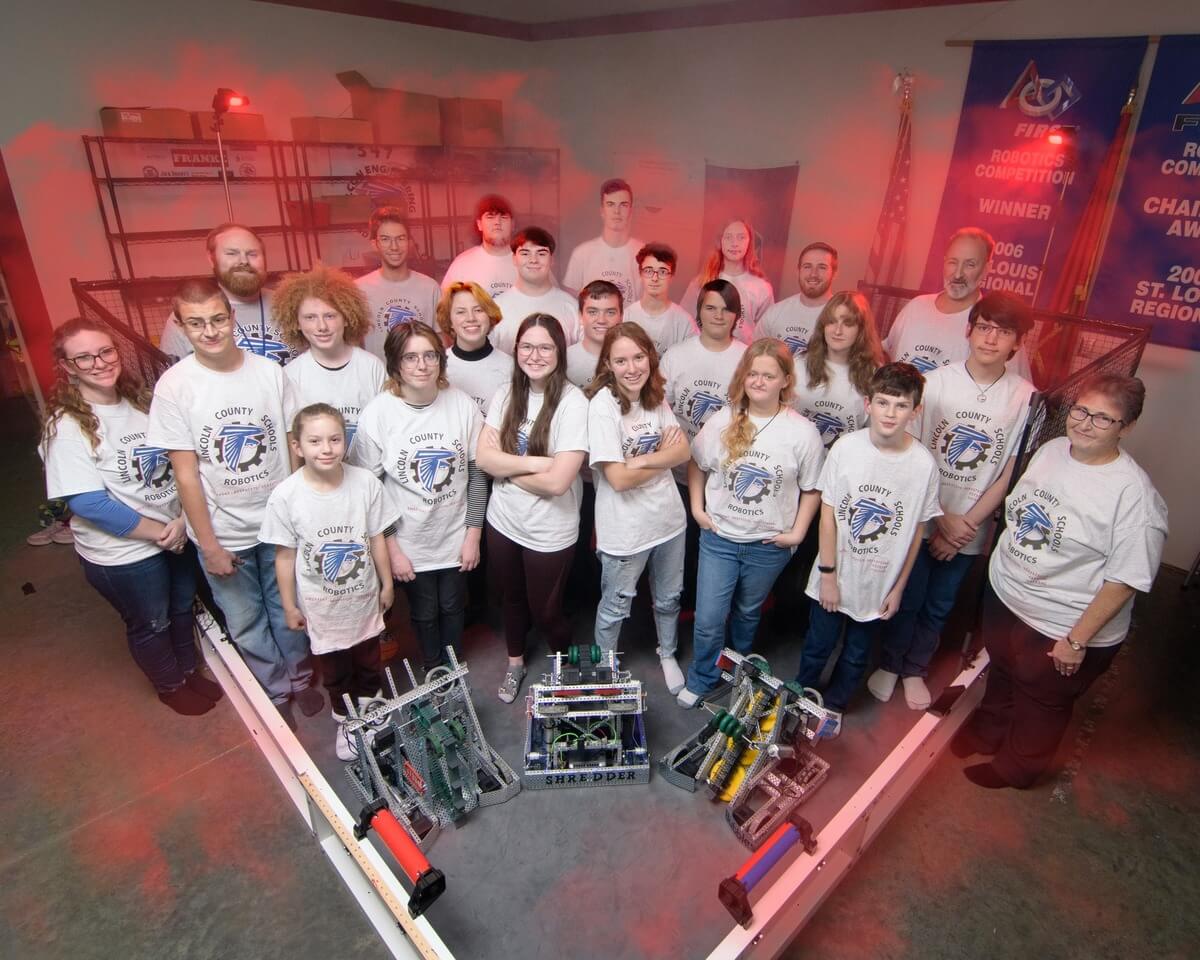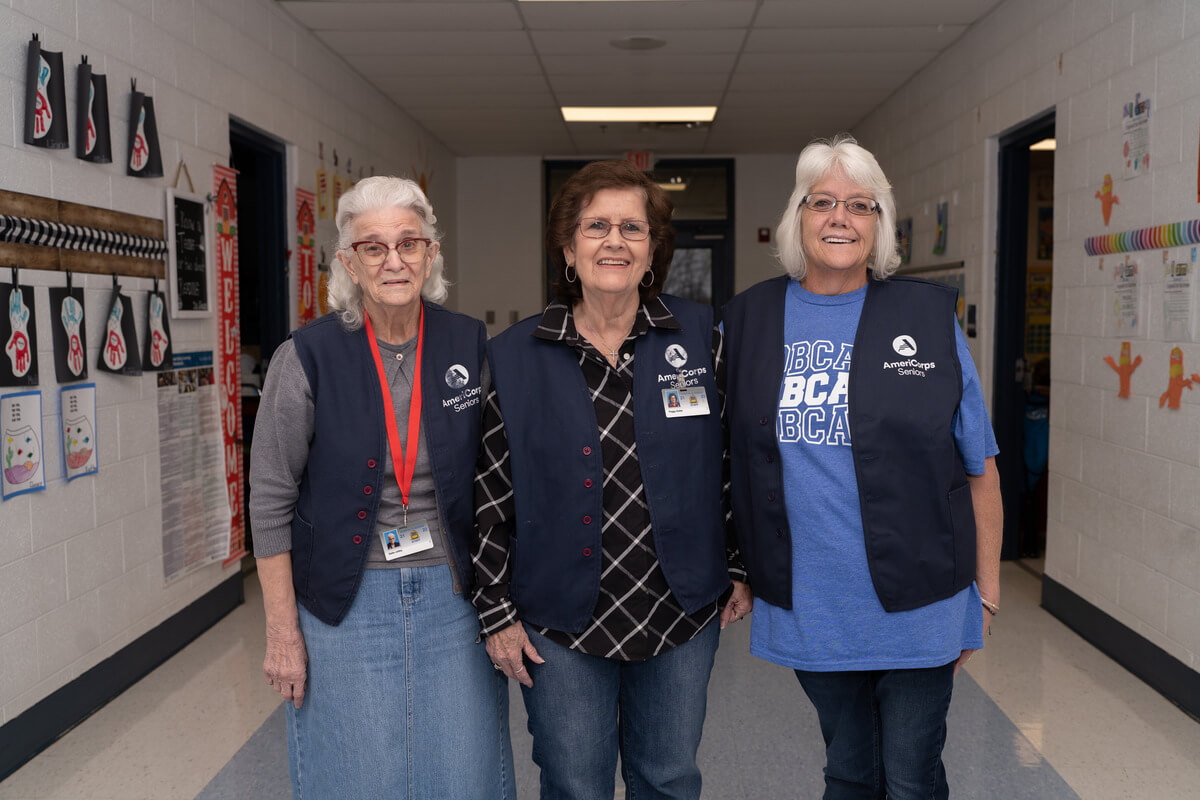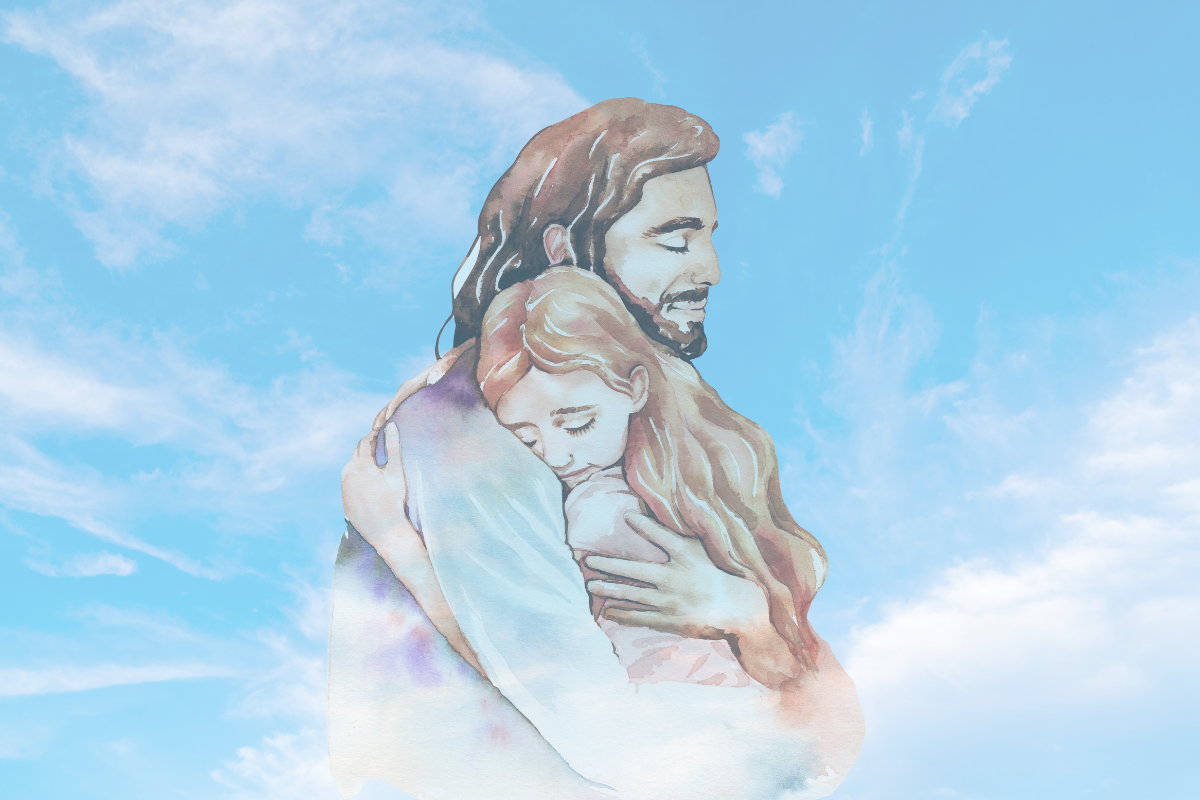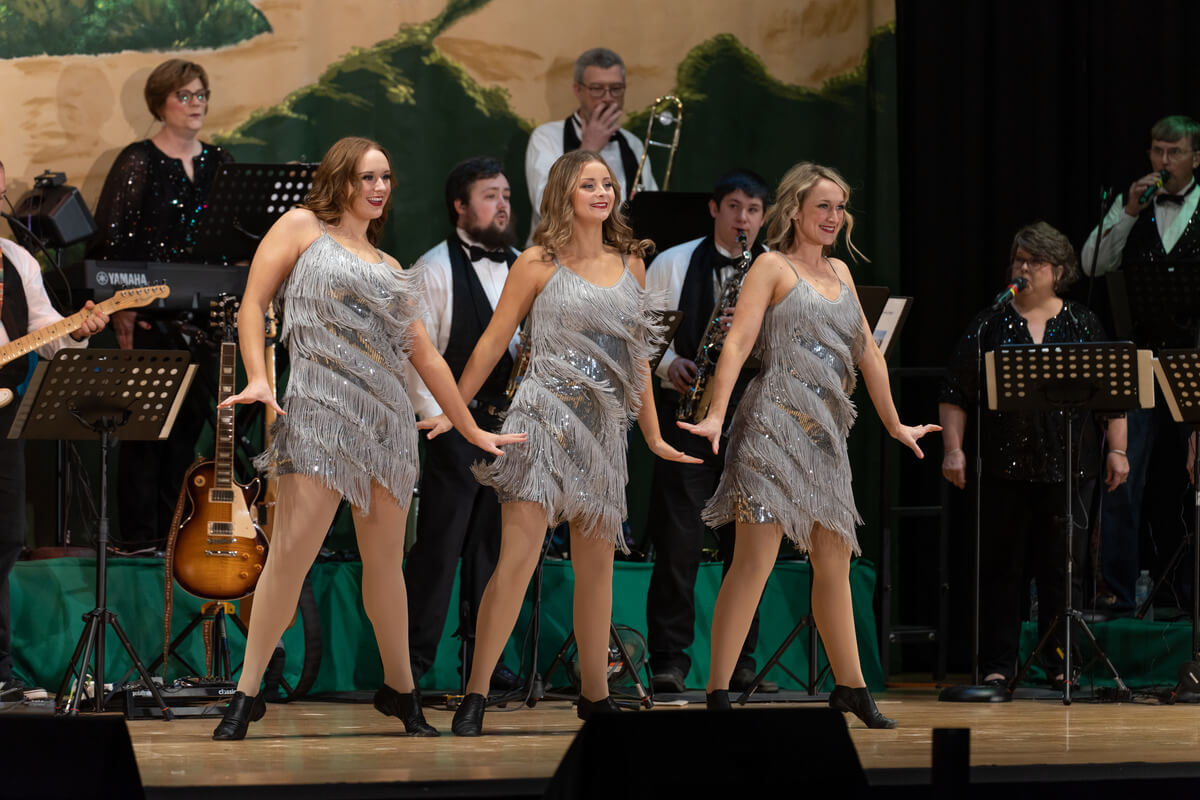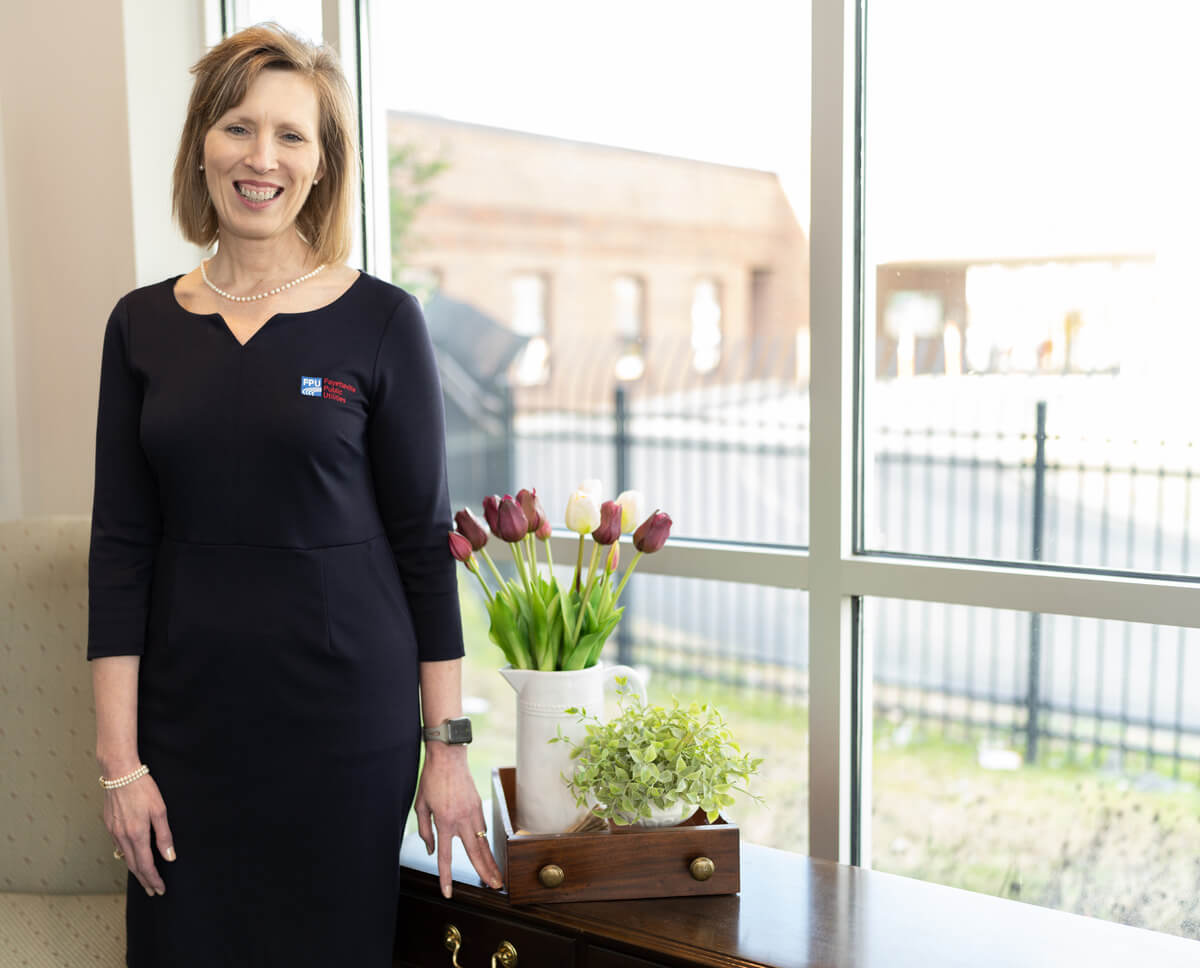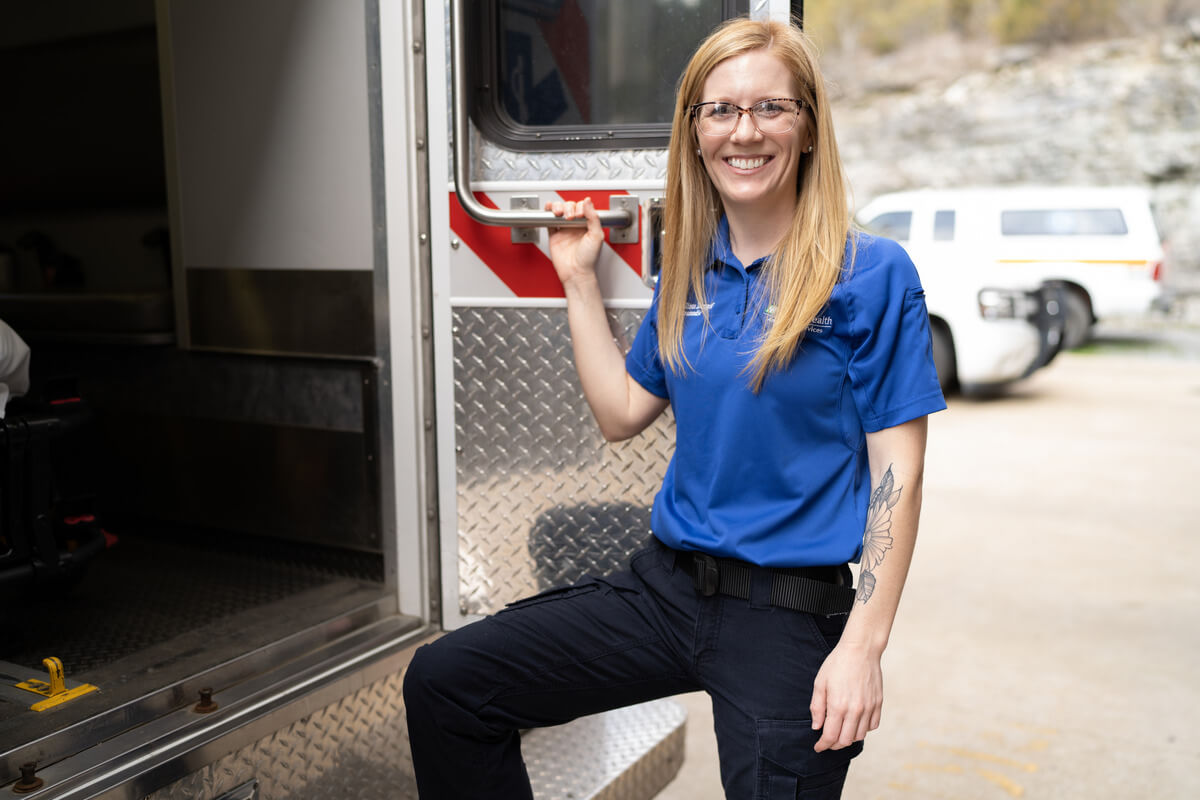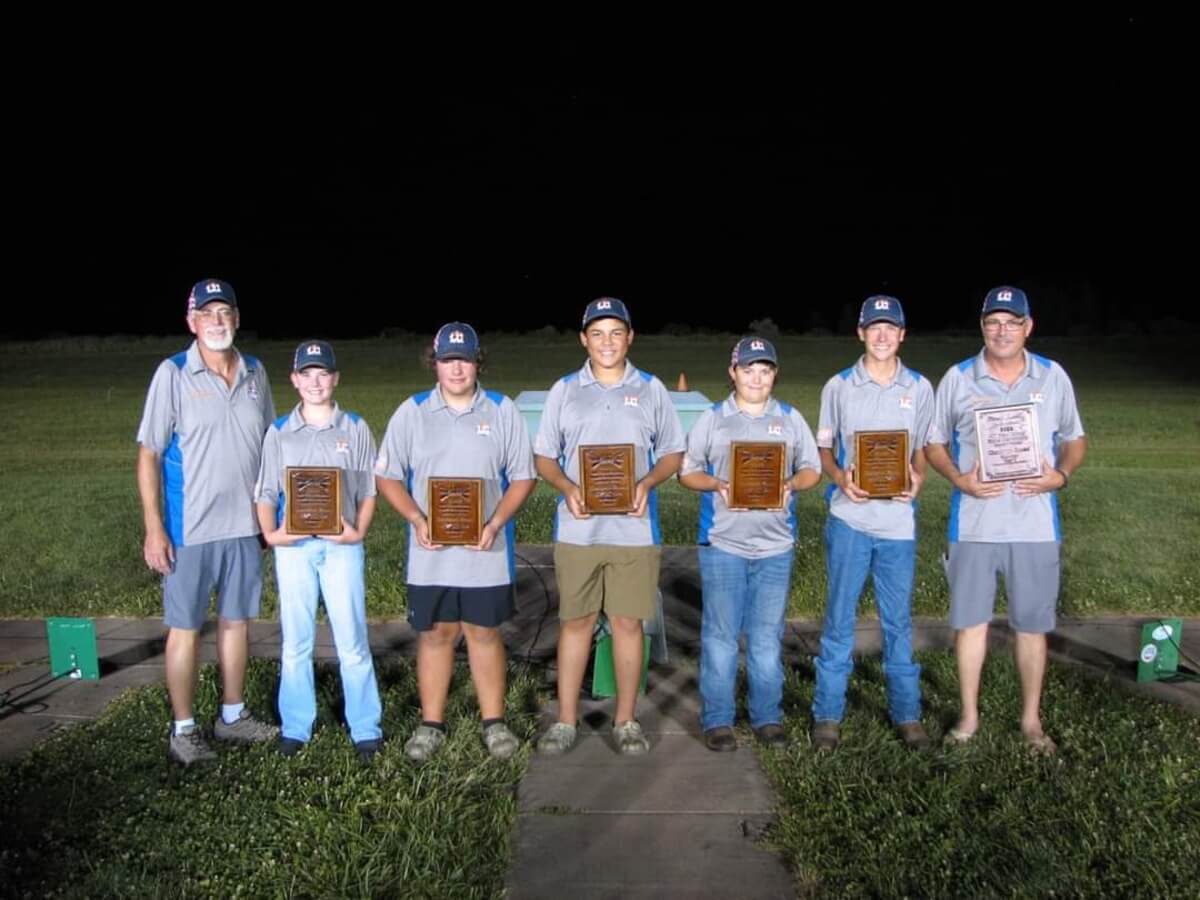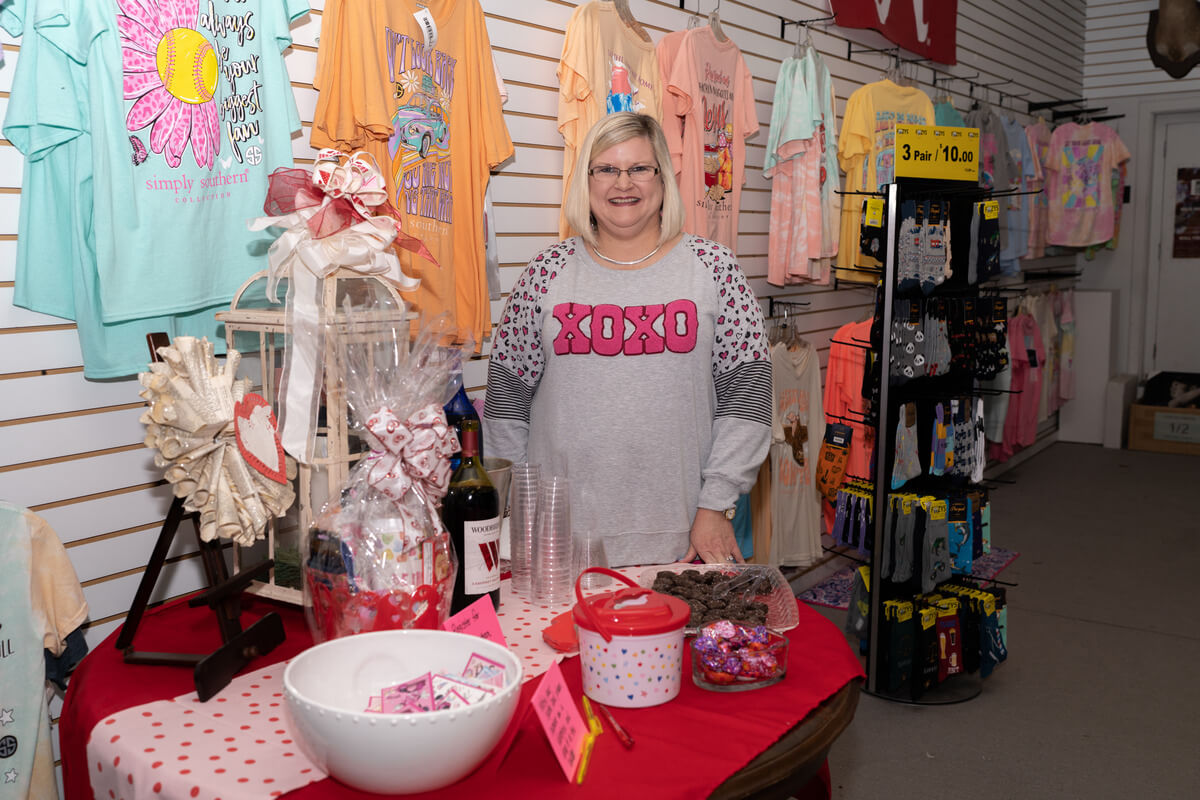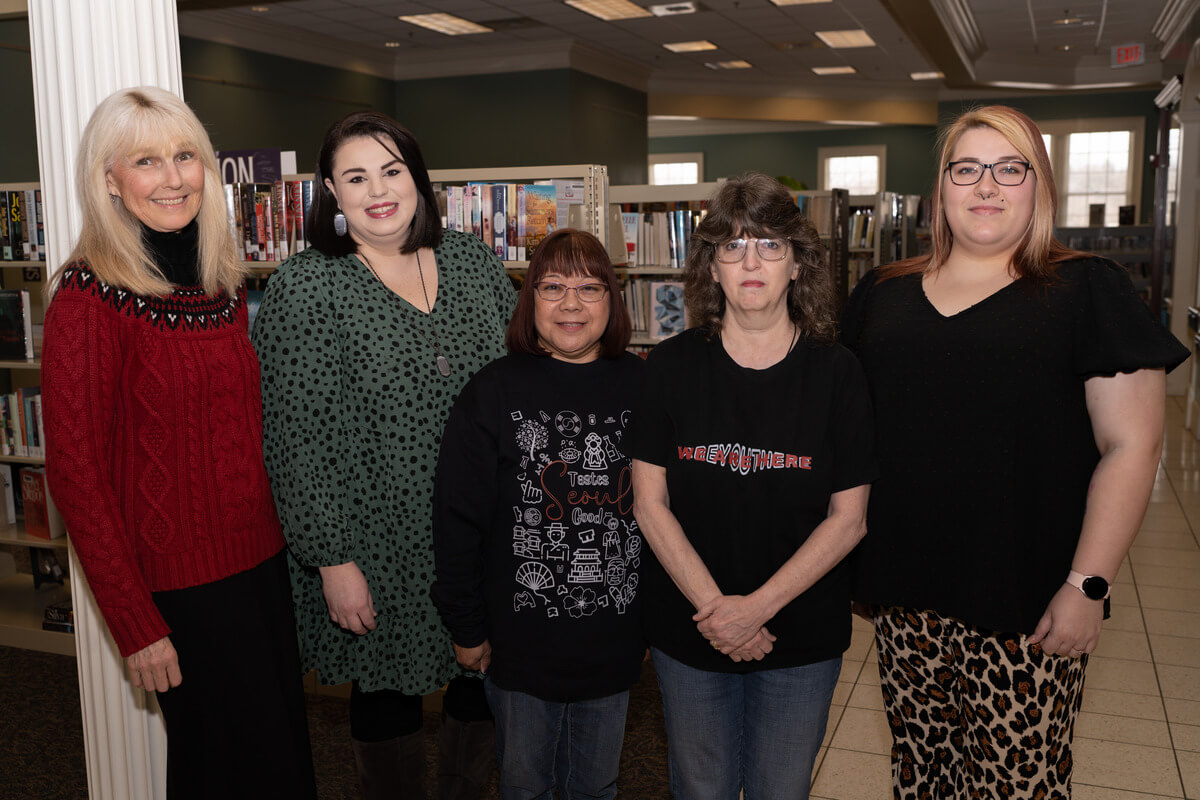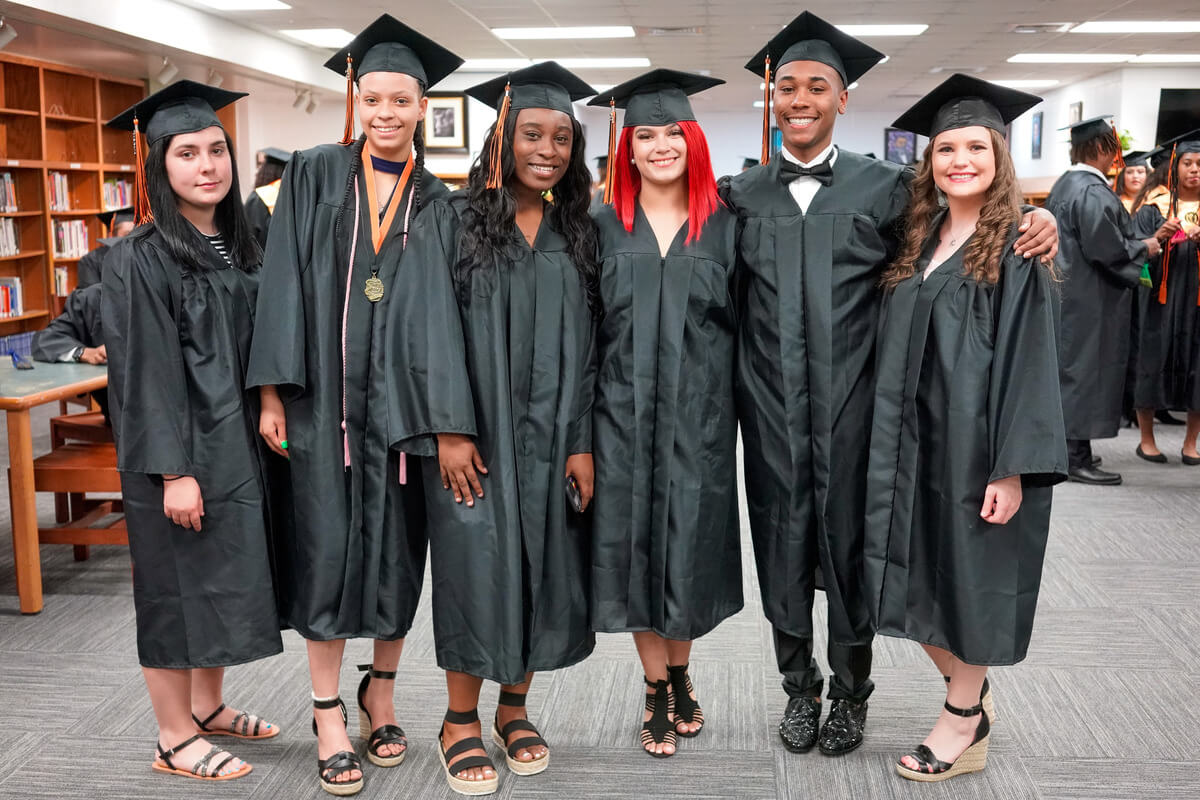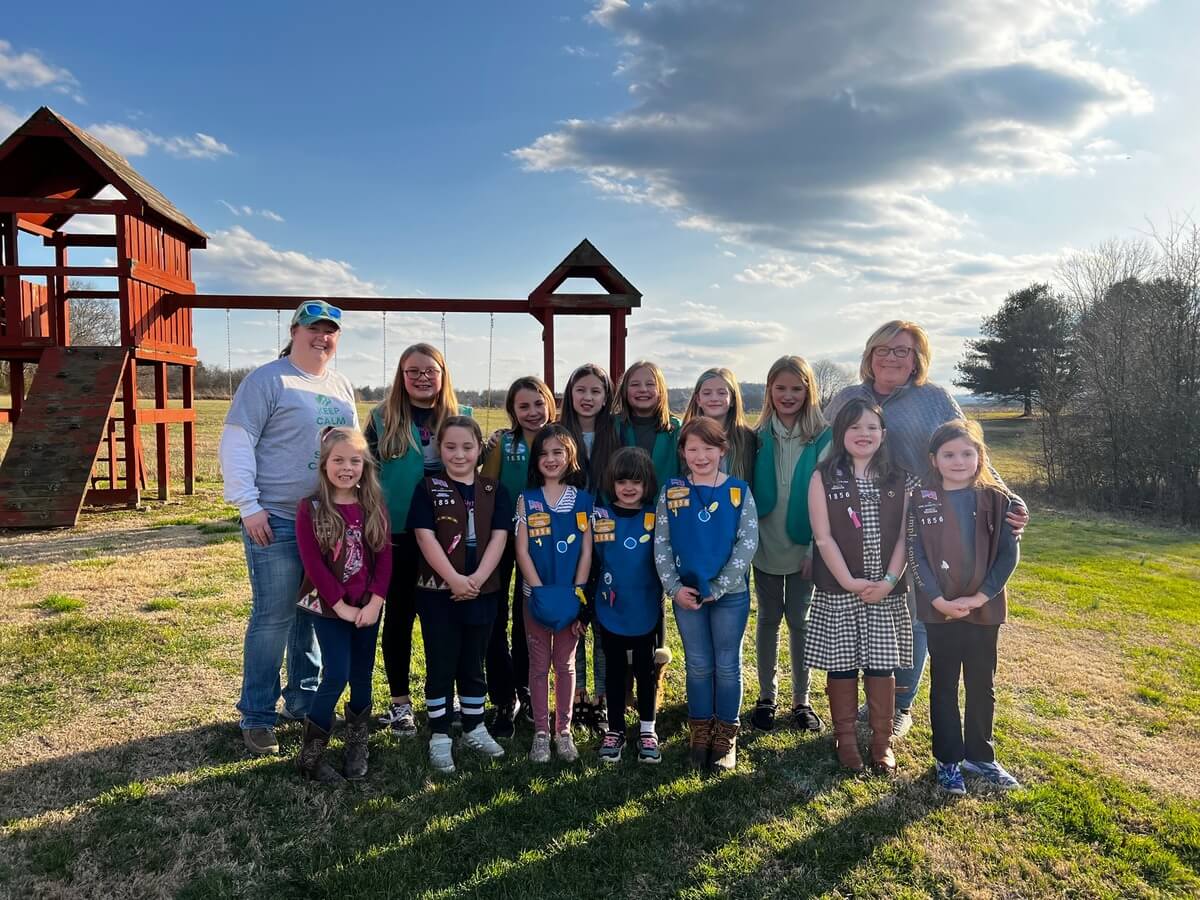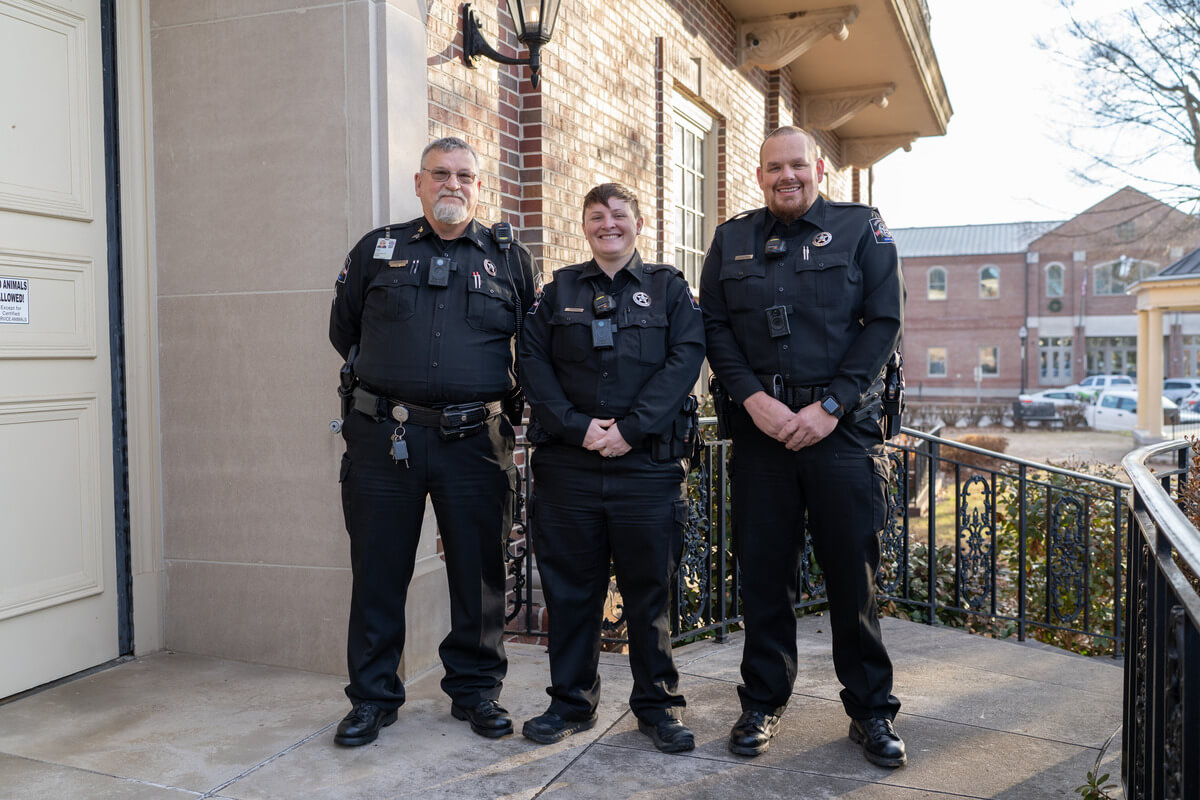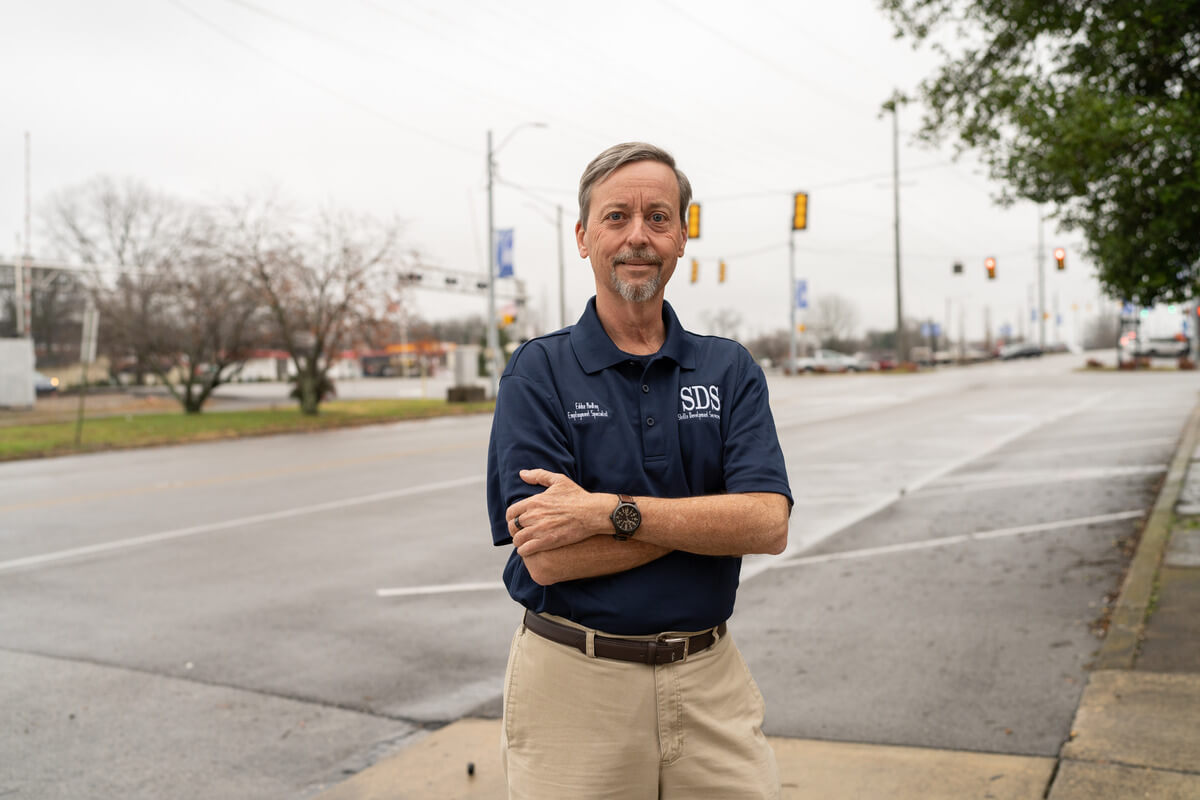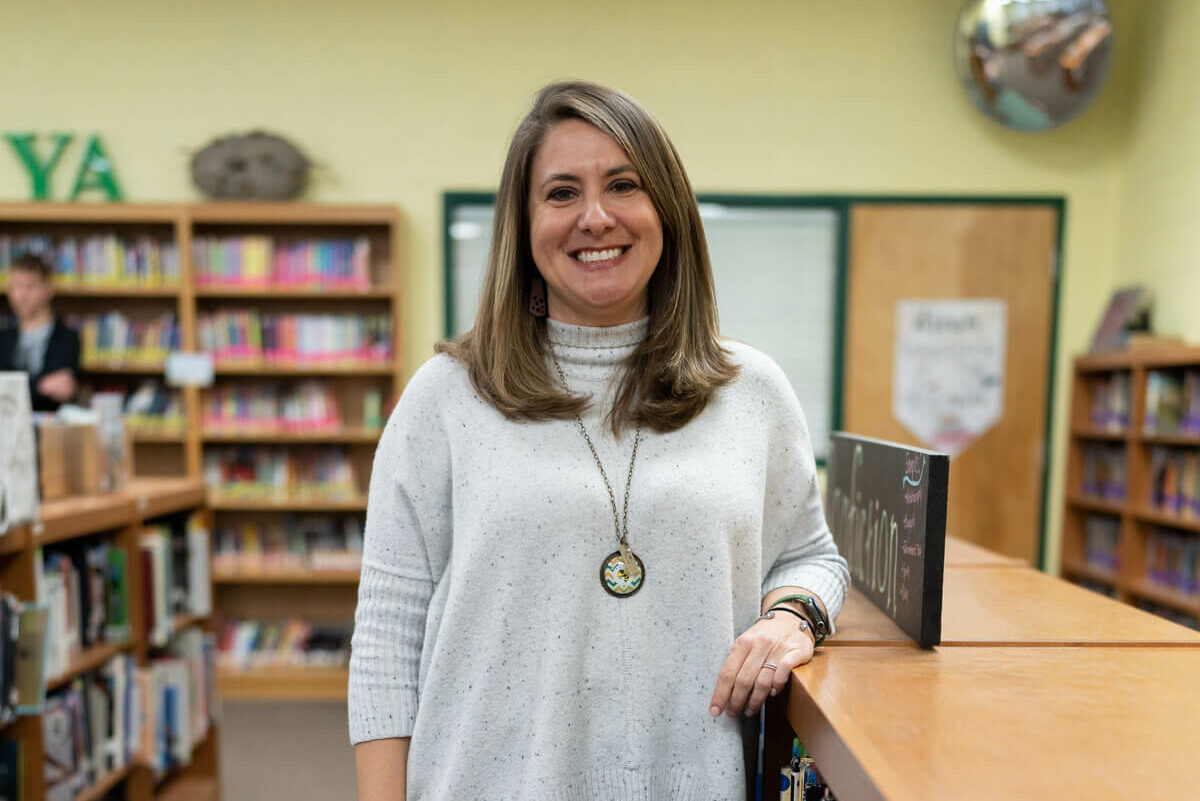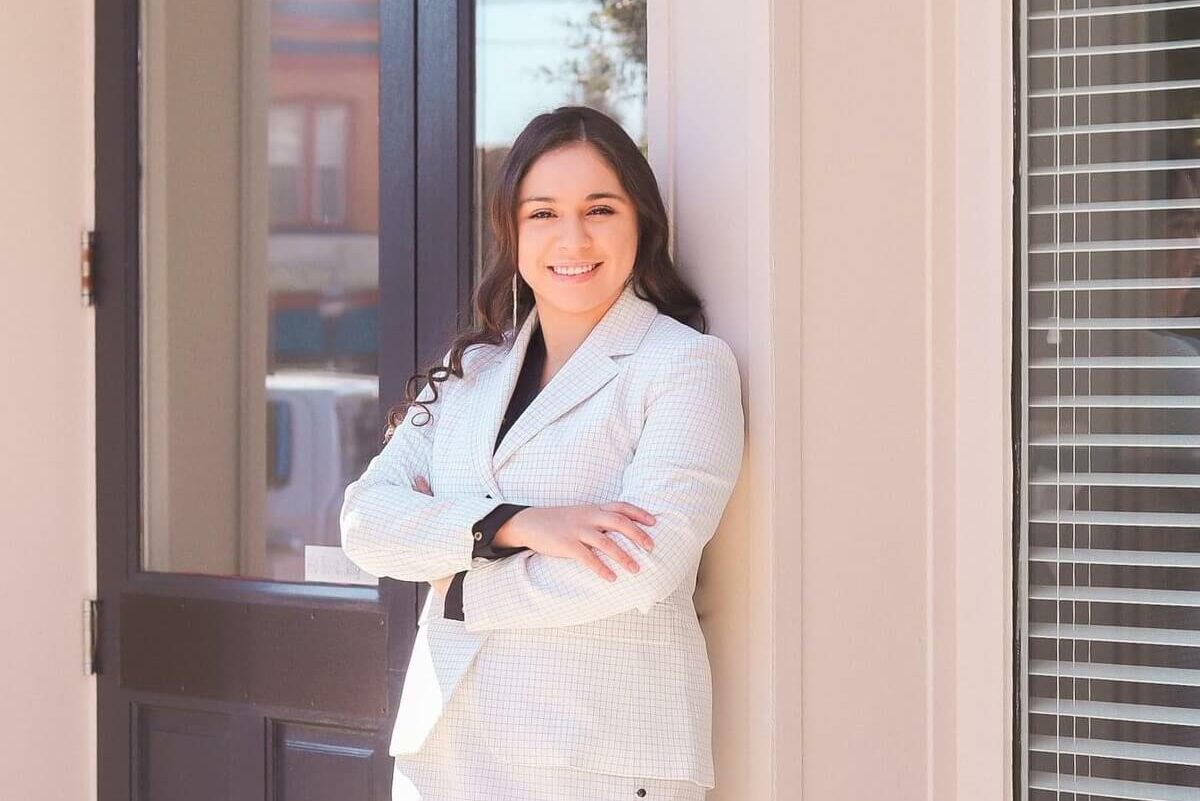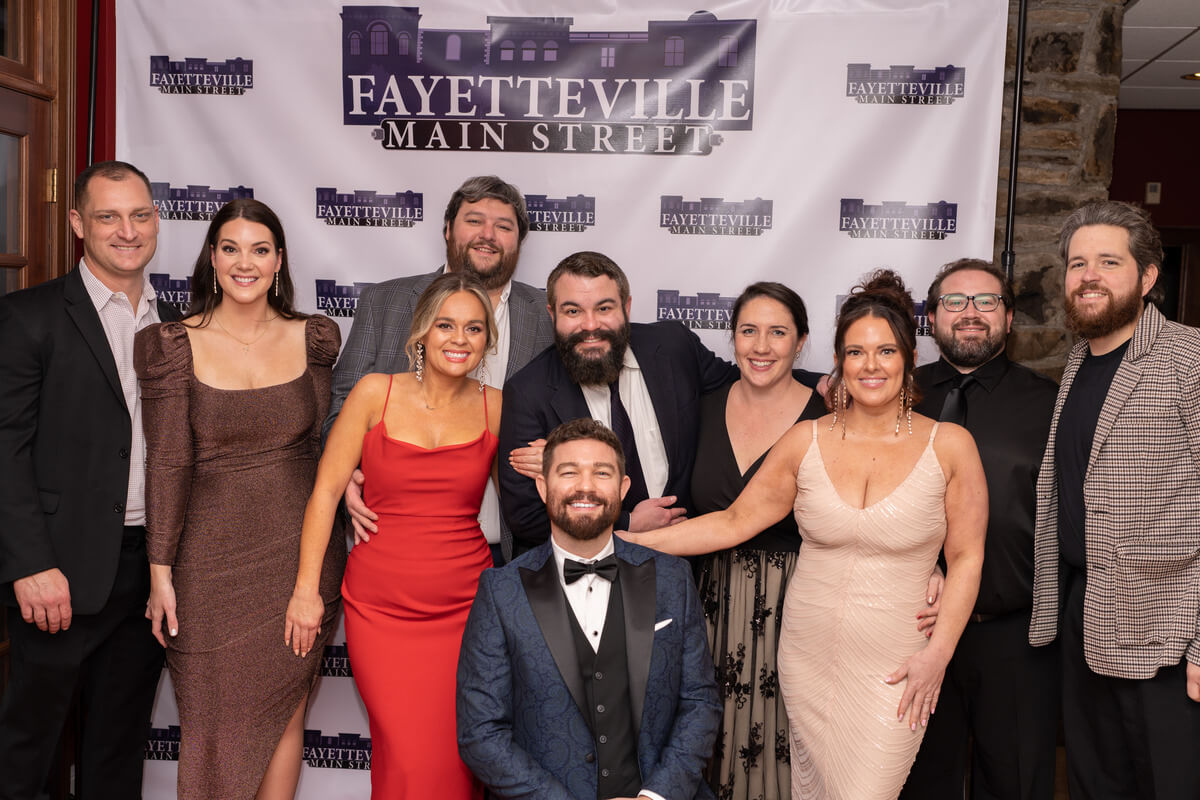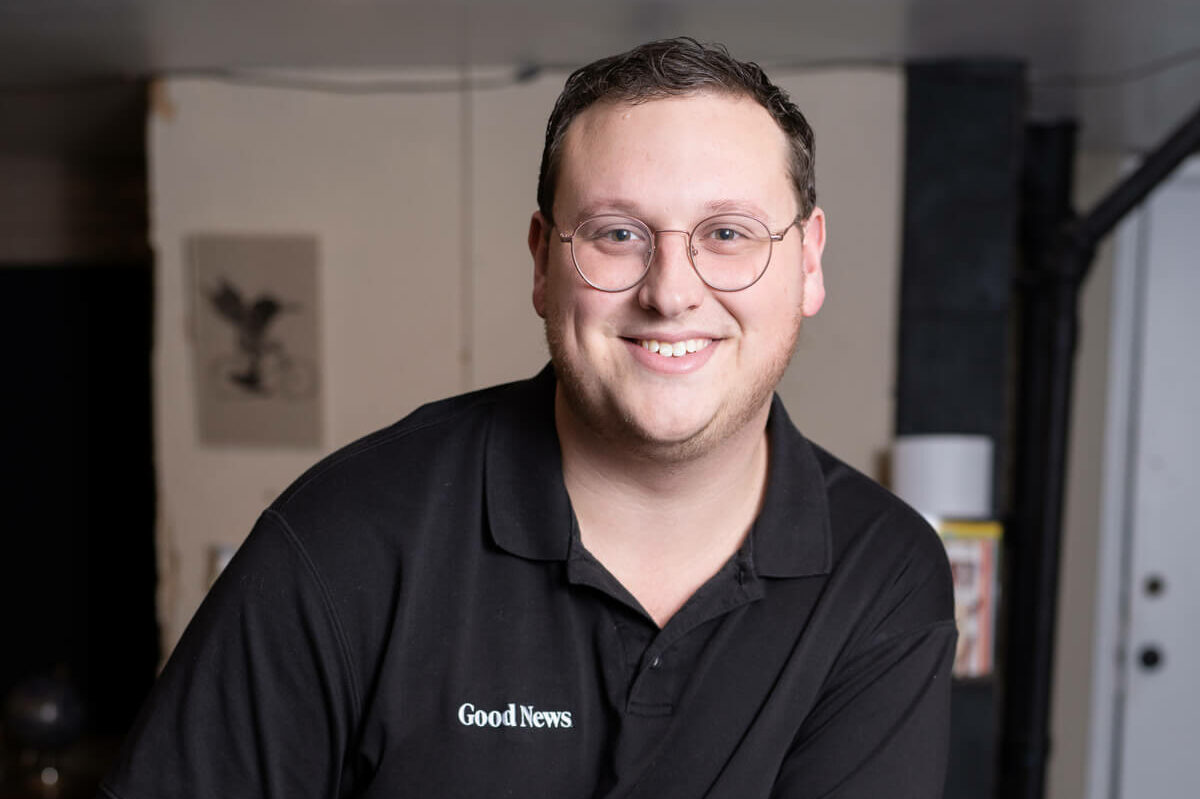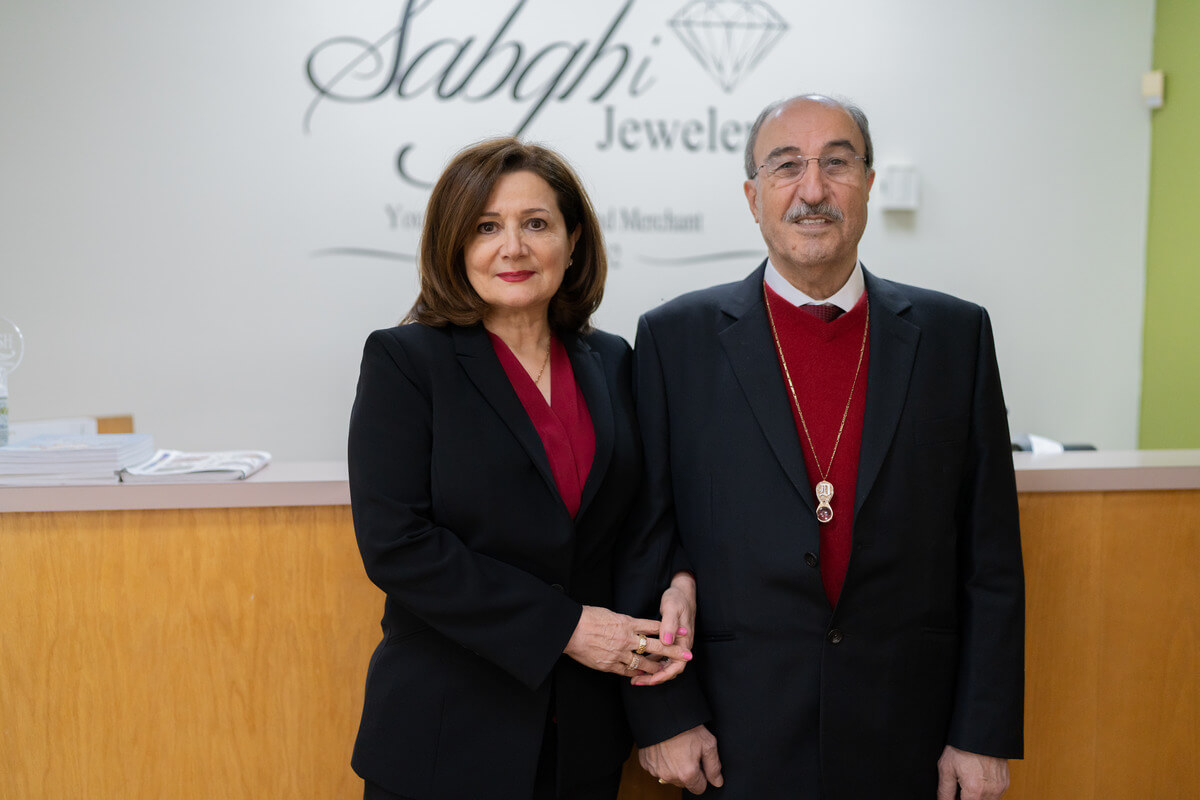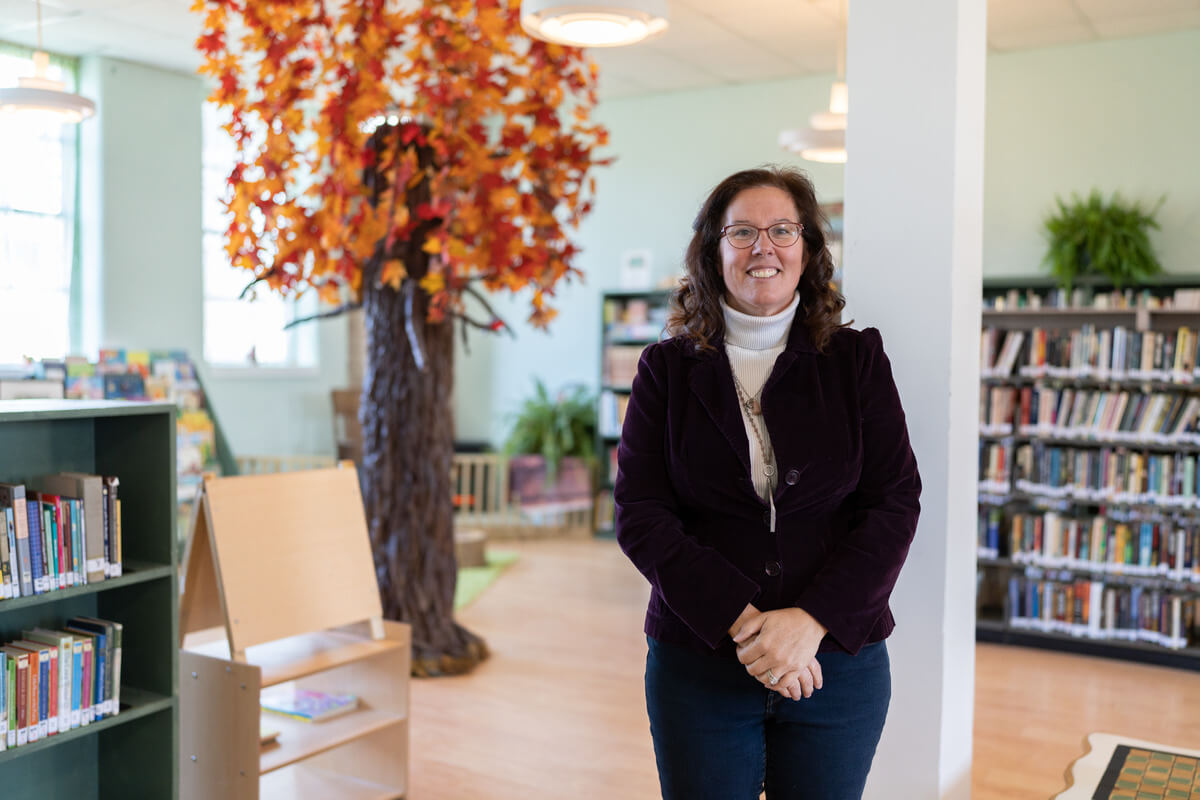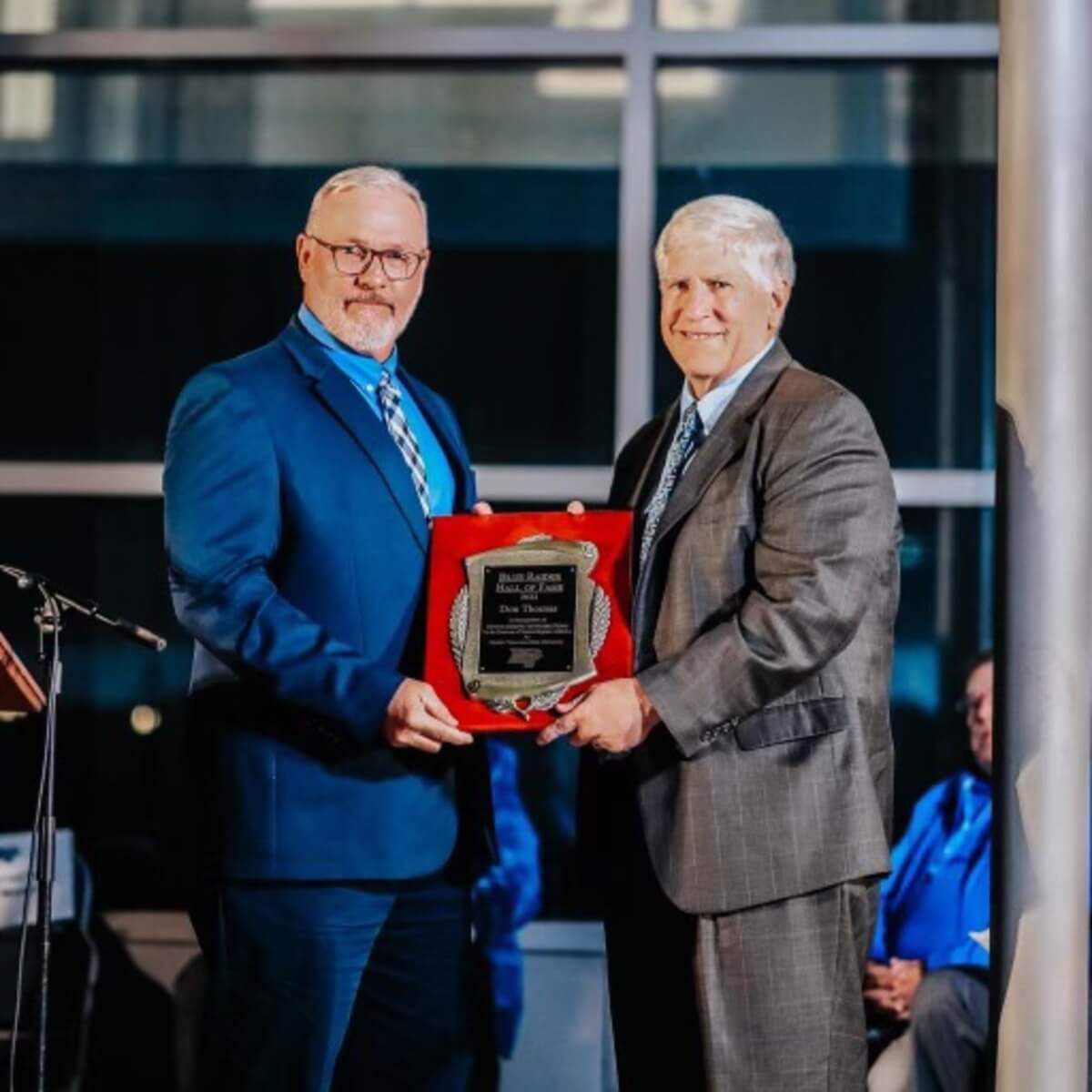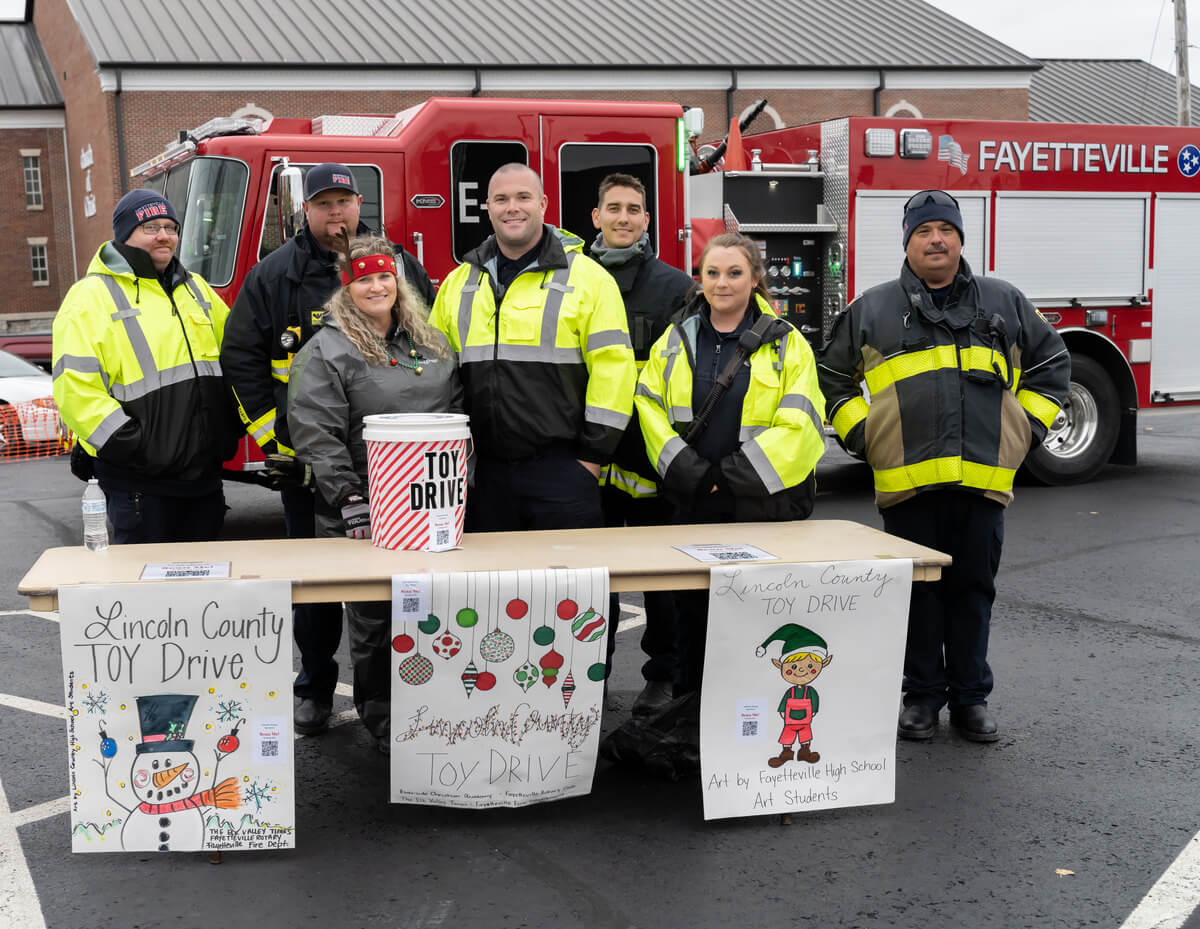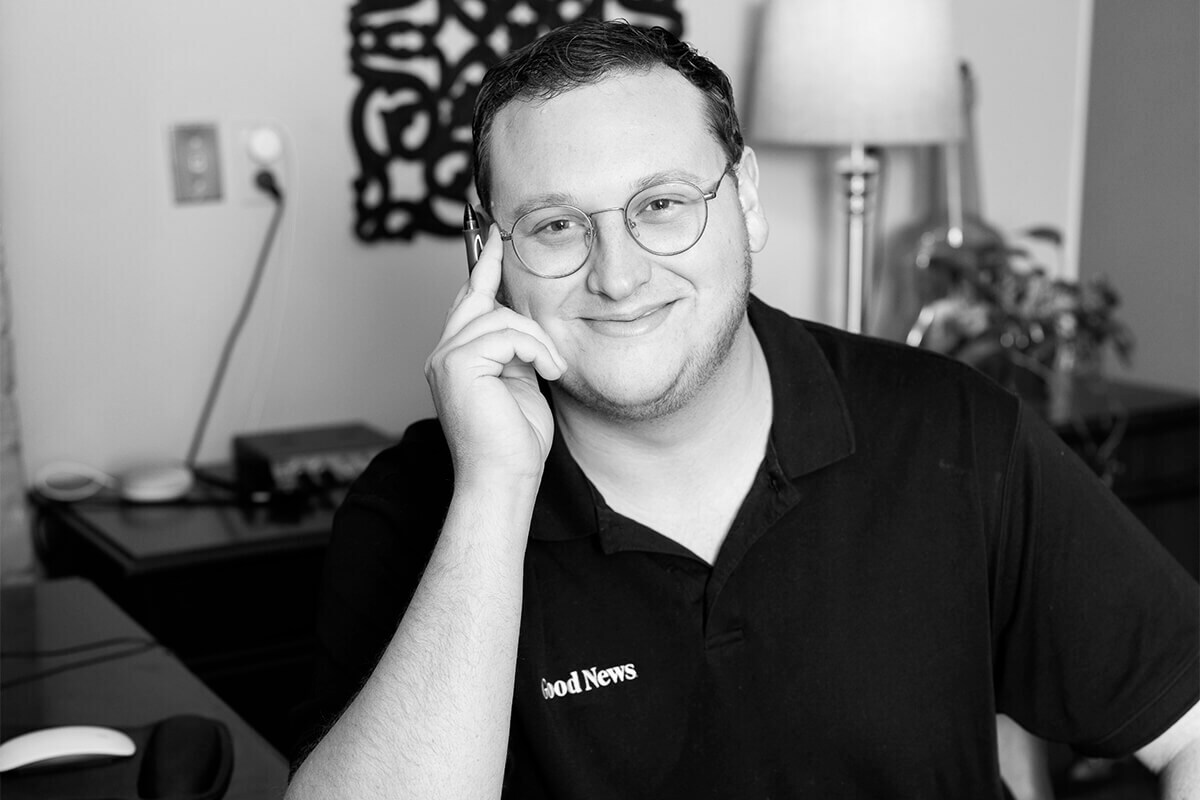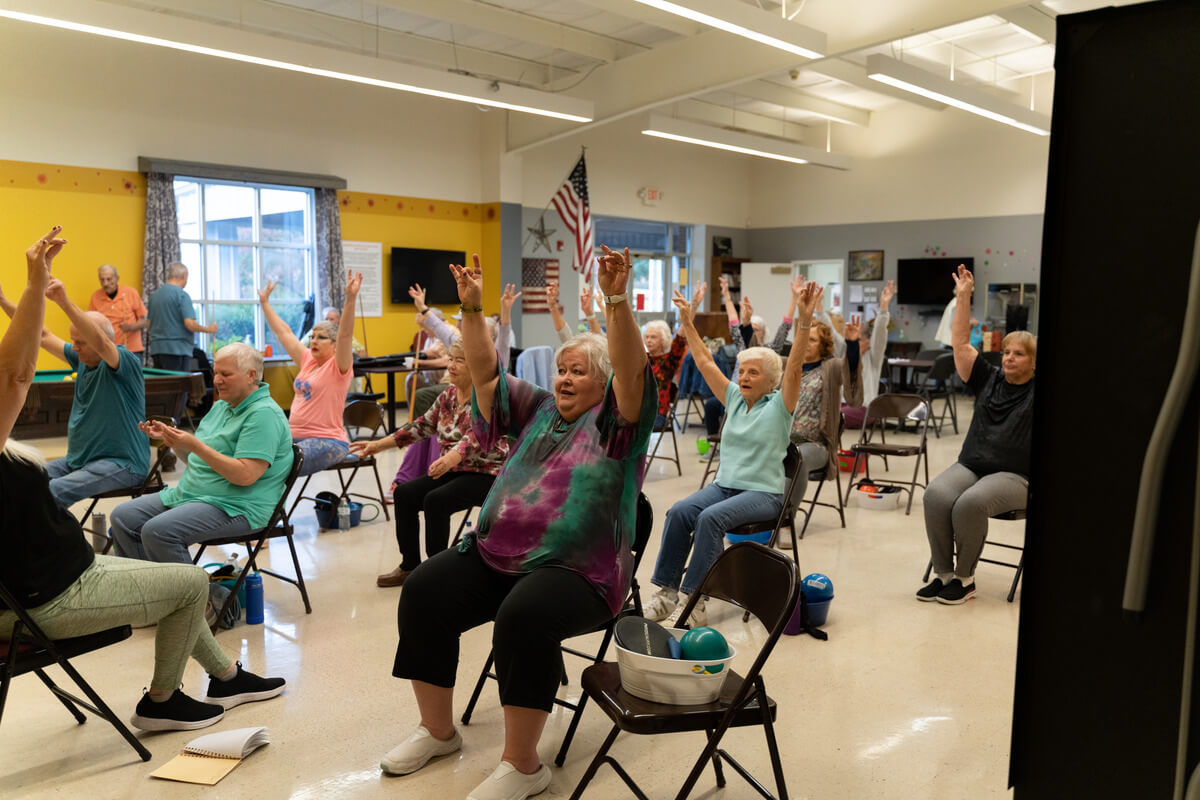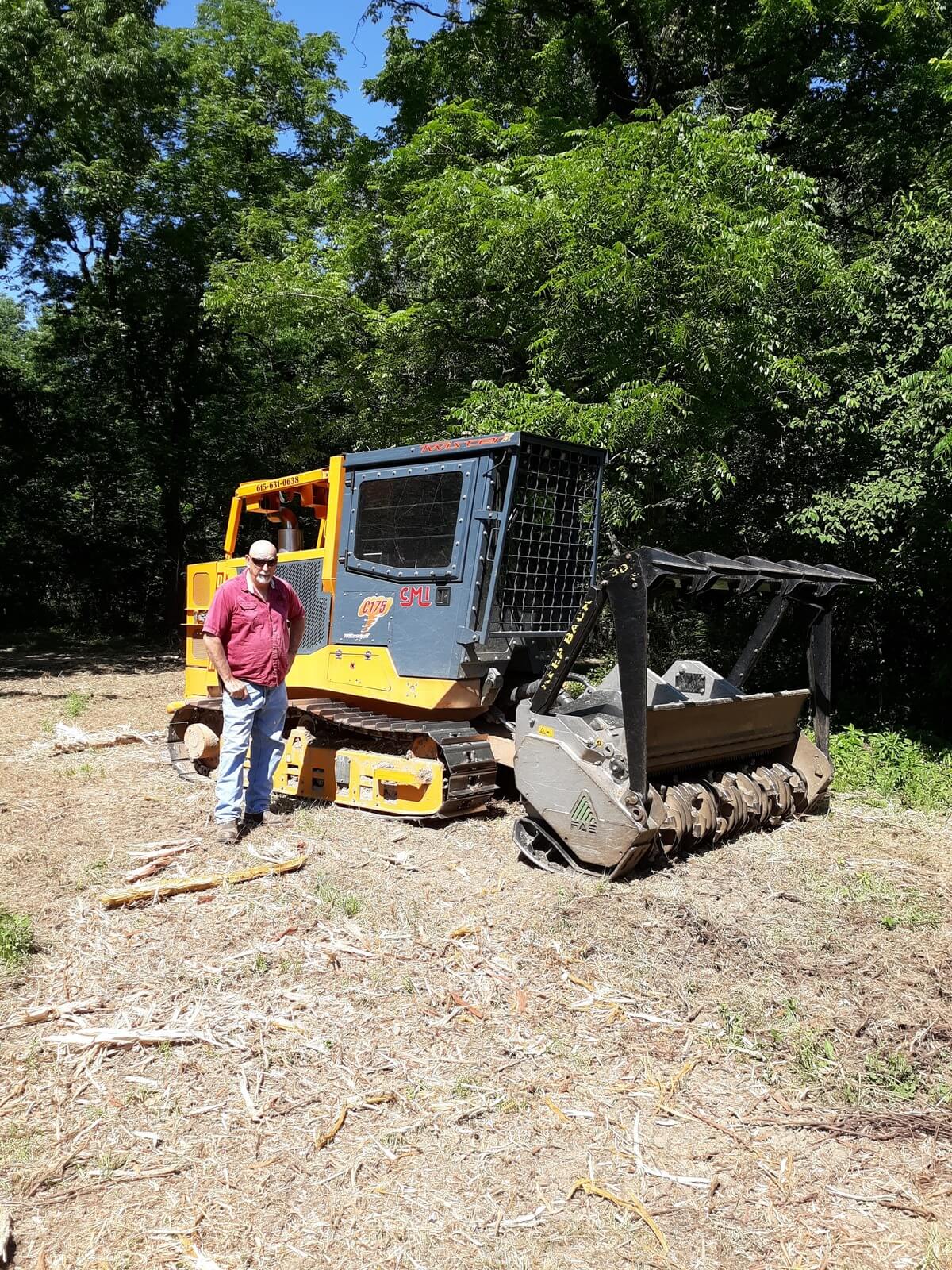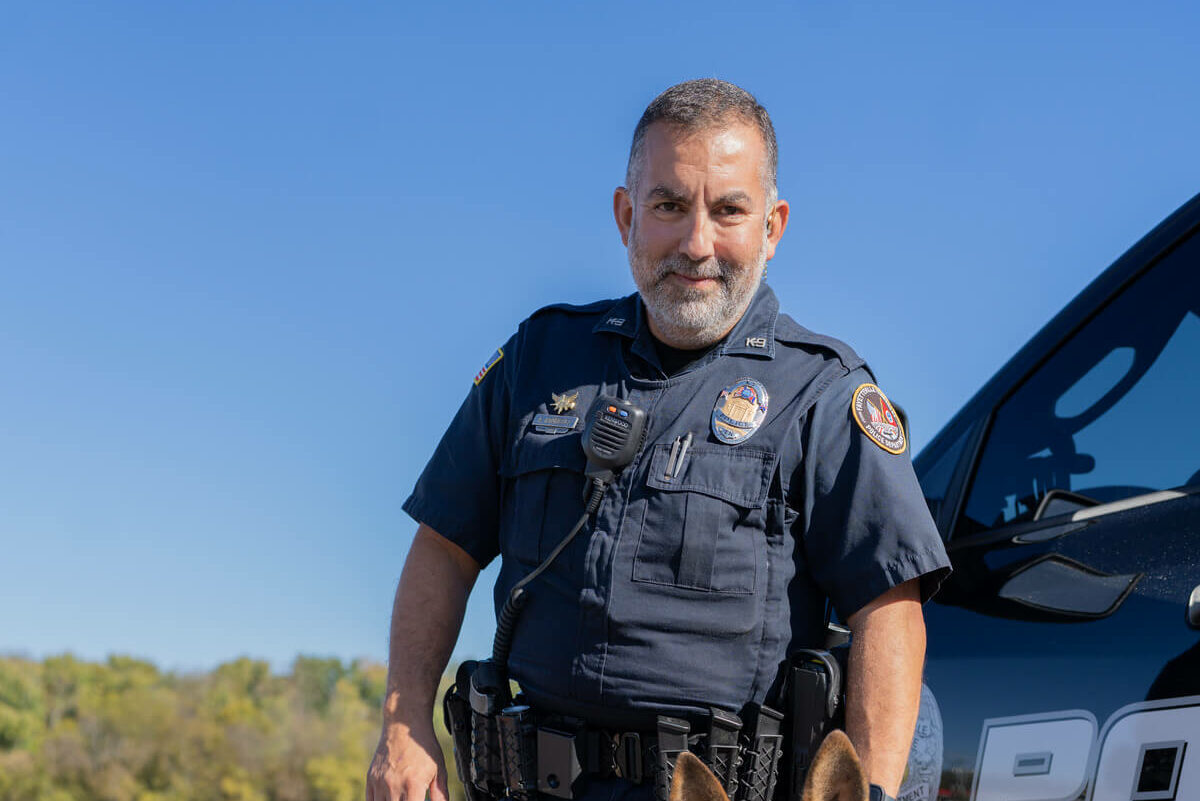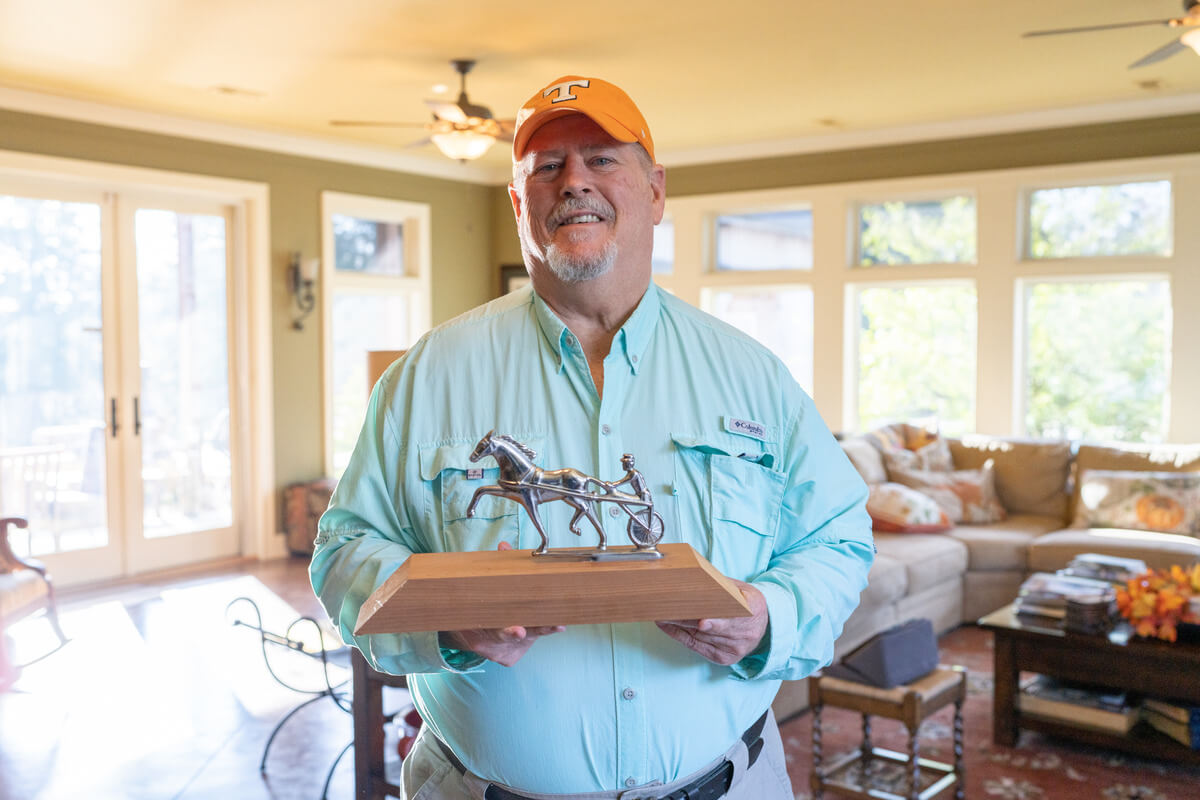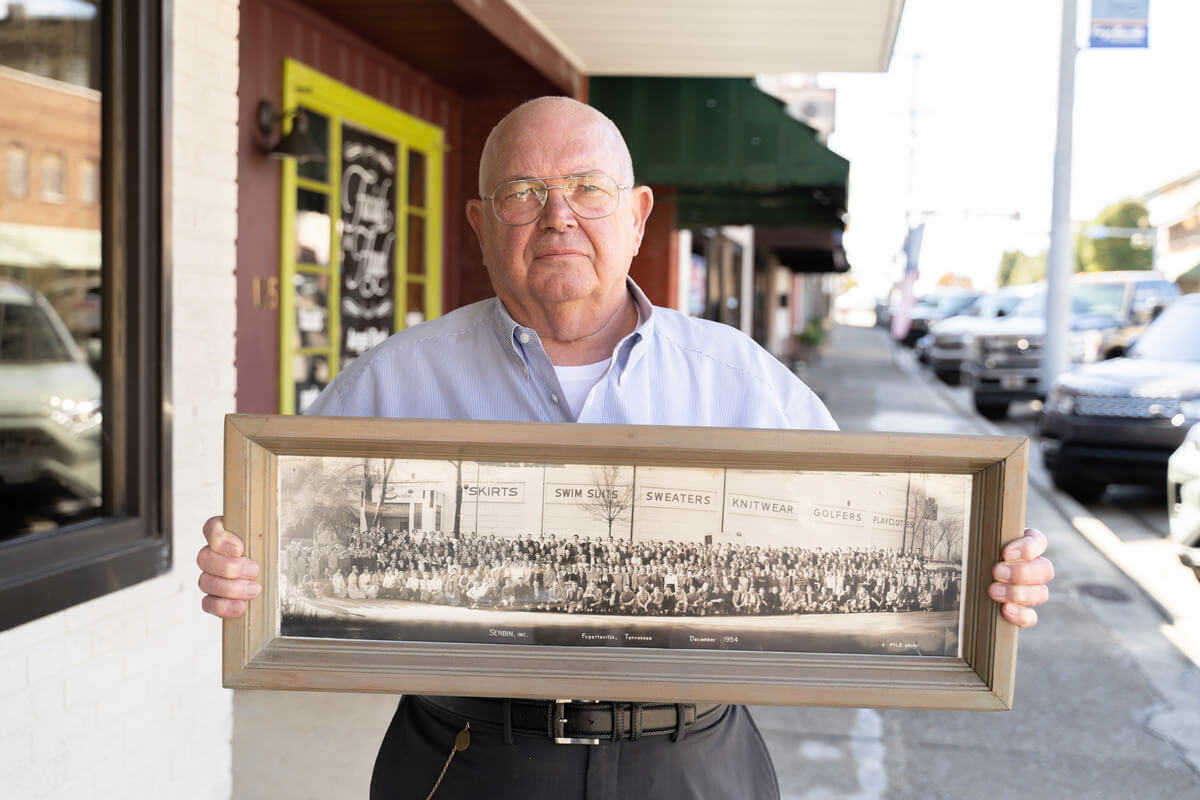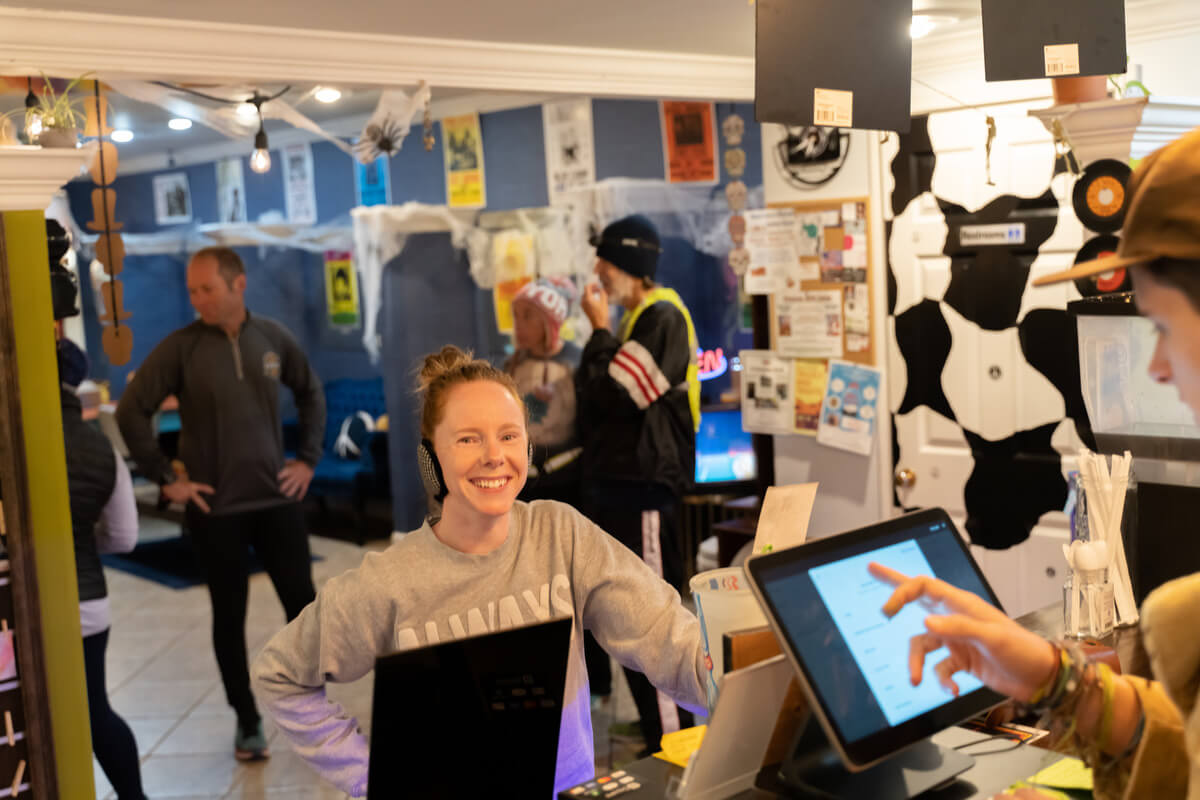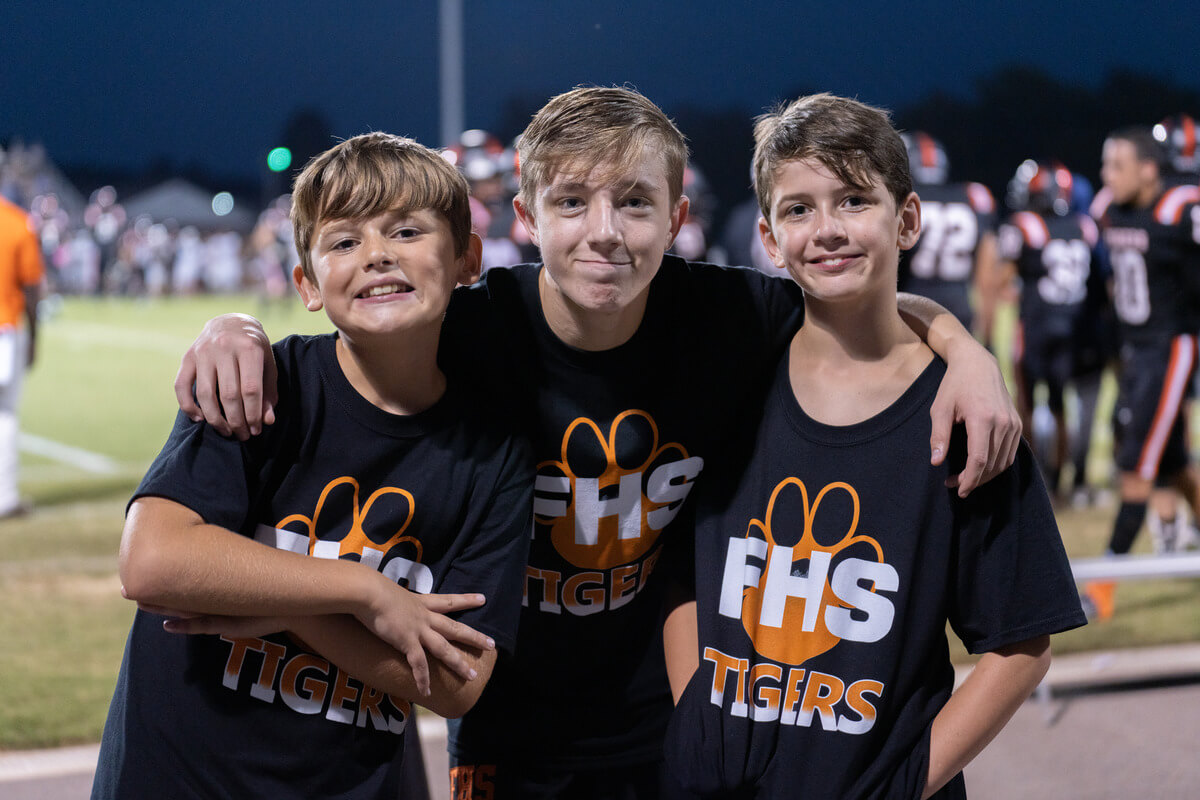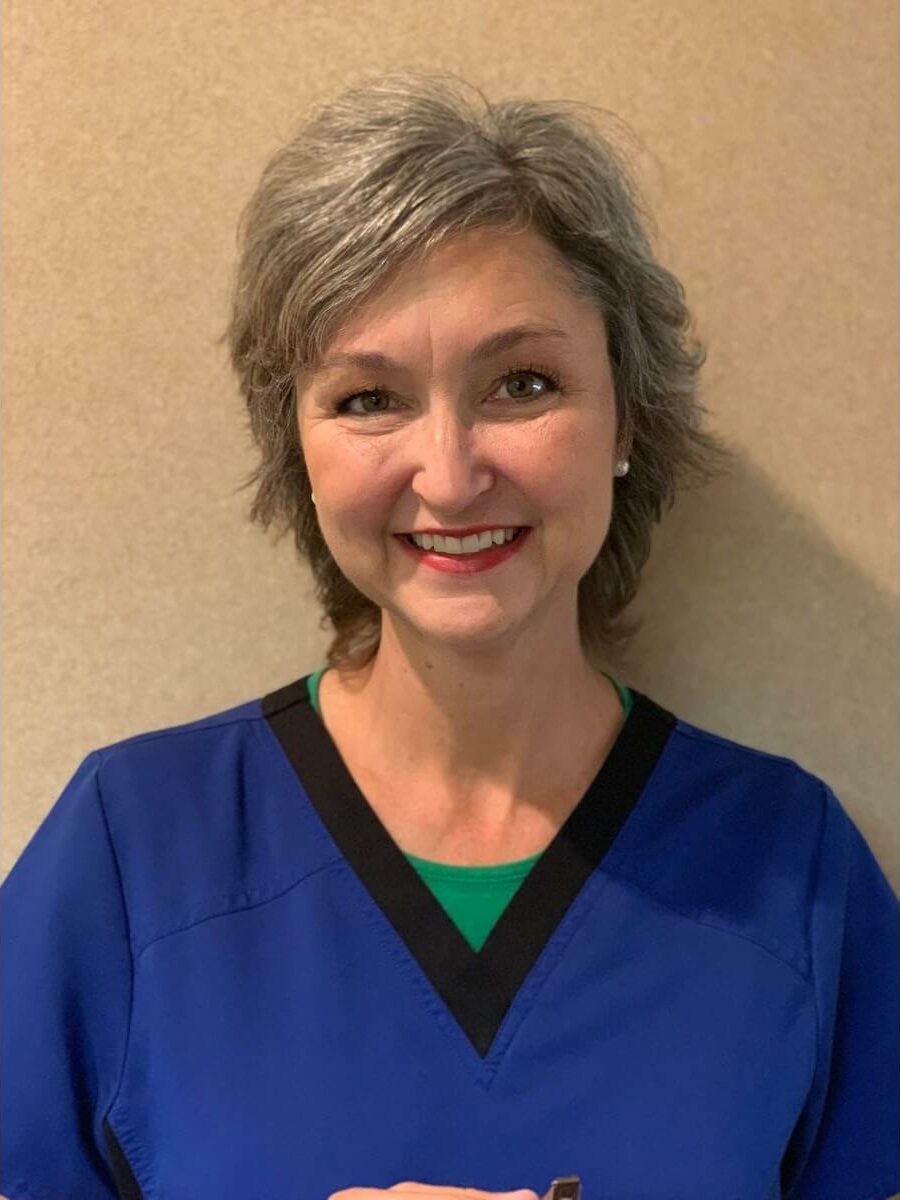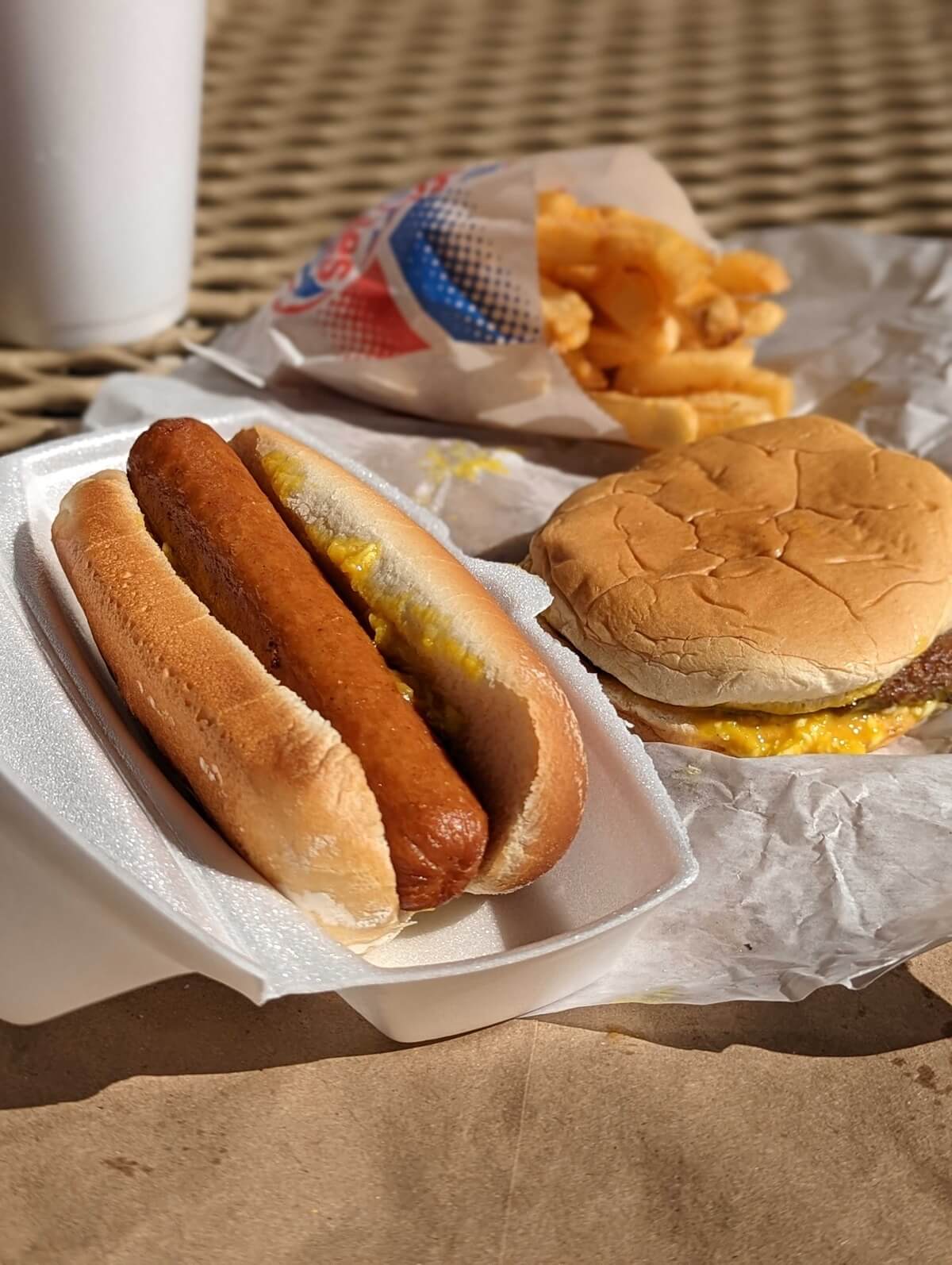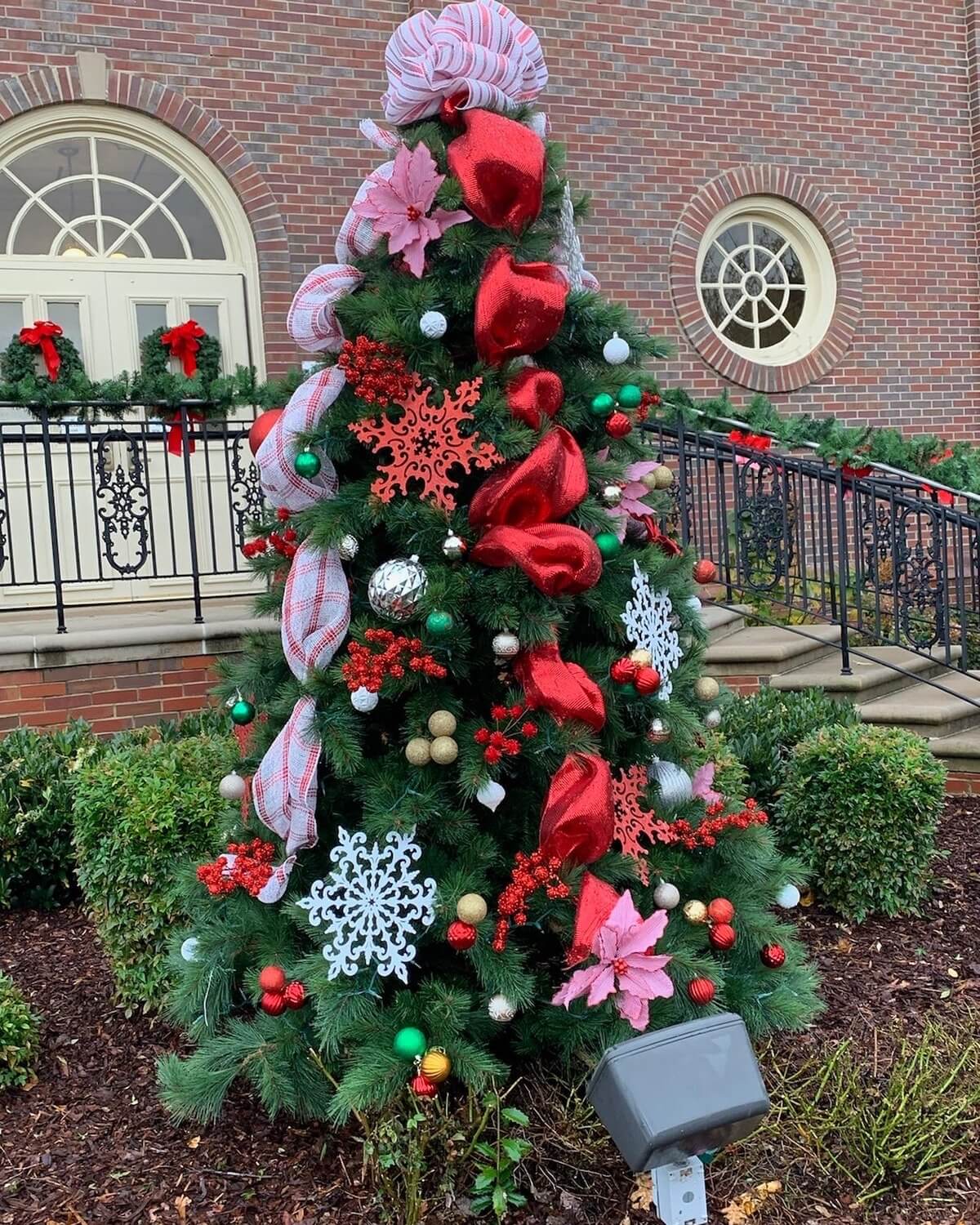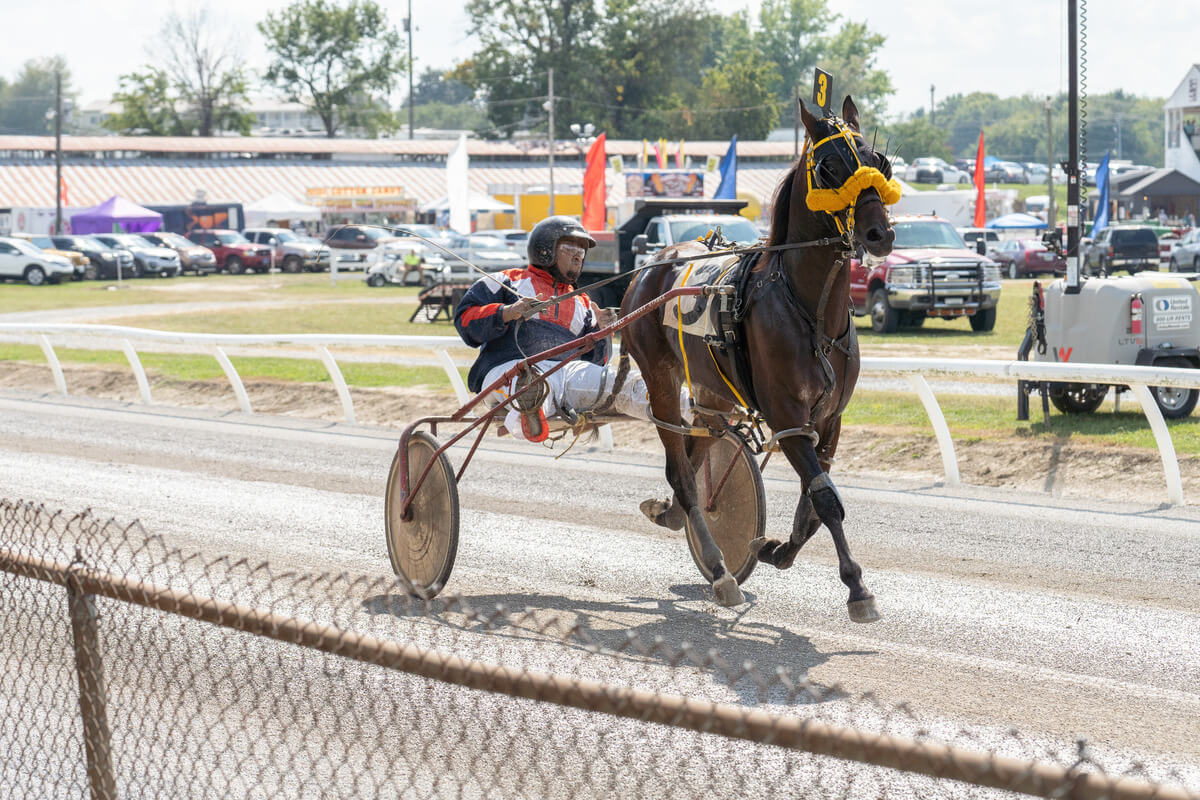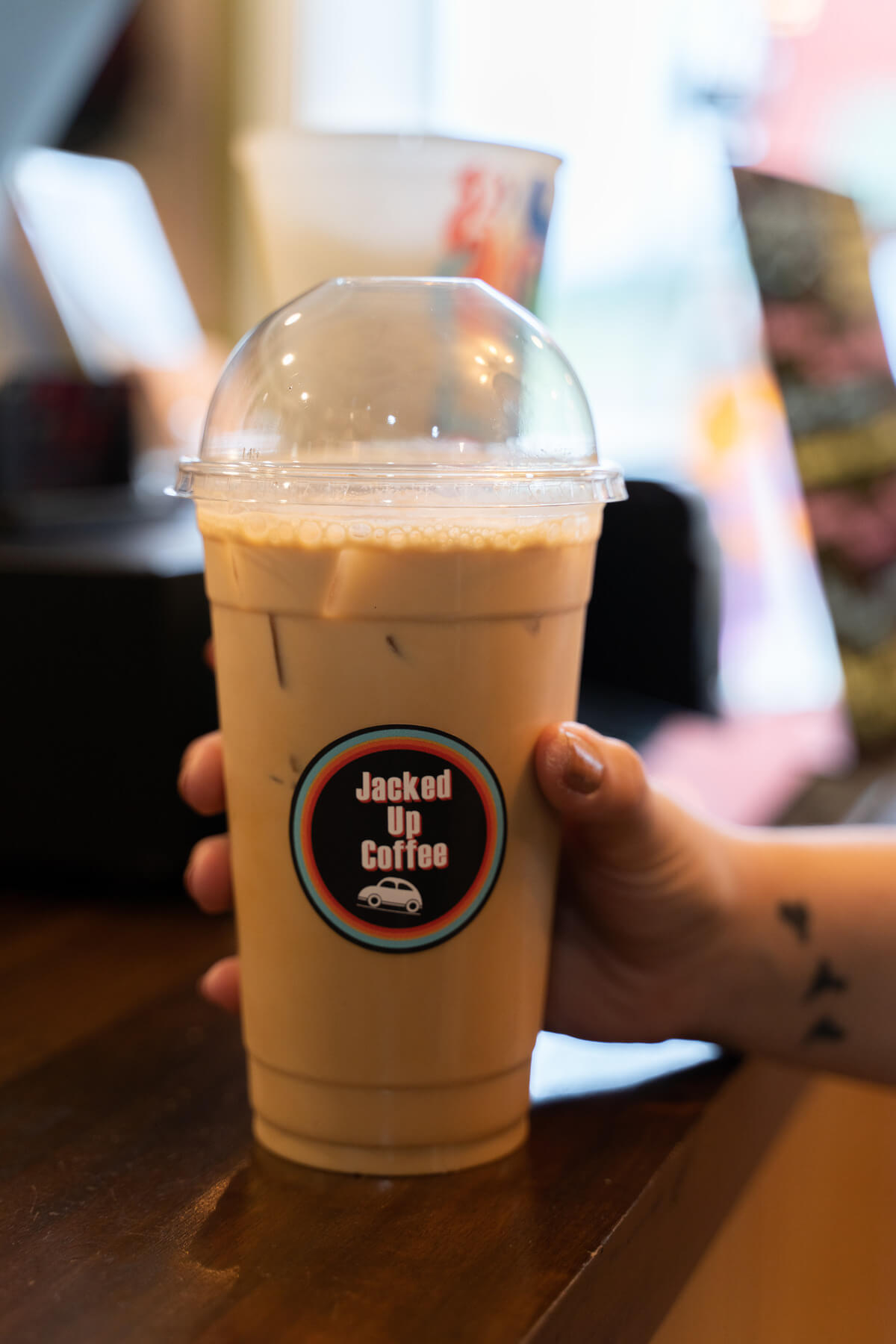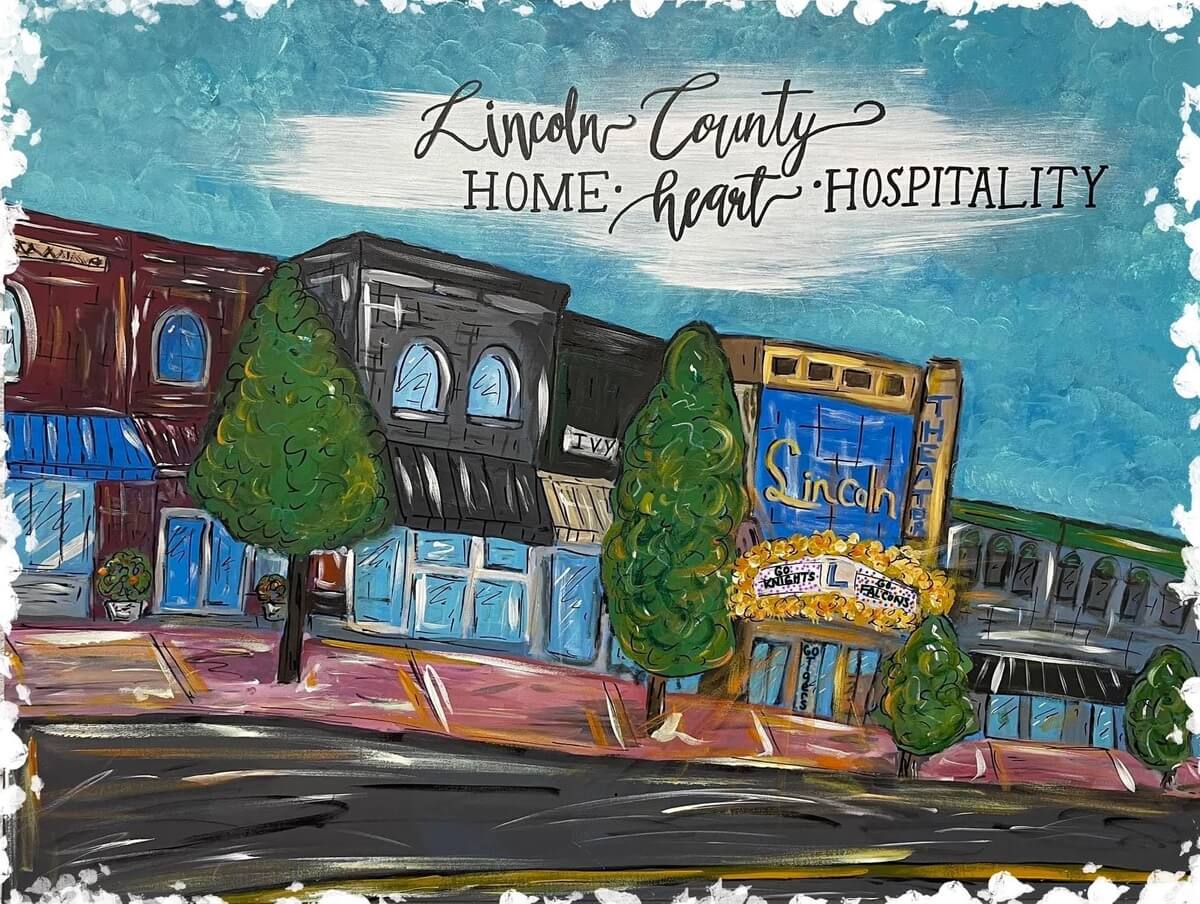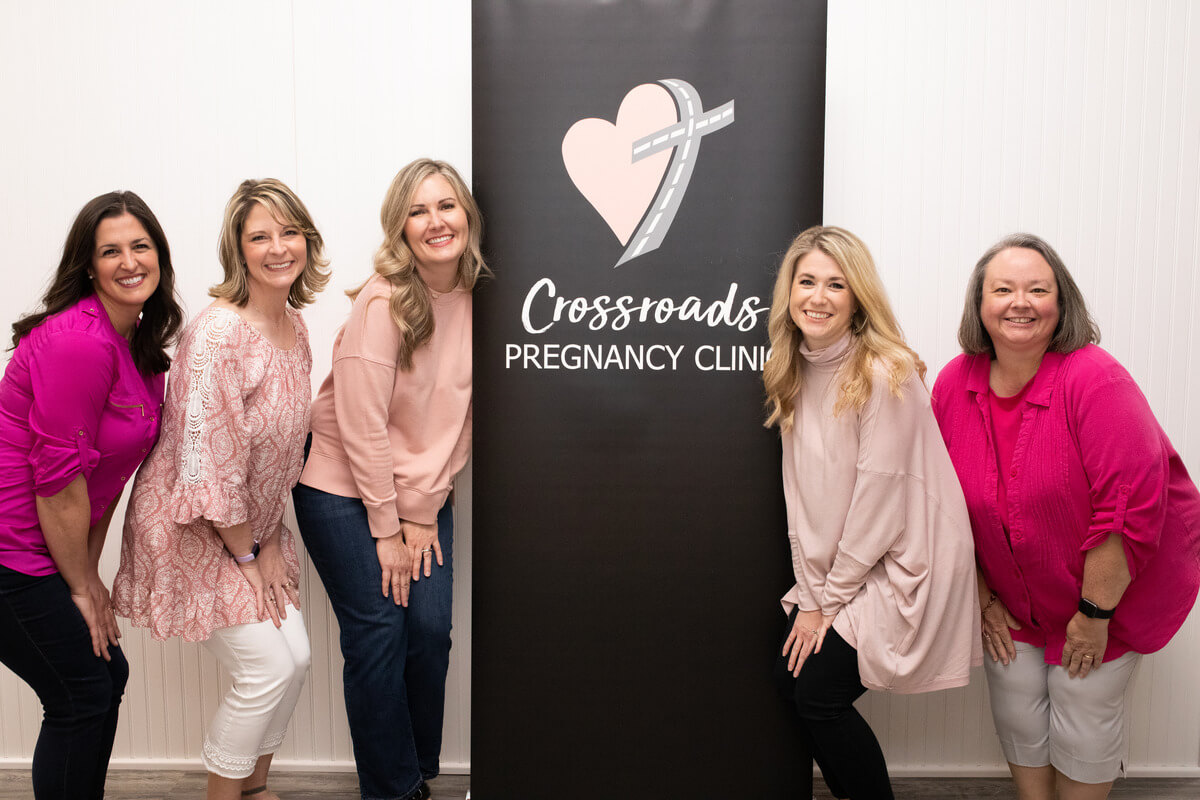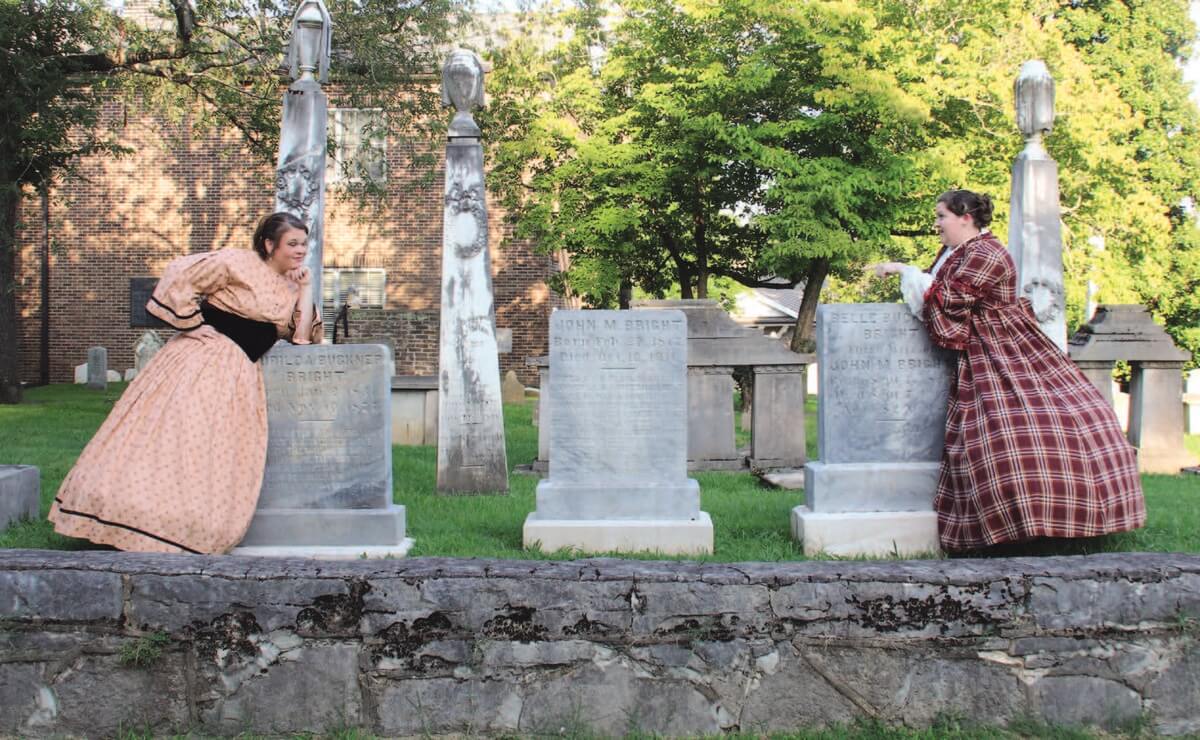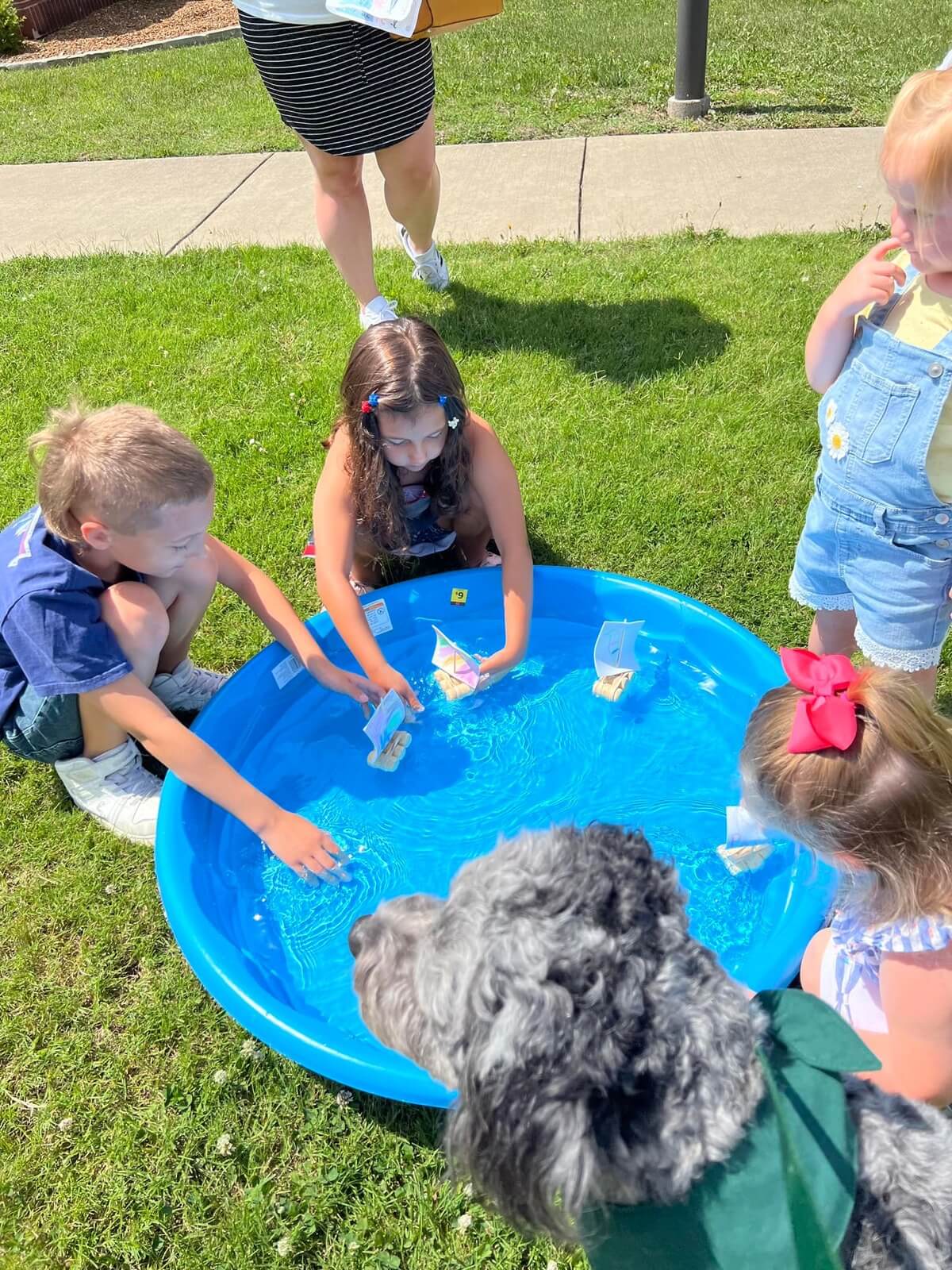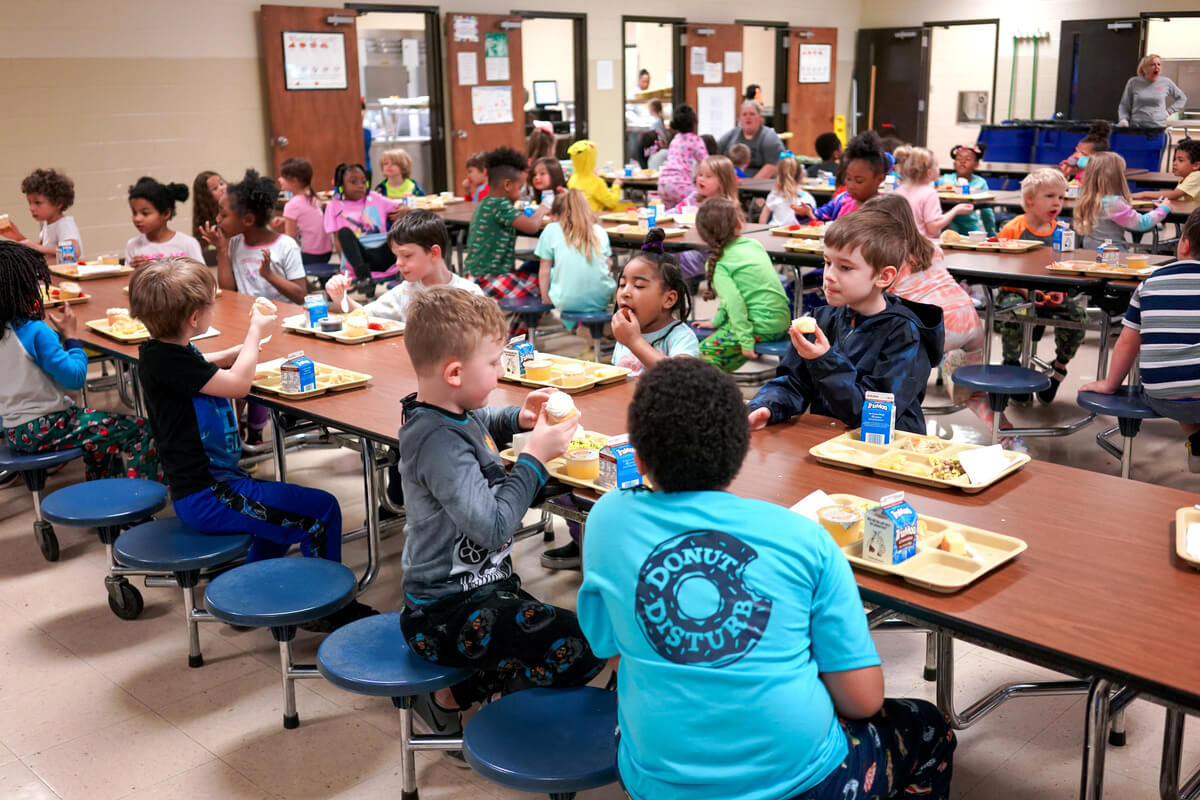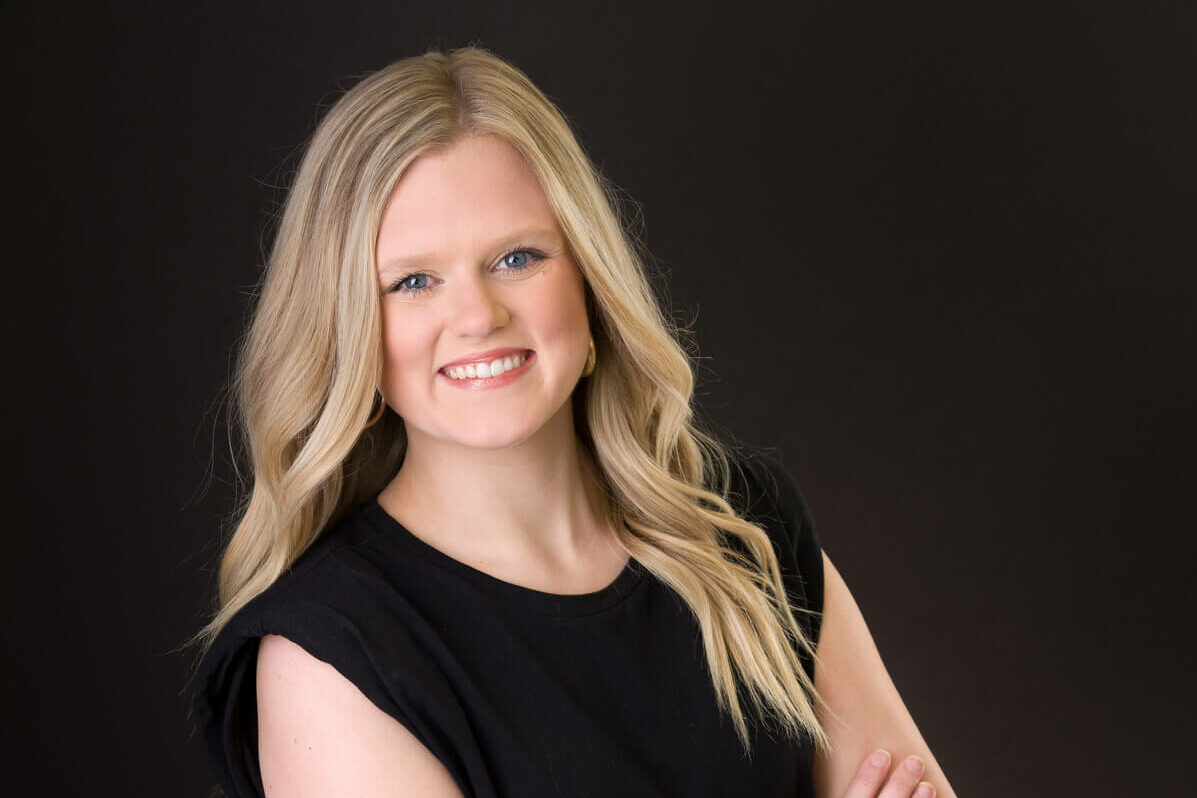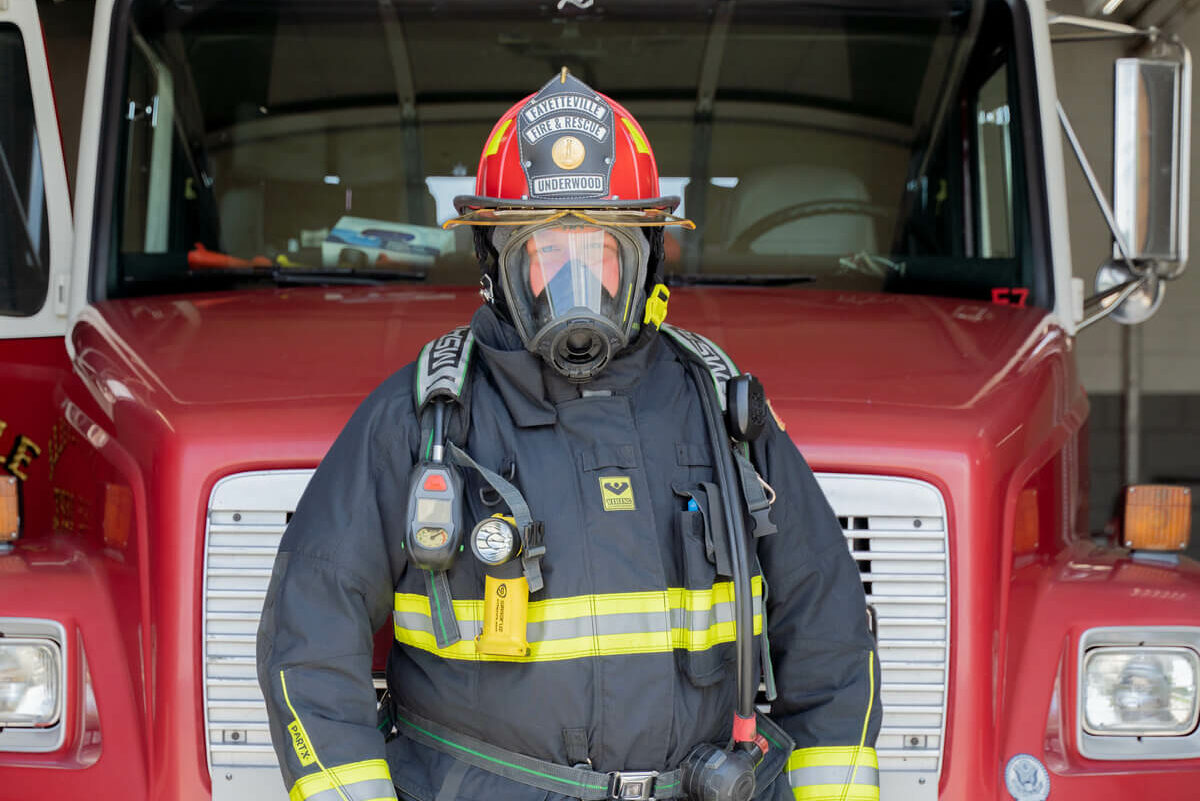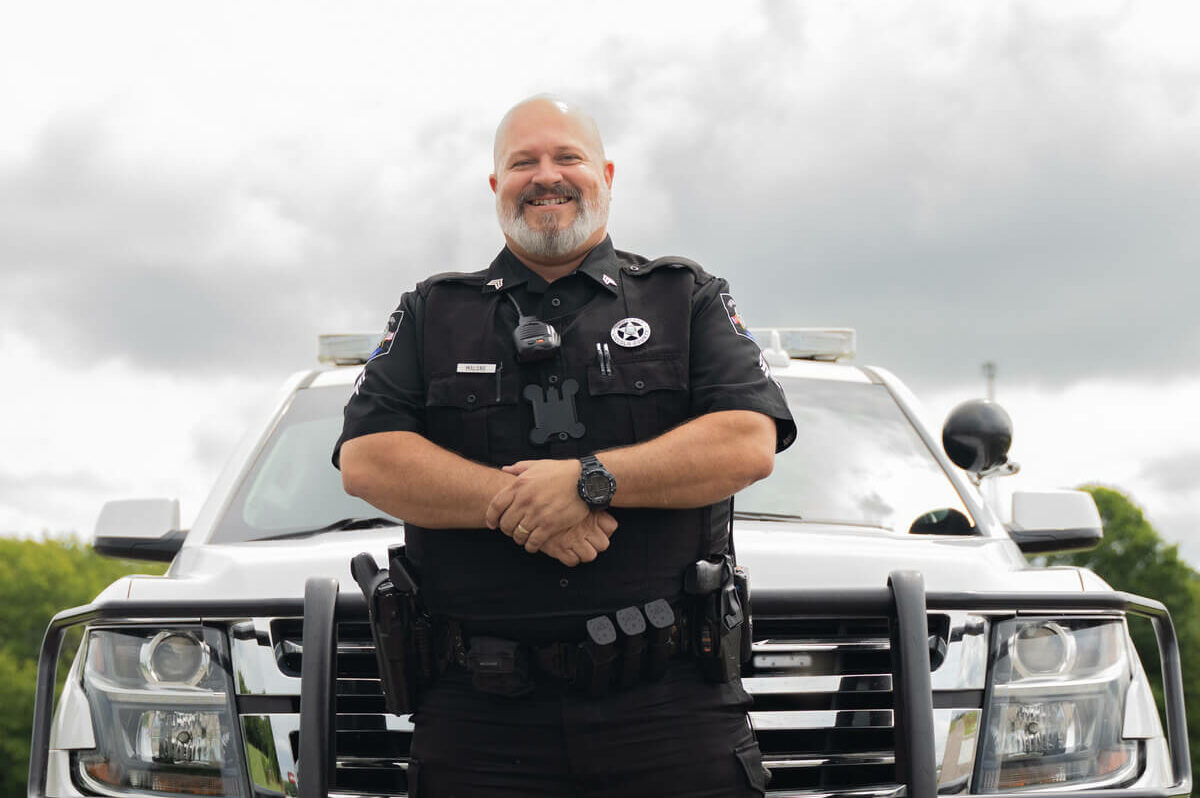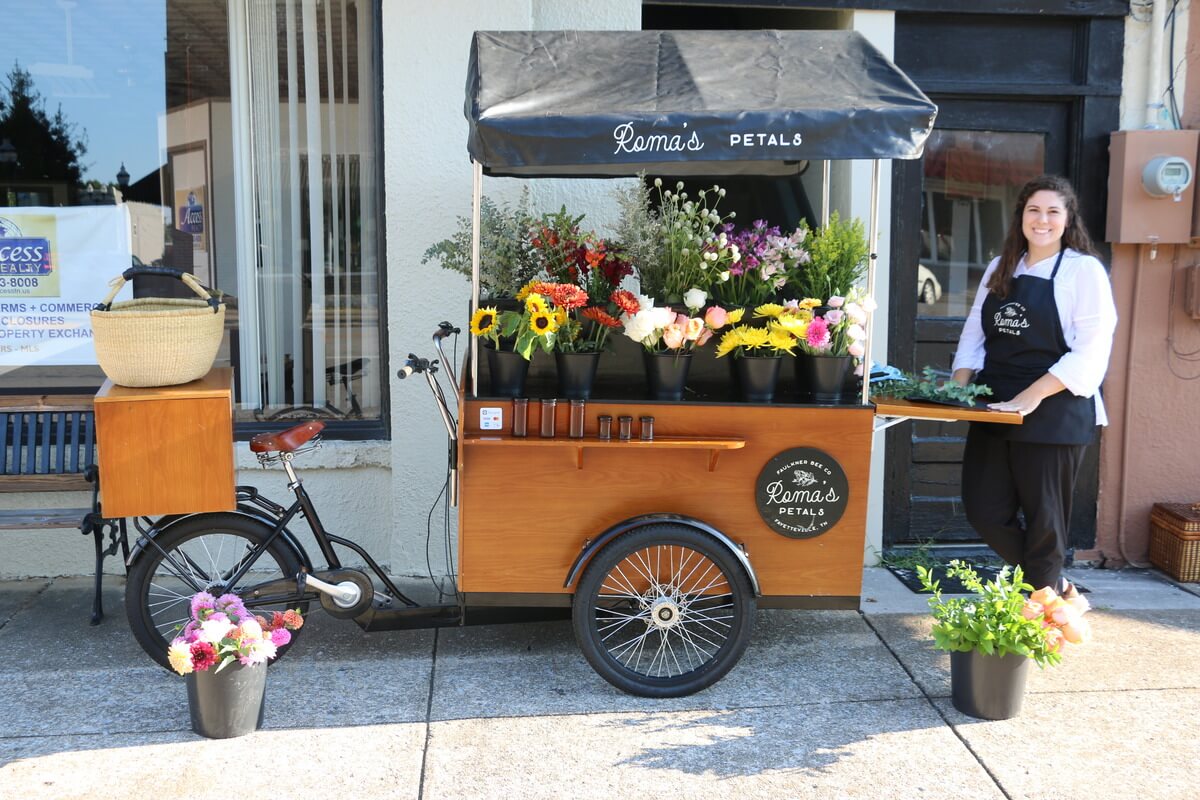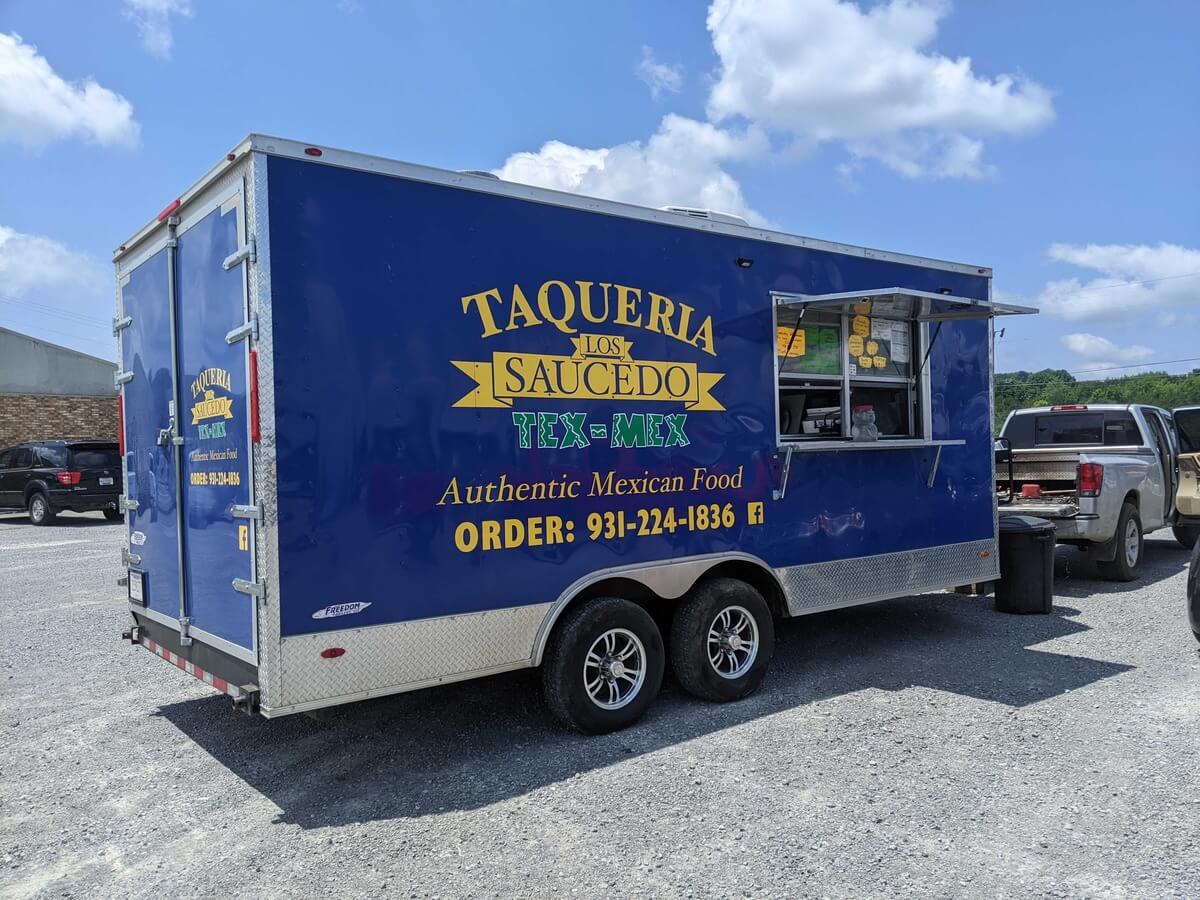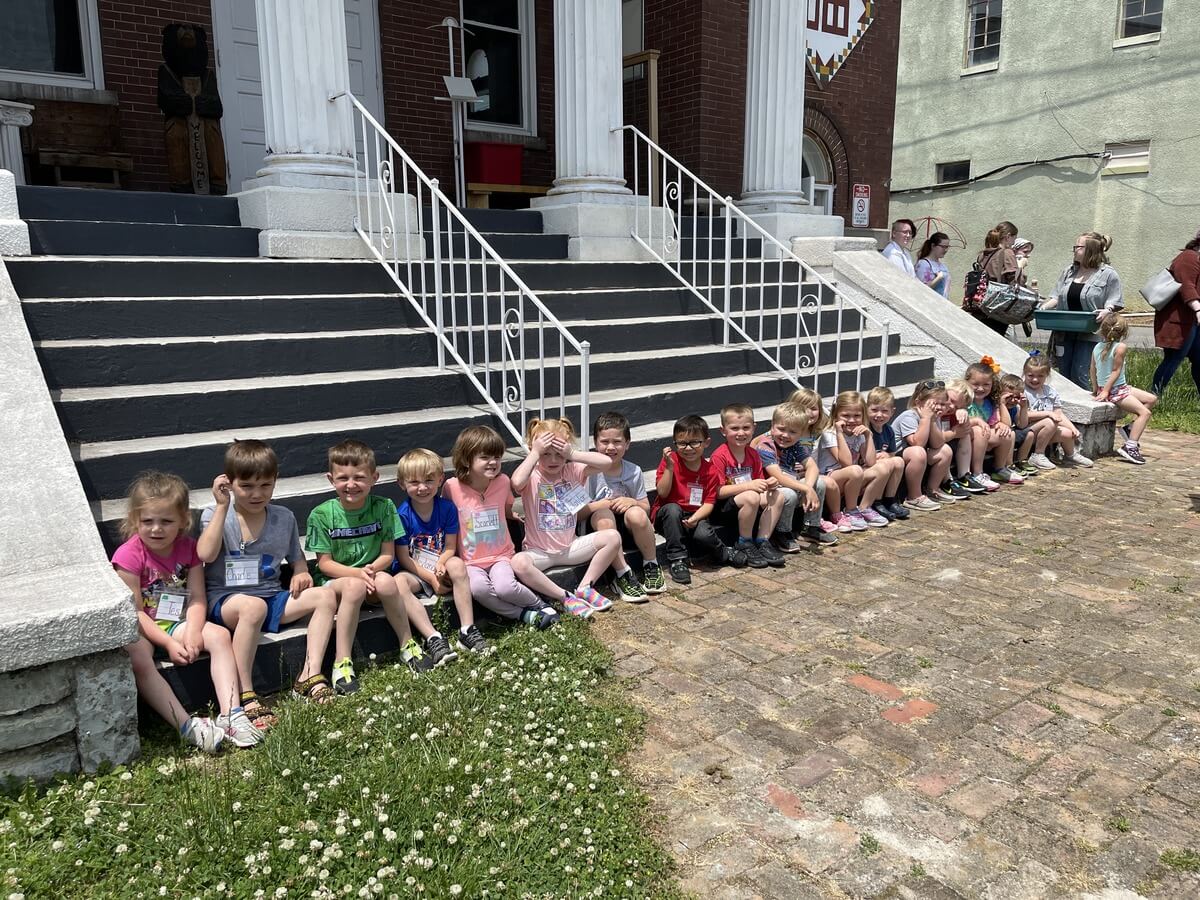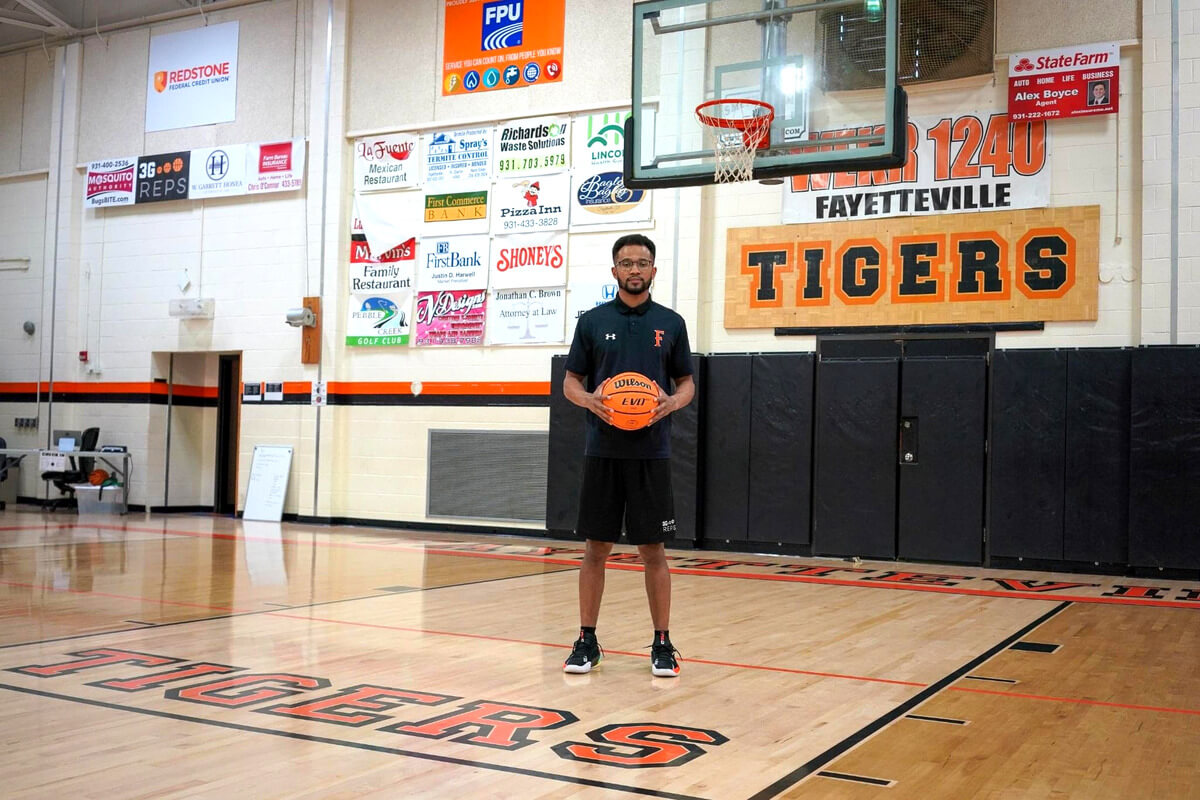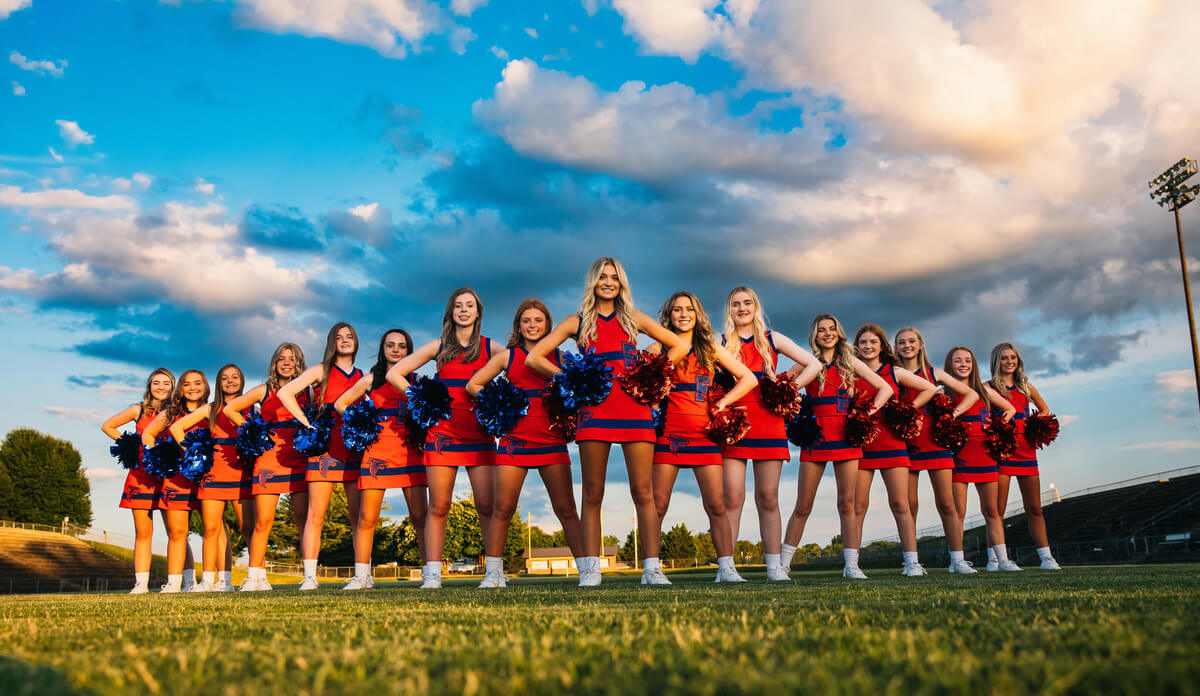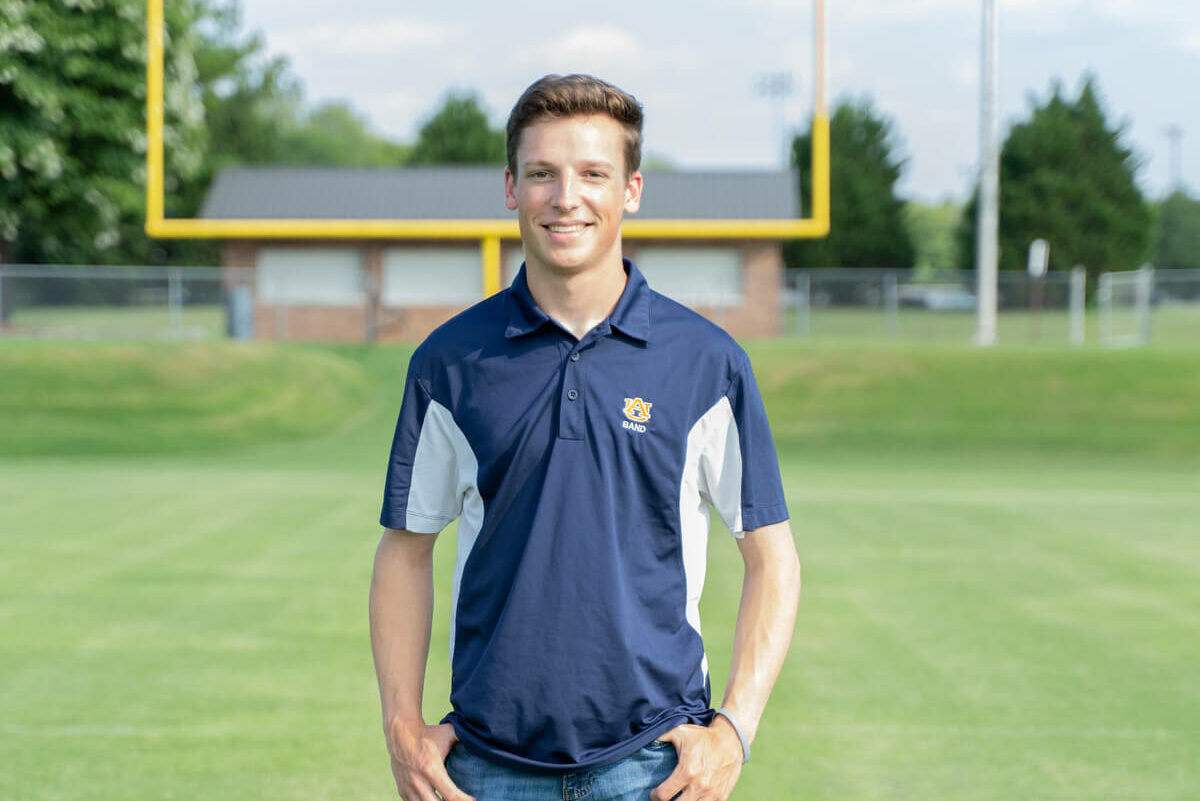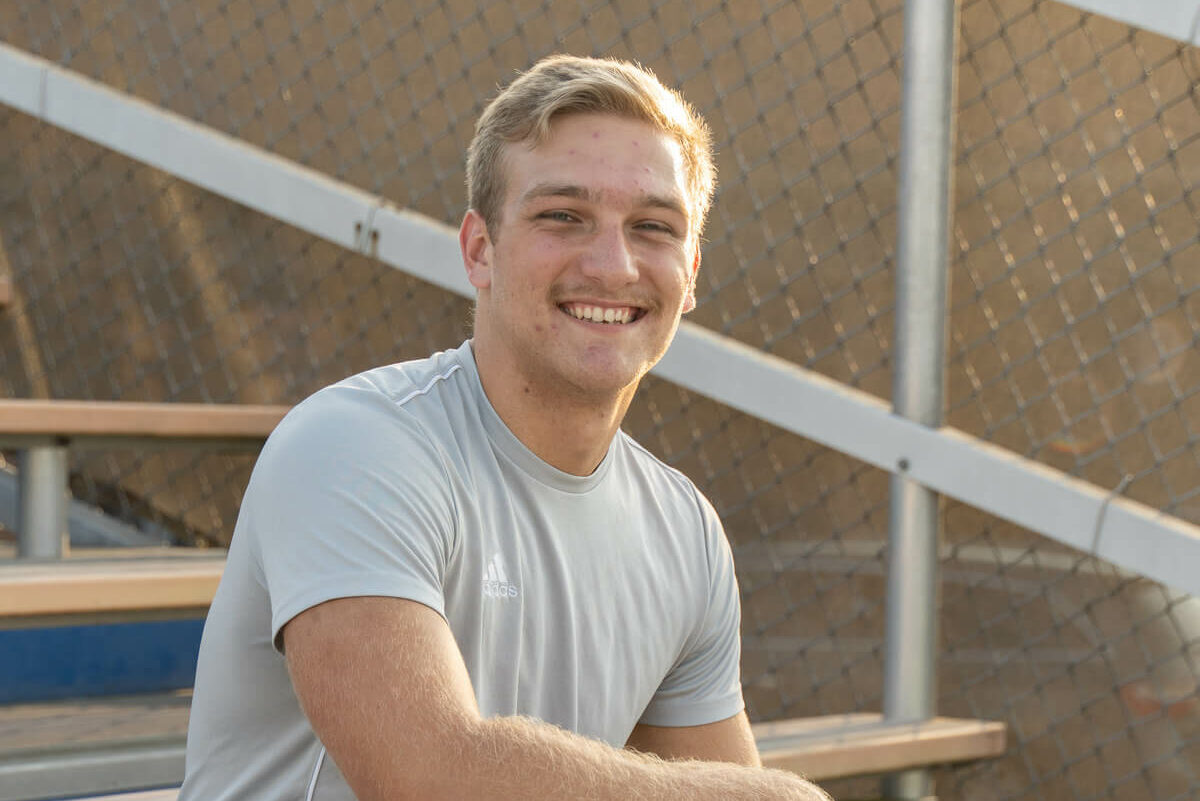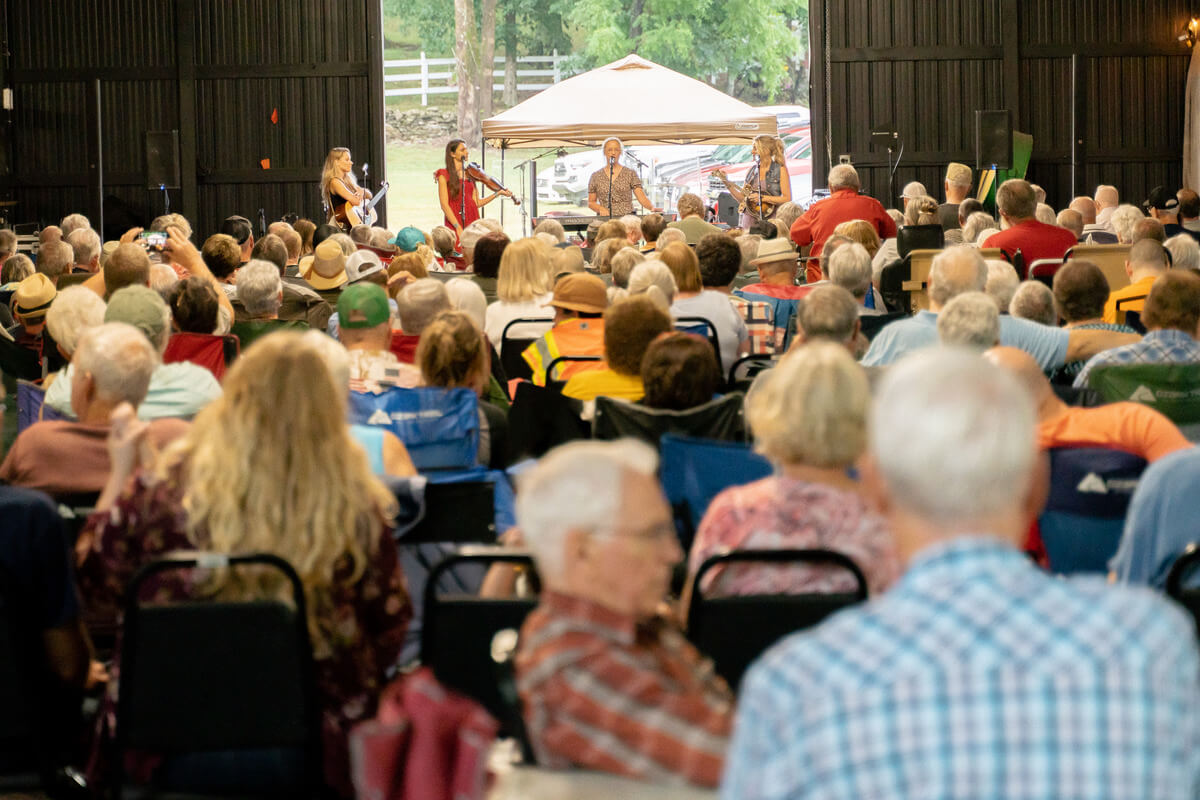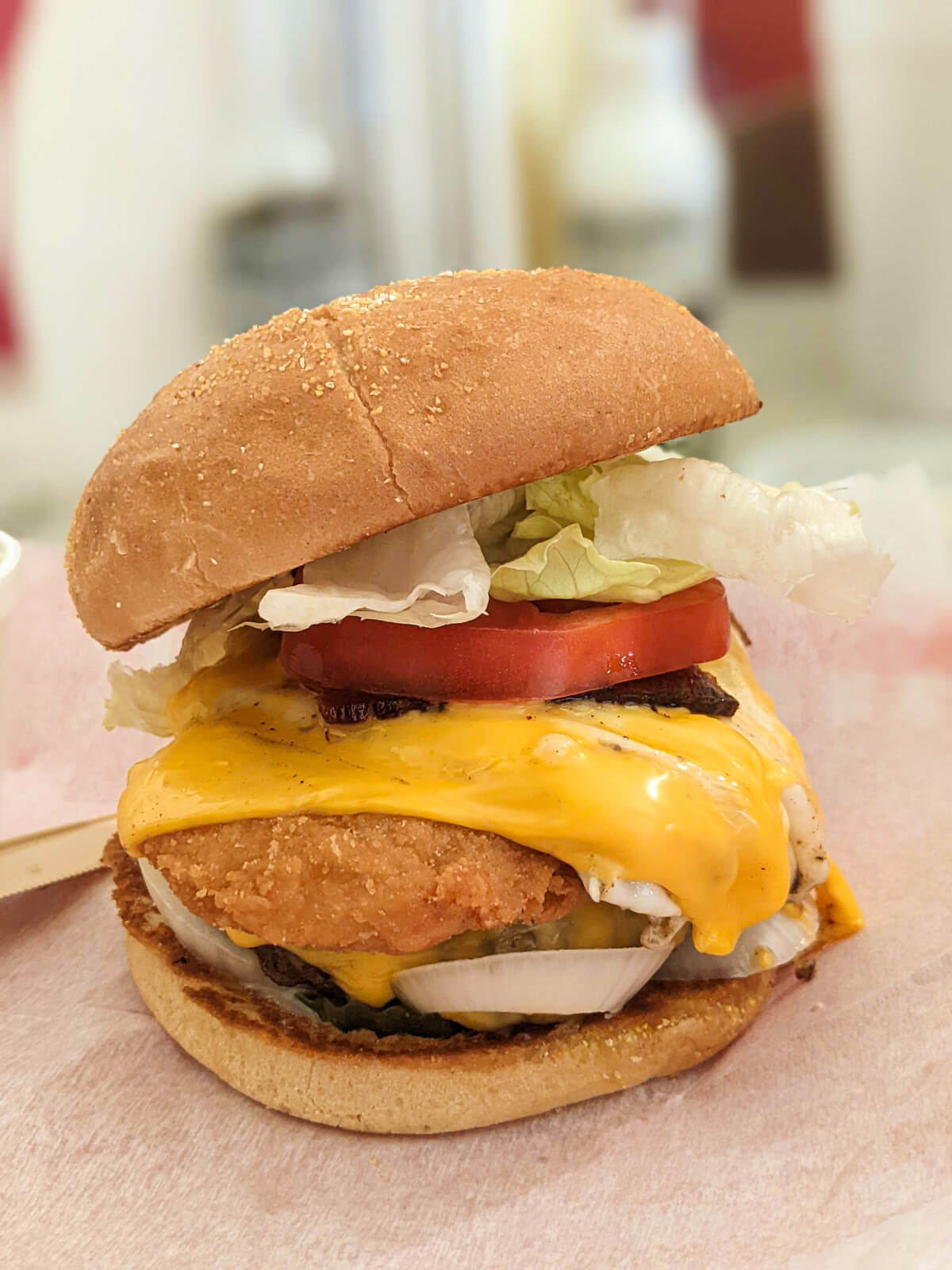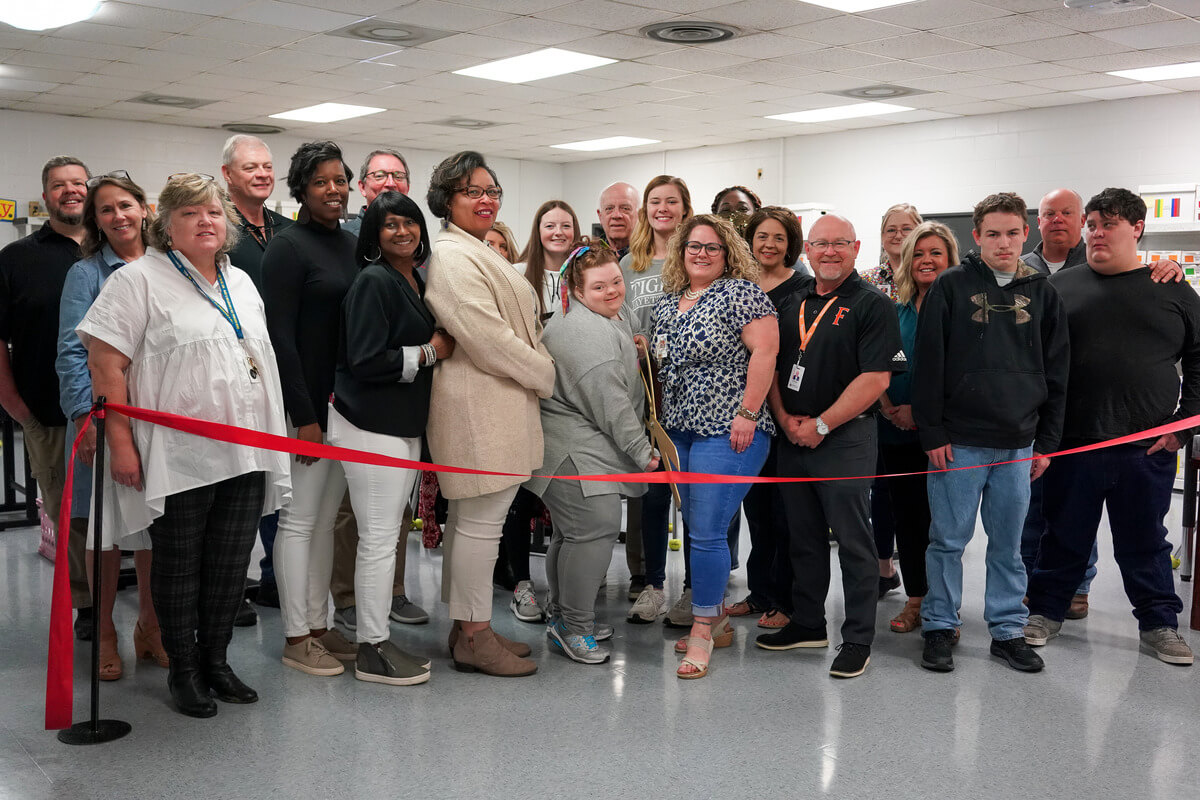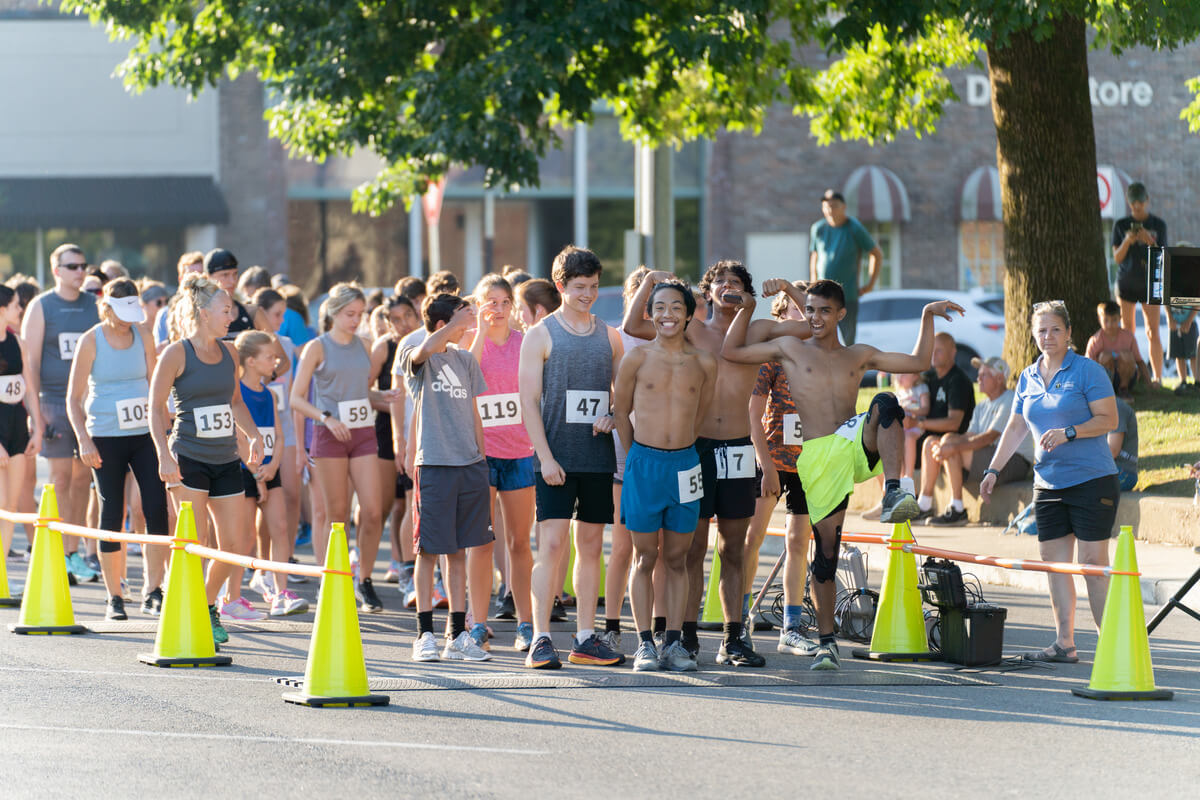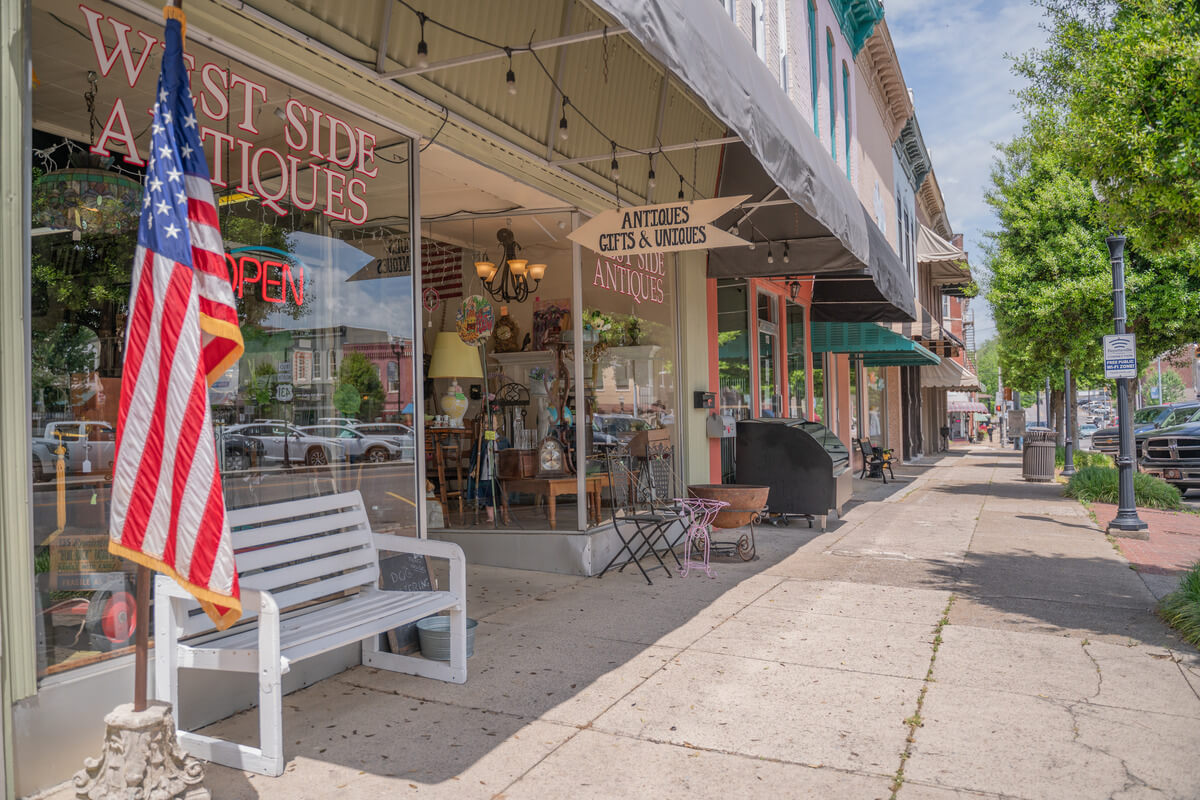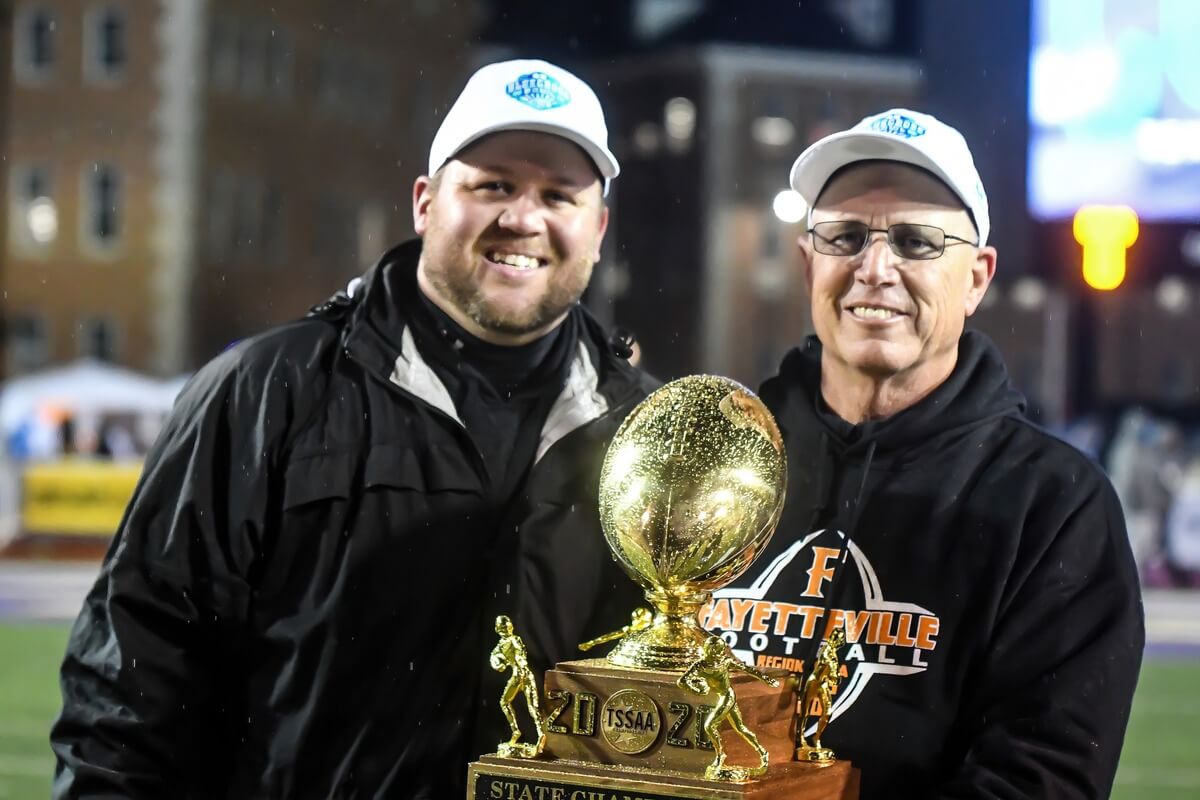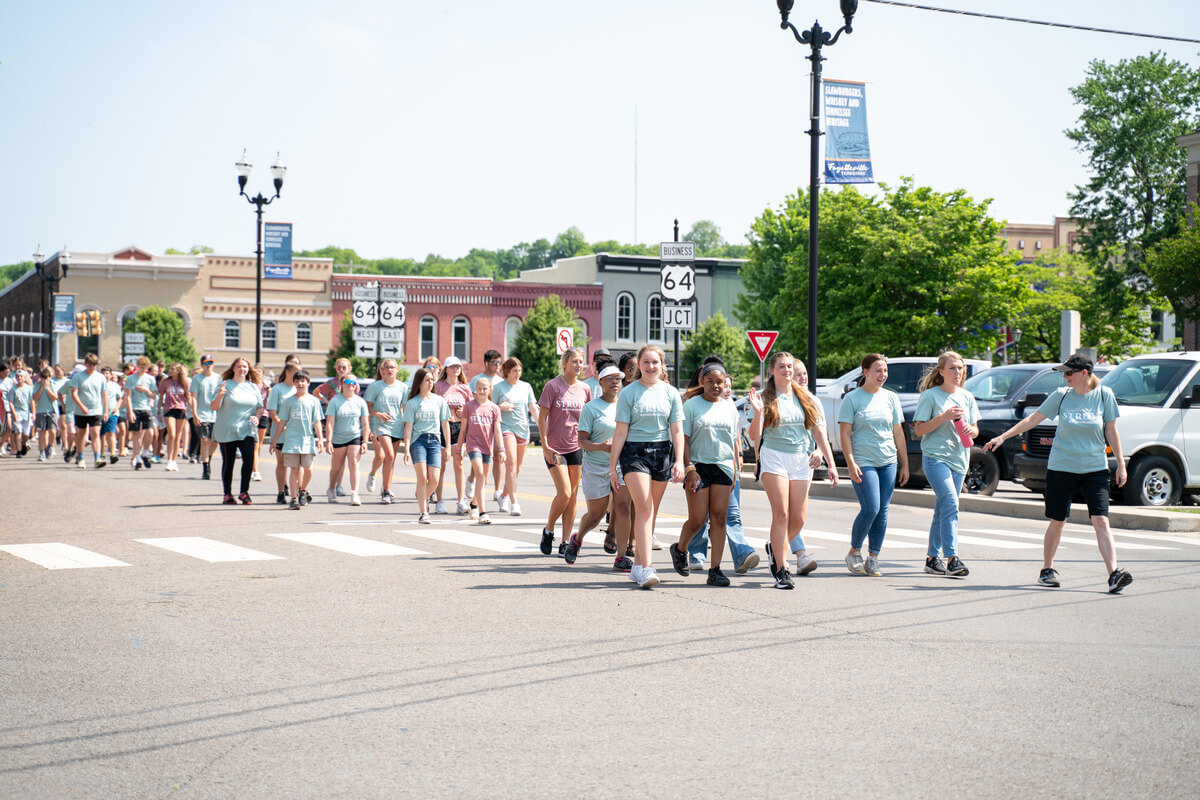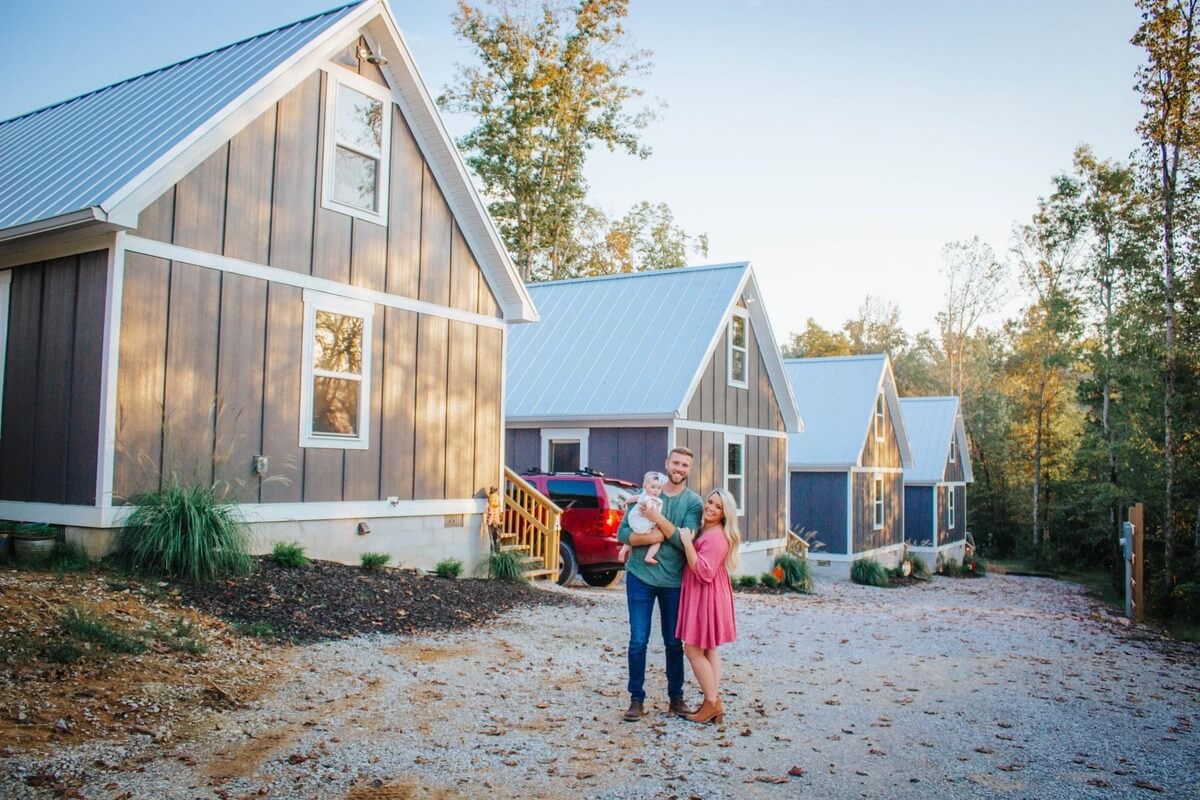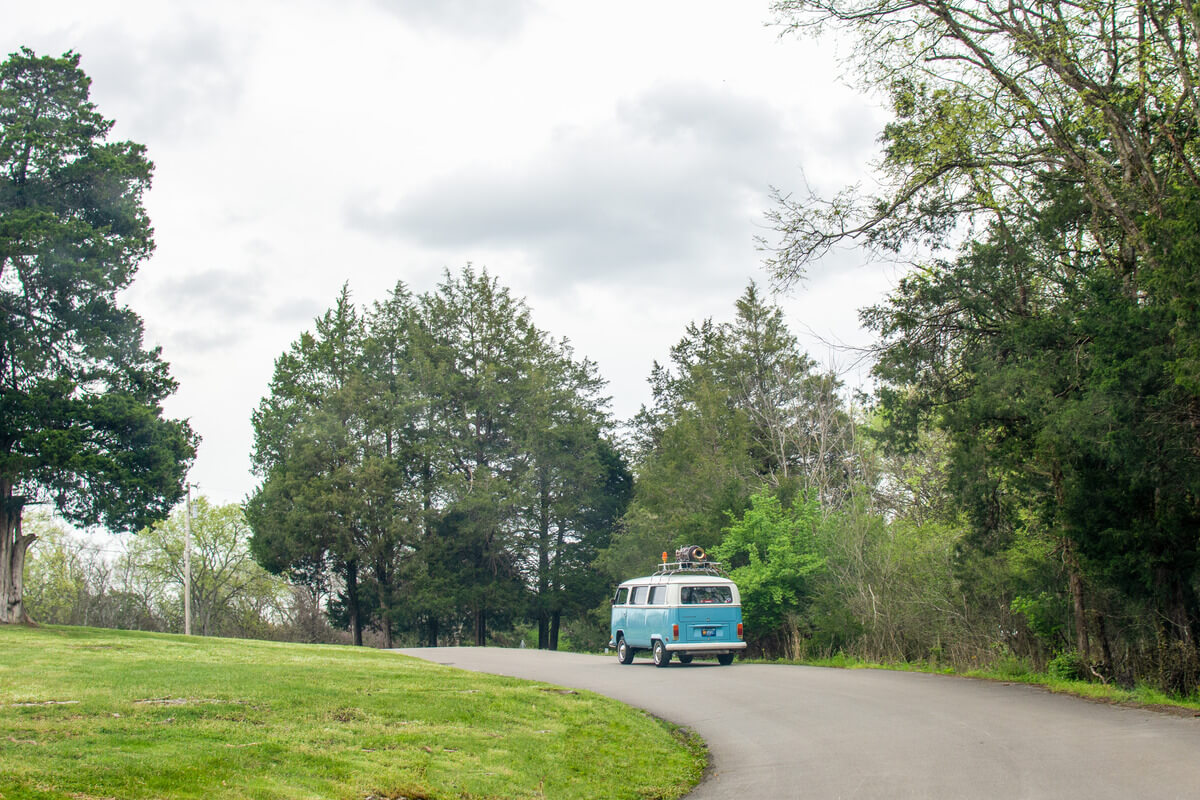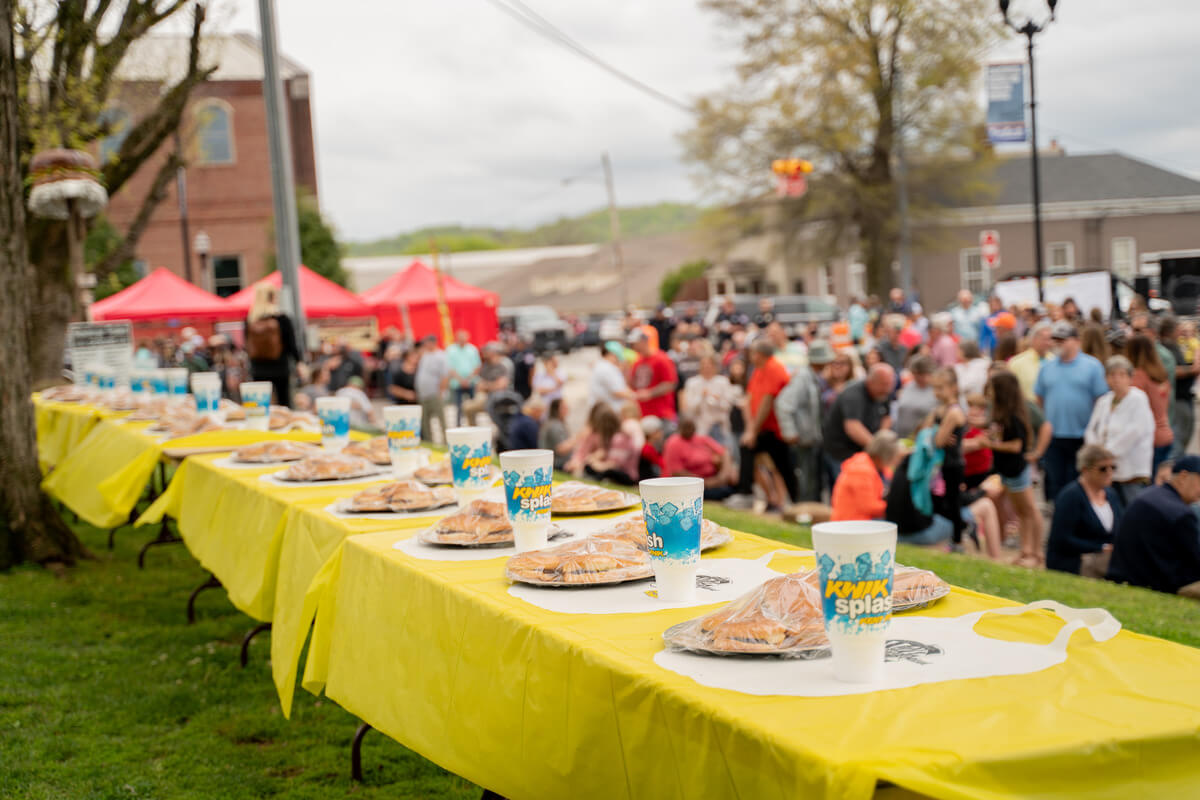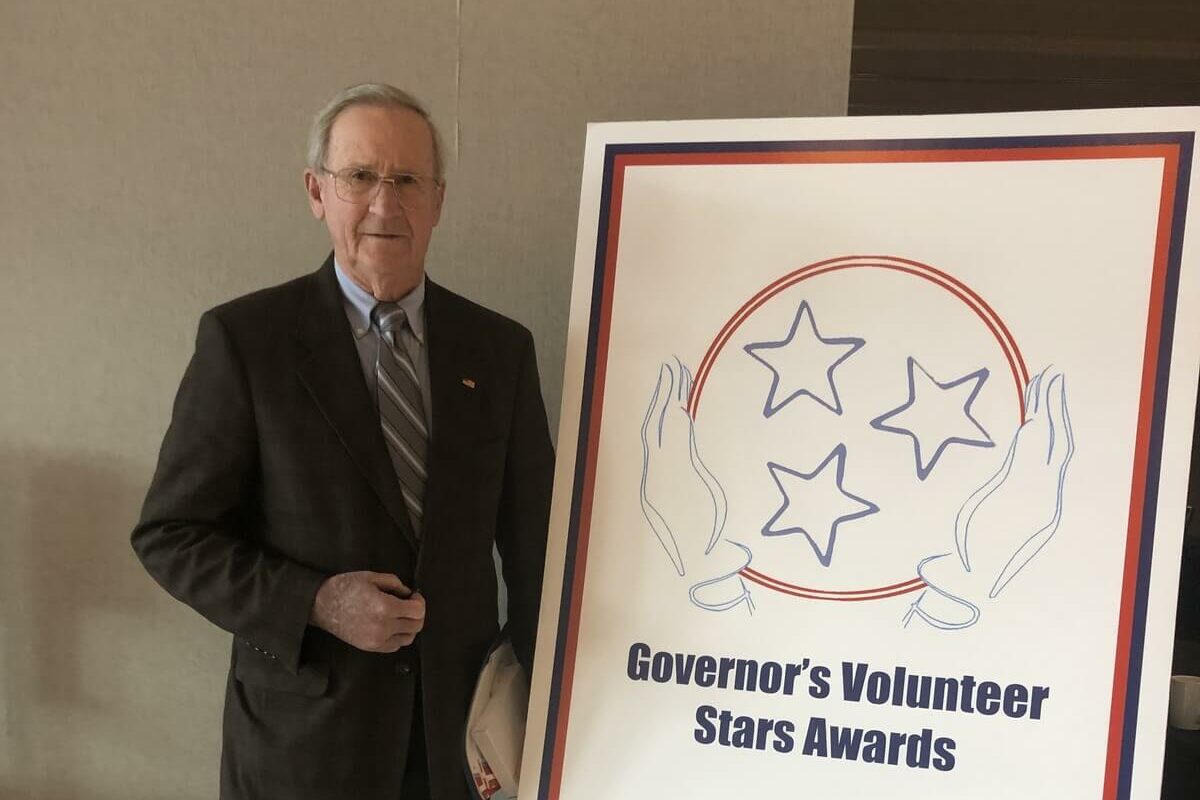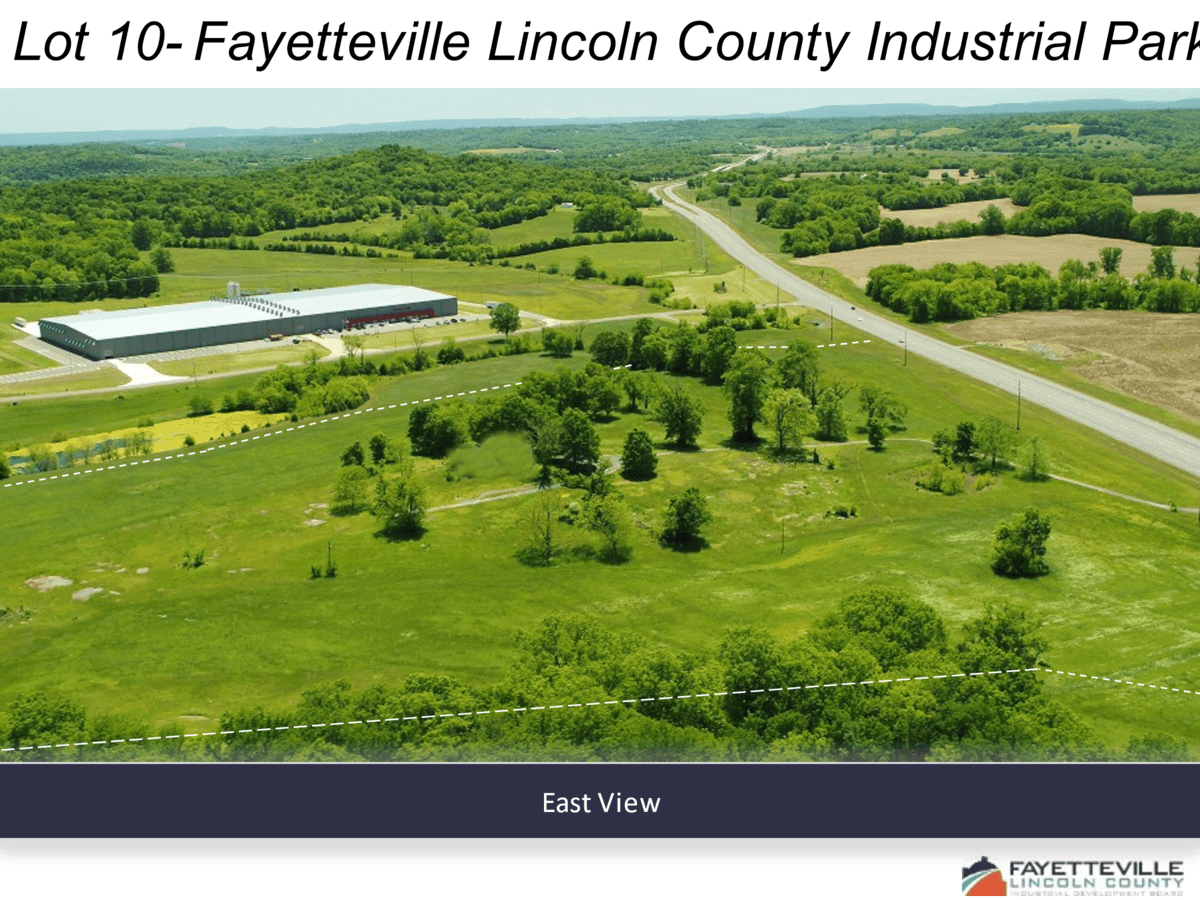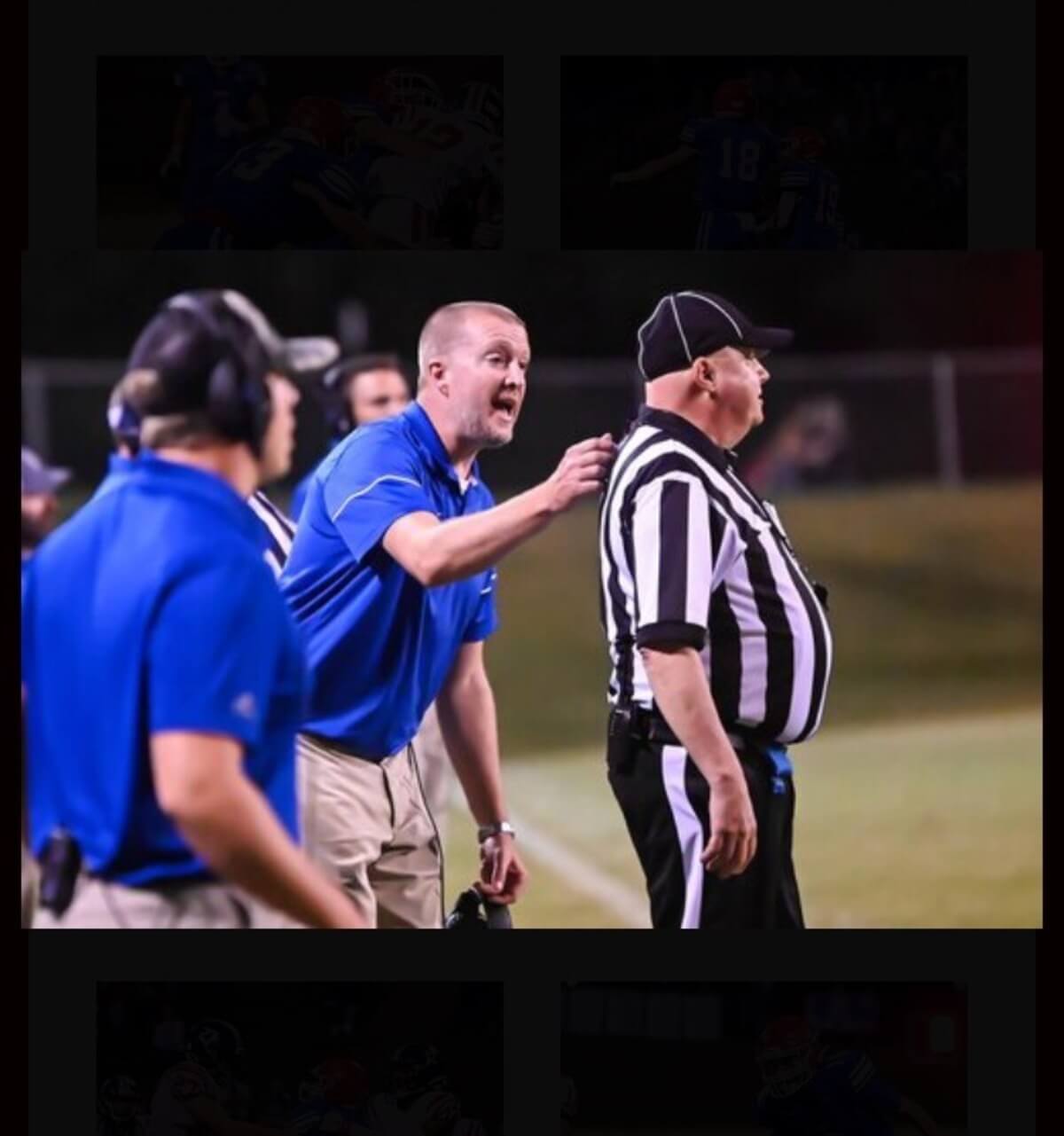DOZENS OF cars — from old classics to Corvettes fresh off the car lot — line The Rock Family Worship Center parking lot. The smell of food trucks permeates the air as people inspect the many craft vendors around the lot. Everyone is there for one purpose — to support a cure for Huntington’s disease.
This year was the ninth annual Cruisin’ For a Cure for Huntington’s Disease, and the car show was undoubtedly successful. The sponsors, donations, and 78 registered vehicles raised around $13,000, all of which went directly to the Tennessee Chapter of the Huntington’s Disease Society of America (HDSA). However, the event is more than just a fundraiser for many involved, including founder Felicia Riner.
Riner became involved in the fight against Huntington’s disease after her husband and two children were diagnosed with the condition. When her eldest was first diagnosed, they became advocates, working to tell people about the disease and trying to be as involved and proactive as they could. As part of that advocacy work, Cruisin’ For a Cure was started. The theme, Riner said, came from her eldest’s passion for cars.
“As a teenager, I never knew what he was going to come home driving. He would literally meet somebody in [a] parking lot, swap titles, and come home with a different car,” Riner said. “So we said, ‘What better way to do this than to have a car show.’”

Cruisin’ For a Cure raises money to fight Huntington’s disease and raises awareness of the disease and its effects.
“We want [attendees] to have a better understanding of this disease because it is so rare,” Riner said. “There [are] only about 41,000 people in the United States that have Huntington’s disease, and only 10% of those have what my boys have — which is the juvenile form.”
Those affected by Huntington’s disease may have slurred speech, stumble, or have mood swings, among other symptoms.
ner said seeing those effects can look a lot like drunkenness but is, in fact, like having Alzheimer’s, Parkinson’s, and Lou Gehrig’s disease all at once. Having a better understanding of such diseases can help people be more compassionate, something Riner said she hopes people learn from attending her event.

“I just want people to have a better understanding [and] to learn to be compassionate — not just for individuals affected by Huntington’s disease but individuals who are facing something,” Riner said. “We’re all facing something — everybody in life has something that they have to deal with — and if nothing else, I just want there to be this awareness of compassion toward each other and what others are going through.”
Many have stepped up and done just that. The car show community has especially gotten involved by helping Riner set up the first event and offering suggestions on how to expand it. Those suggestions have helped Cruisin’ For a Cure grow from 28 cars and $3,000 to what it is today.
Part of that growth has also been due to the event’s sponsors. Cruisin’ For a Cure has many sponsors throughout Fayetteville — some who donate, and some, like Our Place Diner and Bakery, donate a percentage of its sales on the day of the car show. Riner said several of the sponsors have been a part of the fundraiser for years and years.
“We have such an amazing community here in Lincoln County. People have gone above and beyond any of our expectations,” Riner said. “The community that we live in is like [no] other.”
Those sponsors will likely continue to donate for years, as Cruisin’ For a Cure has no intention of ending until a cure is found. In the meantime, people like Riner and communities like Fayetteville keep the fight for compassion and healing alive. GN




